Le Monde Problématique's Public Feed: Willkommen zu meiner Debattenr...
In einem längeren, auch hörbaren Essay für den Deutschlandfunk beschäftigt sich Barbara Sichtermann mit der Kategorie des Natürlichen bzw der Natur in feministischen Diskursen, und zwar von deren Anfängen bis in die Gegenwart hinein. Sie erläutert die vielen guten Gründe, die zur Ausklammerung der Natur aus den Diskussionen um Gleichberechtigung geführt haben, stellt aber auch dar, dass sie in einigen Konzepten doch unausgesprochen weiter existierte. Die vielen, noch immer existierenden Ungerechtigkeiten in den Geschlechterverhältnissen sollten nachdenklich machen, so Sichtermann. Die Kategorie der Natur sinnvoll in die feministische Theorie einzubetten sei eine echte Chance, deren Wirksamkeit zu erhöhen, so der Appell der Autorin.
In Ihrer Kolumne für die Neue Züricher Zeitung kritisiert Claudia Wirz den etatistischen Grundton der „postmodernen Frauenbewegung“, welcher sowohl bei der politischen Linken als bei Liberalen absoluter Konsens sei. Sie schreibt: „Man zelebriert zwar Diversity, praktiziert aber die Einheitsmeinung. Frauenquoten, mehr Subventionen für Kitas, Lohnkontrollen und Vaterschaftsurlaub – diesen Kanon der Staatseingriffe beherrschen Wirtschaftsfrauen genauso gut wie Gewerkschaftsfunktionärinnen. […] Dem linksfeministischen Etatismus ist es gelungen, die Inhalte der postmodernen Frauenbewegung weitgehend zu monopolisieren. Die politische Vielfalt in der organisierten Frauenpolitik verkümmert zusehends, ‚dissidente‘ Stimmen, die Lösungen lieber in der Eigeninitiative als im Staat suchen, werden zur Ausnahmeerscheinung. Das ist erstens ziemlich langweilig. Und zweitens eine schlechte Nachricht für eine lebendige Demokratie“, so die Auffassung Wirz‘.
Die extreme Spaltung der amerikanischen Gesellschaft sei nicht allein auf die polarisierende Politik ihres Präsidenten zurückzuführen, so Michael Sommer in seinem Essay, welches der Cicero vor wenigen Tagen veröffentlicht hat. Er gibt der linken Identitätspolitik eine Mitschuld an den politischen Verhältnissen: „Der Politikwissenschaftler Mark Lilla hat demonstriert, wie der identitätspolitische Empowerment-Furor Amerikas Linke gleich dreifach in die Aporie führt: erstens, weil das Einfordern von Minderheitenrechten mit geradezu religiöser Inbrunst von den realen sozialen und ökonomischen, die Gesellschaft durchziehenden Konfliktlinien ablenkt; zweitens, weil die Identitäten der neuen Stämme von LGBT, Muslimen, vor allem aber People of Color tatsächlich nur die Fremdzuschreibungen, Stereotype und Etikettierungen spiegeln, gegen die sie sich zu richten vorgeben; und drittens, weil die identitätspolitische Tribalisierung der Minderheiten einen identitätspolitischen Backlash der noch-Mehrheit provoziert: der weißen Mittelschicht also, die sich in ihren Vororten räumlich schon seit geraumer Zeit segregiert hat und die sich jetzt auch innerlich aus der Nation abmeldet.“ Donald Trump habe dann mit einer „Identitätspolitik von rechts“ reagiert. Sommer munkelt gegen Ende seines Beitrags, dass auch in Deutschland amerikanische Verhältnisse drohen könnten: „Denn auch bei uns versprüht die Identitätspolitik ihr ätzendes Gift“, so Sommers fetziger Schlusssatz.
Die Internet-Plattform Parteon bietet Kreativen die Möglichkeit, sich durch regelmäßige Mini-Überweisungen von Unterstützern finanzieren zu lassen. Sowohl die Kunstkritikerinnen von @thewhitepube als auch der Künstler Brad Troemel nutzen die Plattform, um nur zwei prominente Beispiele aus der zeitgenössischen Kunst zu nennen. Jack Conte, selbst Musiker und Videoproduzent, ist einer der Gründer und Chef von Patreon. Im Interview mit Christoph Koch, welches brand eins veröffentlicht hat, spricht er über die besonderen Chancen, welche seine Firma Kreativen unter den aktuellen Bedingungen biete. Das Modell von Patreon beschreibt er folgendermaßen: „Wir haben eine Lücke geschlossen: Früher gab es zum einen das Transaktionsmodell: Man kauft sich ein Buch oder eine Eintrittskarte. Und es gab das Prinzip Spende: Man warf dem Straßenkünstler eine Münze in den Hut. Patreon liegt dazwischen. Nehmen wir einen Podcaster, der jeden Monat vier Folgen veröffentlicht. Drei davon sind frei zugänglich, die vierte gibt es nur für Förderer. Es gibt Leute, die sich über die Gratisfolgen freuen und nichts bezahlen. Und es gibt welche, die nur deshalb zahlen, weil sie unbedingt die vierte Folge hören wollen. Es gibt aber auch eine Gruppe, die zahlt, weil sie den Podcast gut findet und weiß, dass er dauerhaft nur möglich ist, wenn es genügend Förderer gibt. Anders als bei einer Spende ist also durchaus Eigennutz der Unterstützer dabei. Aber es ist nicht der klassische Deal Geld gegen Ware.“
Bernhard Pirkl bespricht für jungle.world zwei aktuelle Dokumentarfilme, welche sich seiner Auffassung nach der Firgur des „Edgelords“ anzunähern versuchen, und zwar aus recht unterschiedlichen Richtungen. Ein Edgelord sei, so der Autor, ein „[…] habituelle[r] Provokateur, der sich gern nihilistisch äußert und dessen Habitat vor allem, aber eben nicht nur soziale Medien sind.“ Im Film „TFW No GF“ (The feeling when no girlfriend) gehe es um „[…] eine Generation von vornehmlich männlichen Mittzwanzigern, deren Existenz maßgeblich von Einsamkeit, Entfremdung und nicht zuletzt materieller Not gekennzeichnet ist“, so der Autor. „Die Regisseurin Alex Lee Moyer streut einige mehr oder weniger subtile Hinweise ein, die folgende Deutung nahelegen: In Ermangelung legitimer kultureller Kanäle, durch die sie ihrem Leiden Ausdruck verleihen könnten, bilden diese jungen Männer ihre eigene Subkultur, die in einer avantgardistischen Tradition steht, der Transgression schon immer das Mittel der Wahl war – mit Punk als nächstem, mittlerweile kanonisiertem Verwandten.“ Die zweite, von Pirkl besprochene Produktion ist ein Portrait des Künstlers Jordan Wolfson, dessen künstlerische Arbeit als auch dessen persönliche Äußerungen regelmäßig für Diskussionen sorgen würden (Nochmalige Empfehlung an dieser Stelle: „Jordan Wolfson’s Edgelord Art“, ein Portrait des Künstlers von Dana Goodyear für den New Yorker ). Die nihilistischen Überschreitungsstrategien der Edgelords hätten sich totgelaufen, so Pirkl: „Dass diese beiden Dokumentationen gleichzeitig erschienen sind, legt jedenfalls insgeheim Zeugnis ab von der Erschöpfung eines diffusen gegenhegemonialen Stils, der letztlich nicht recht weiß, was er will. Das Alte mag vielleicht sterben, aber das Neue nicht zur Welt kommen.“
Im österreichischen Skiort Ischgl haben sich zu Beginn der Corona-Pandemie vermutlich tausende UrlauberInnen infiziert und dem Ort so zu internationaler Berühmtheit verholfen. Der ganz in der Nähe geborene und aufgewachsene Fotograf Lois Hechenblaikner hat über zweieinhalb Jahrzehnte hinweg die Verwandlung des Ortes vom Bauerndorf hin zum Massenskiparadies dokumentiert und eine Auswahl seiner Fotografien in einem Buch veröffentlicht. Elmar Krekeler stellt das Buch und die Geschichte des Ortes in einem kurzen Beitrag für die Welt vor und zeigt außerdem einige Aufnahmen Hechenblaikners.
Zum Schluss sei noch auf zwei Interviews verwiesen, die eher Off Topic sind, aber dennoch sehr interessant. Beide wurden von brand eins veröffentlicht. Das erste hat Sarah Sommer mit dem ehemaligen Investmentbanker und jetzigen Ökonomieprofessor Christian Kreiß geführt. Er plädiert für eine Betriebswirtschaftslehre,welche sich vom Prinzip der (finanziellen) Gewinnmaximierung und der Orientierung am Aktionärswohl (Shareholder Value) verabschieden solle, weil sie für die Gesellschaft als ganzes mehr Schaden als Nutzen bringe. In seinem alten Job habe er irgendwann erkannt, welche zerstörerischen Kräfte dieses ökonomische Denken entwickele.
Im zweiten Interview beschreibt der Frühphaseninvestor Christian Meermann, nach welchen Kriterien sein Wagniskapitalfonds Cherry Ventures die Geschäftsmodelle von Startups evaluiert, um sich dann - möglicherweise - finanziell beteiligen zu können. Die Grundproblematik dabei beschreibt Meermann folgendermaßen: „Unser Job ist es, in einem Umfeld extrem großer Unsicherheit Entscheidungen zu treffen. Wenn wir in Firmen reingehen, gibt es ja oft nicht viel mehr als eine Idee, die Gründer in eine Powerpoint-Präsentation packen oder als erste Produktdemo vorzeigen, und ein Excel-Sheet, aus dem hervorgeht, wie wertvoll die Idee ist, sofern sie gut umgesetzt wird und zündet. Erst in späteren Runden gibt es Daten und Zahlen, die Investoren in die Entscheidungsfindung einbeziehen können.“
Johannes Bendzulla

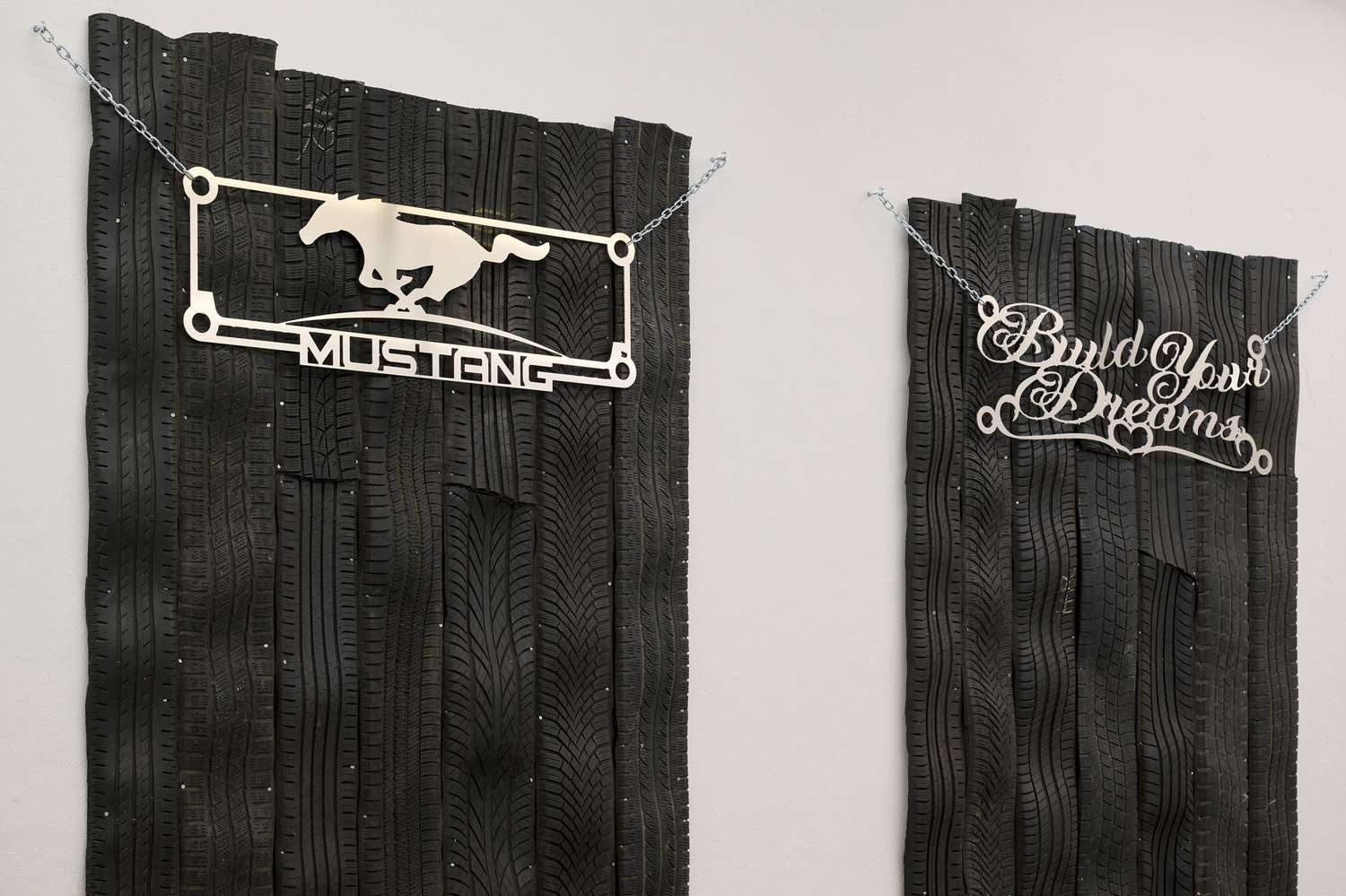
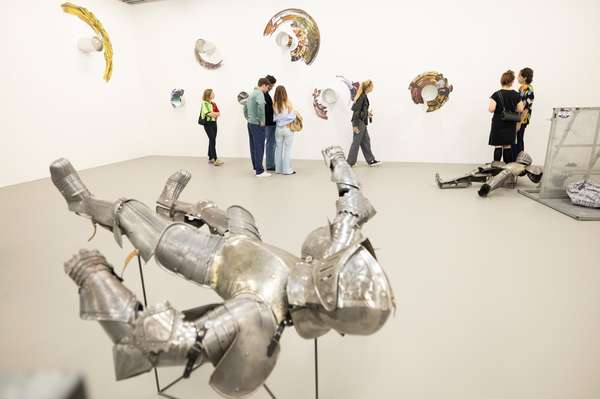

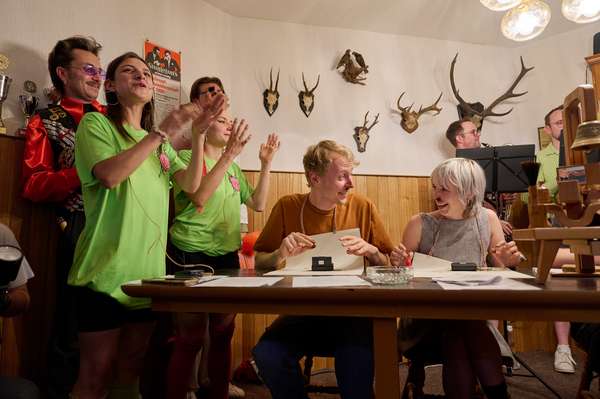
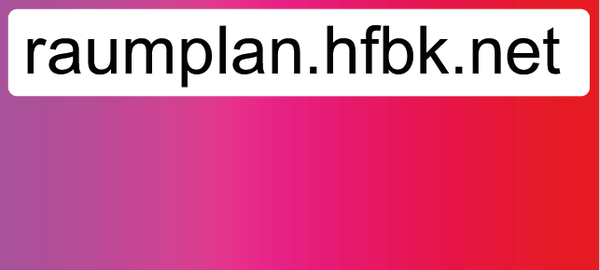
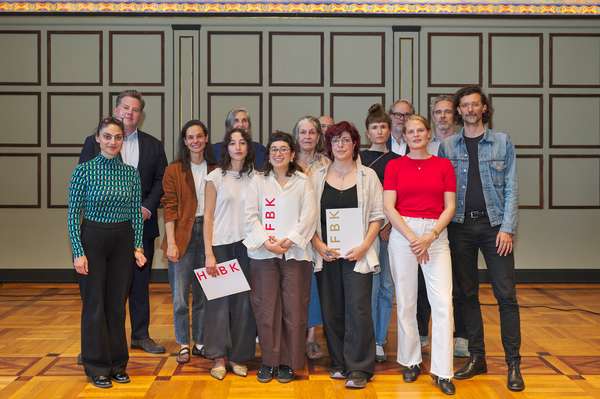
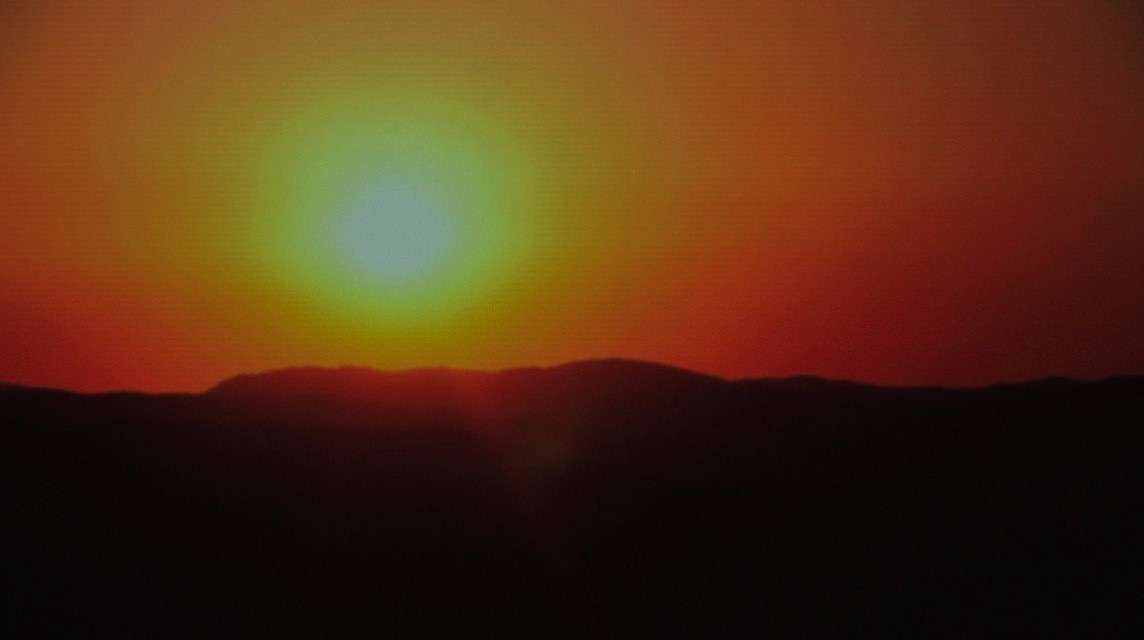
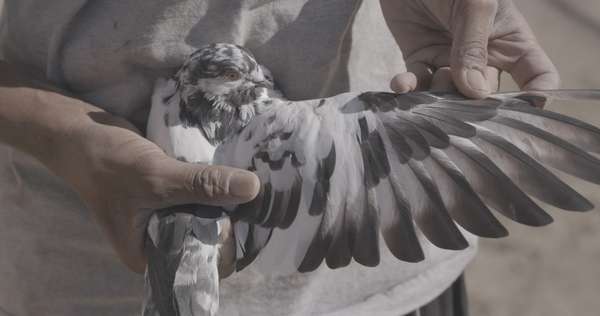
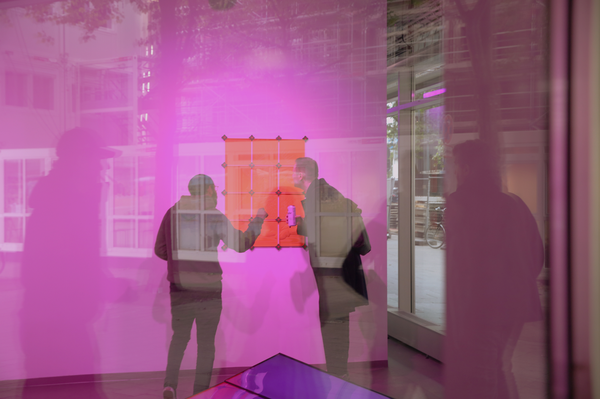
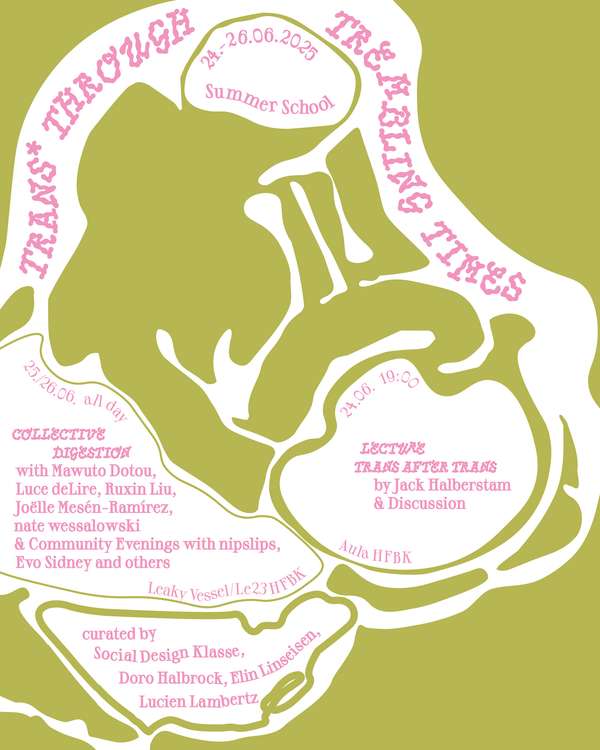
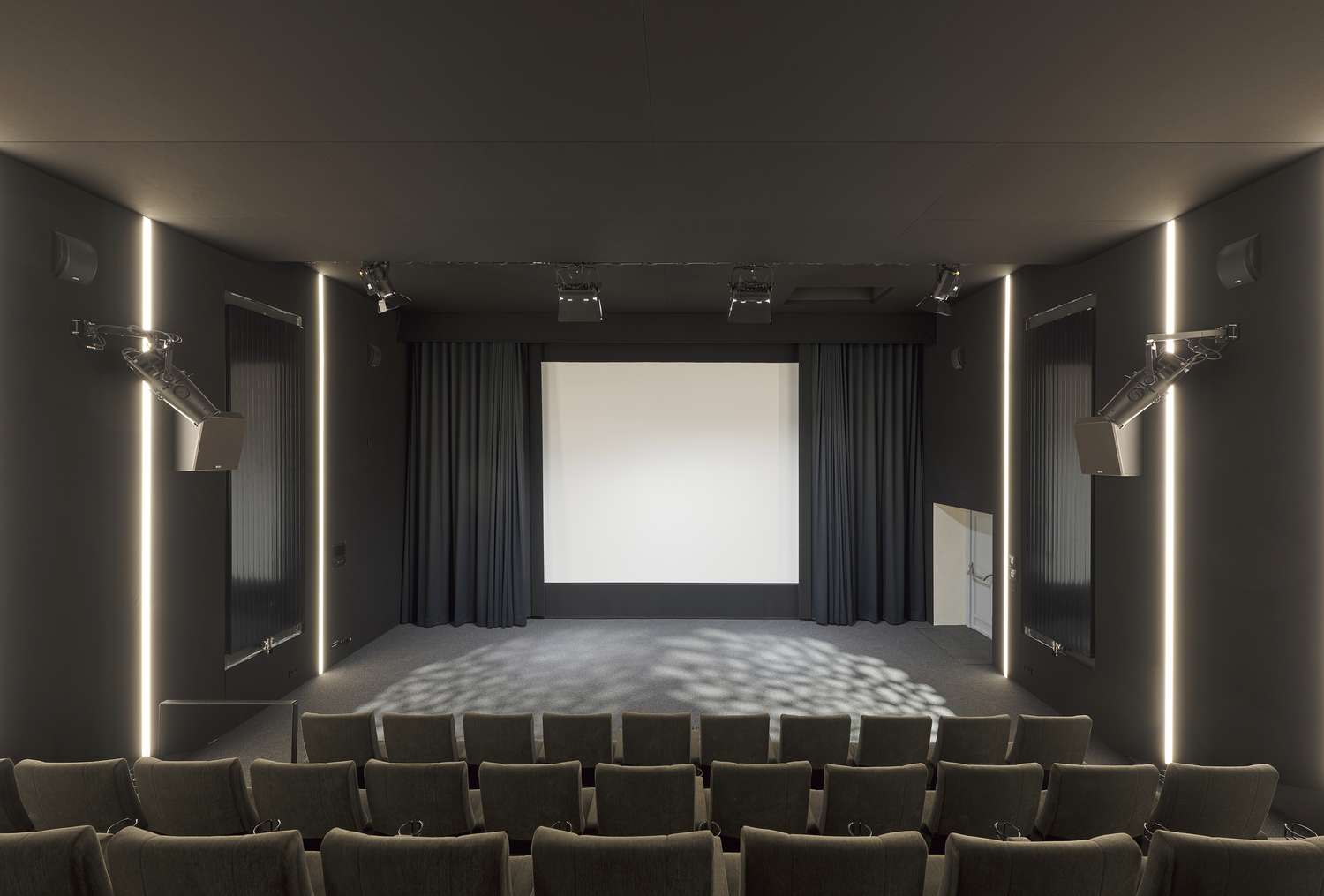
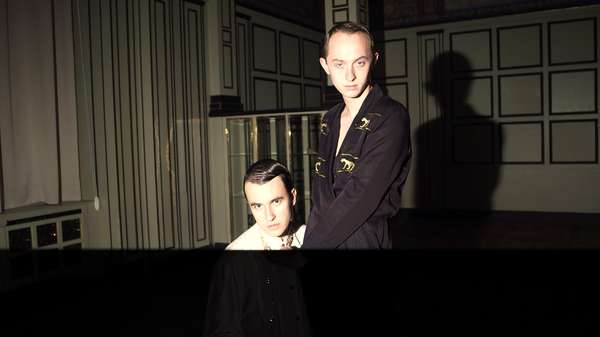
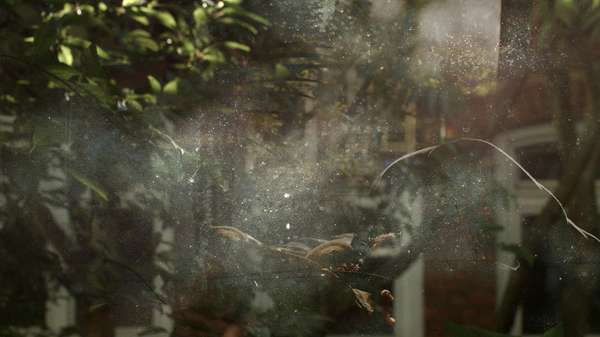
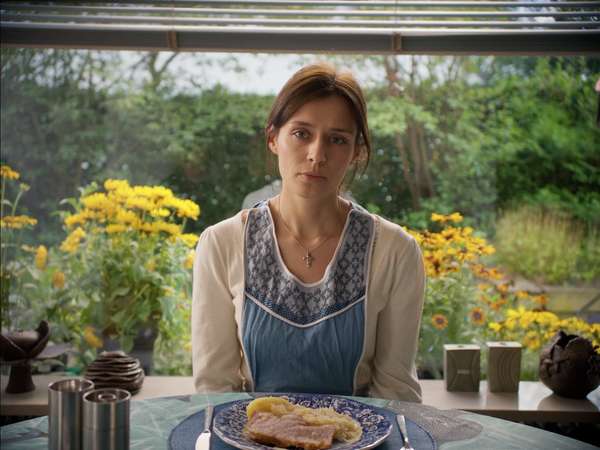
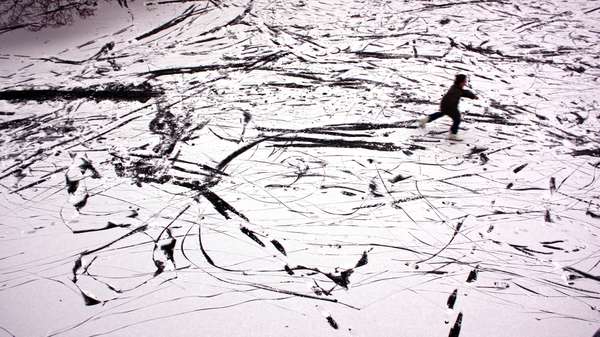
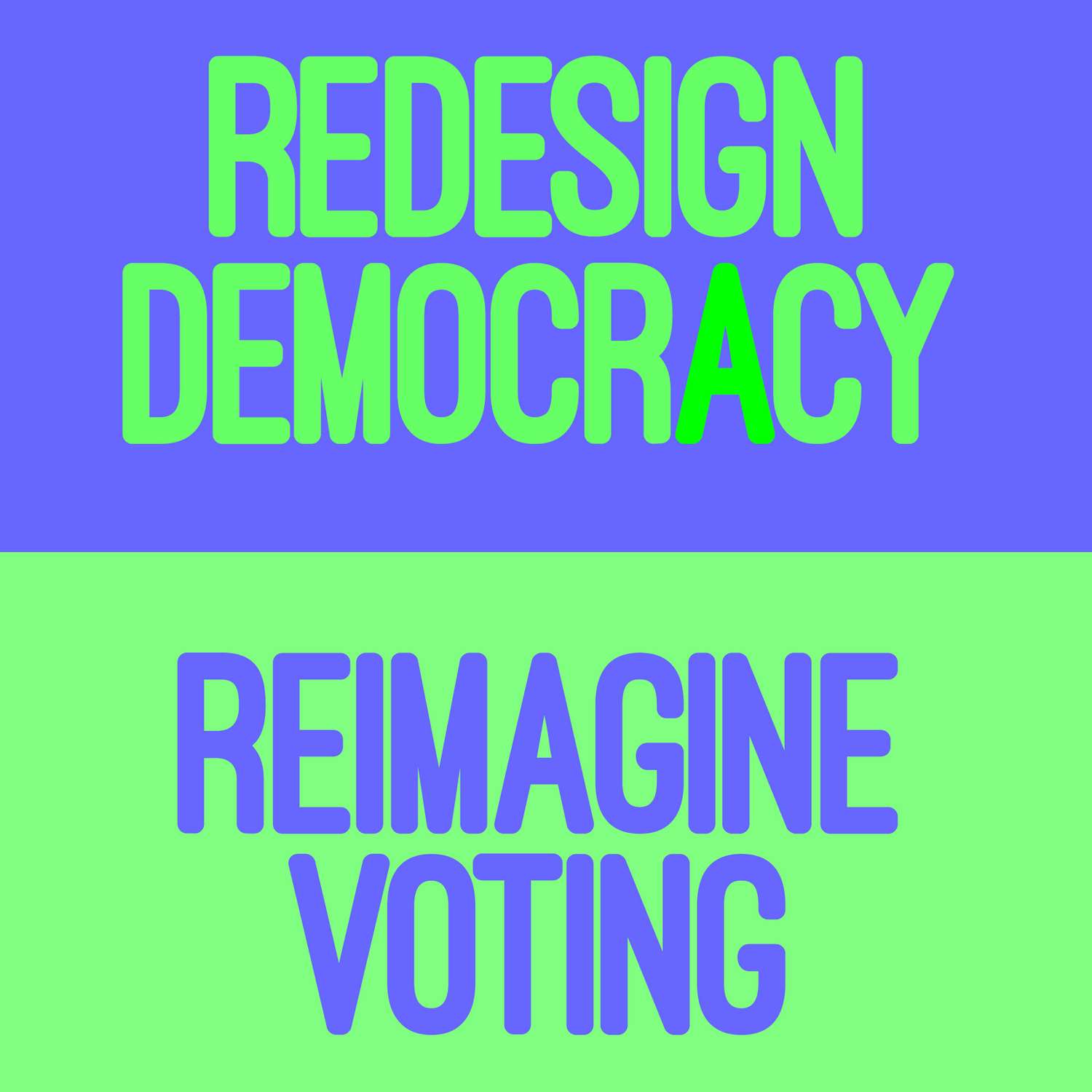
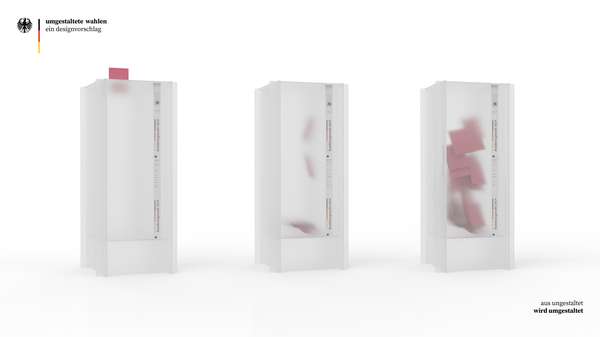
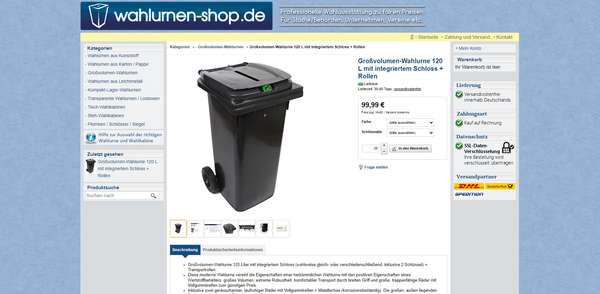
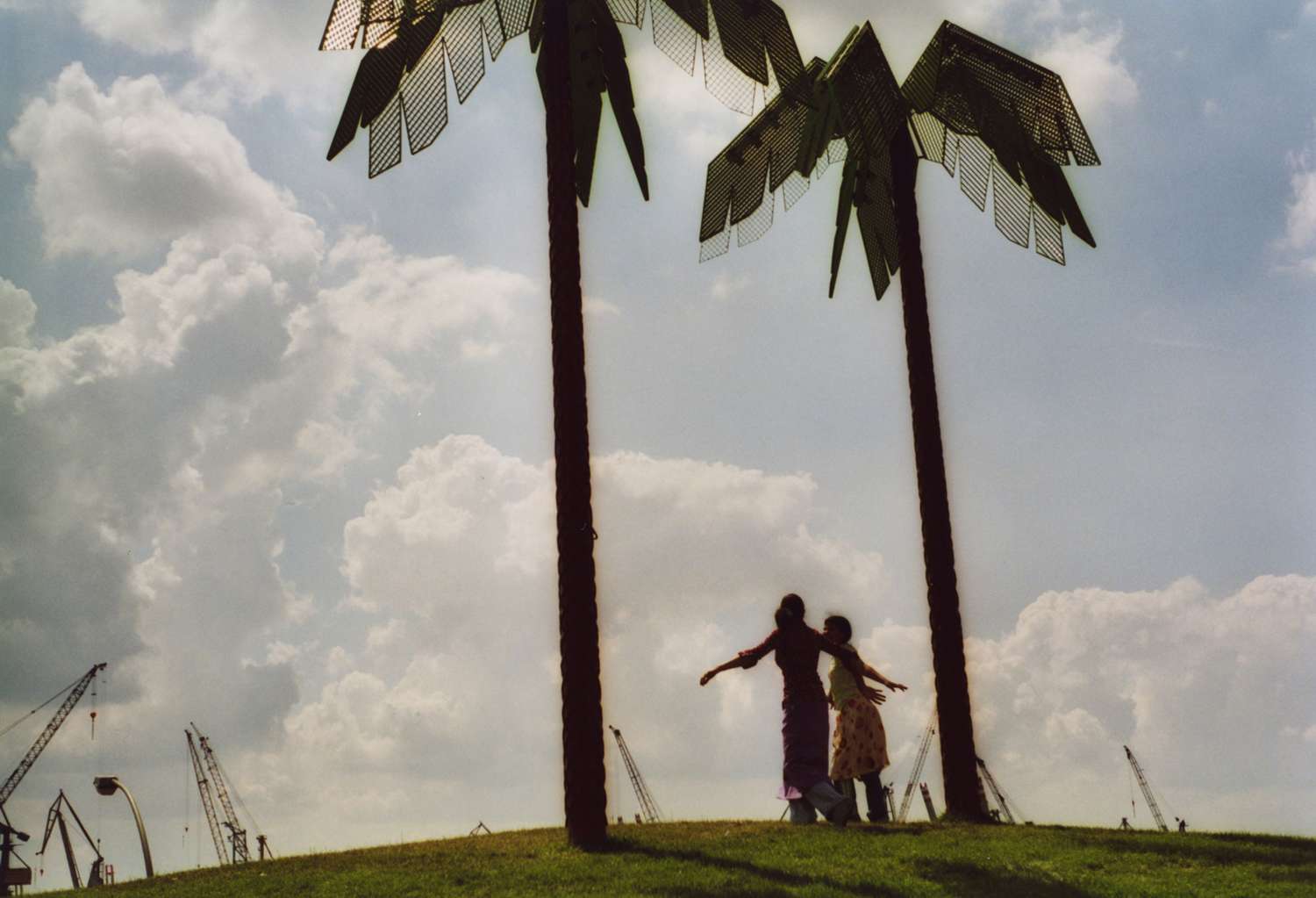
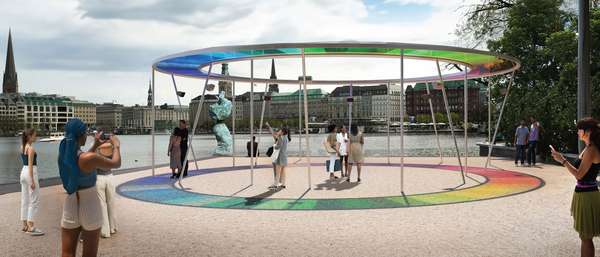
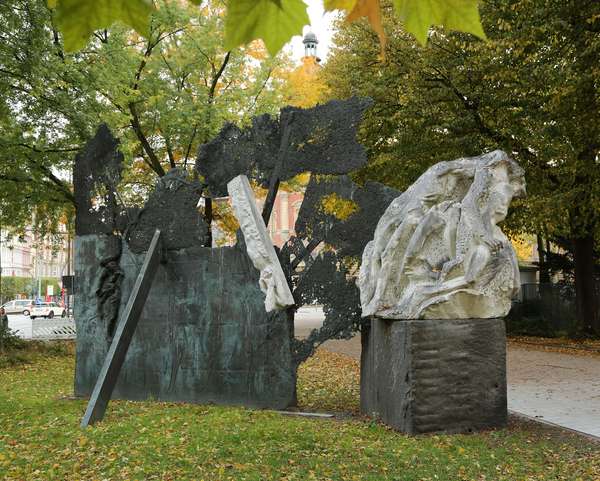
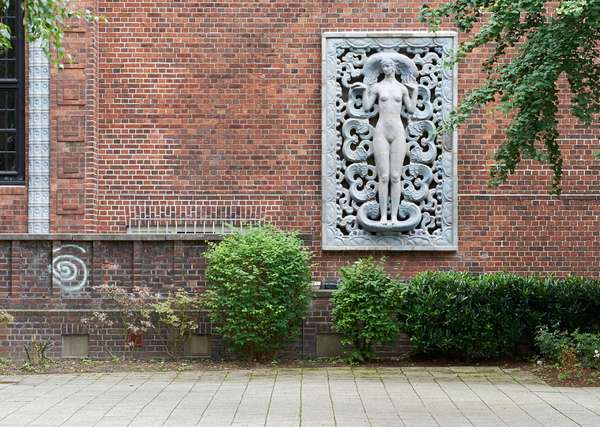
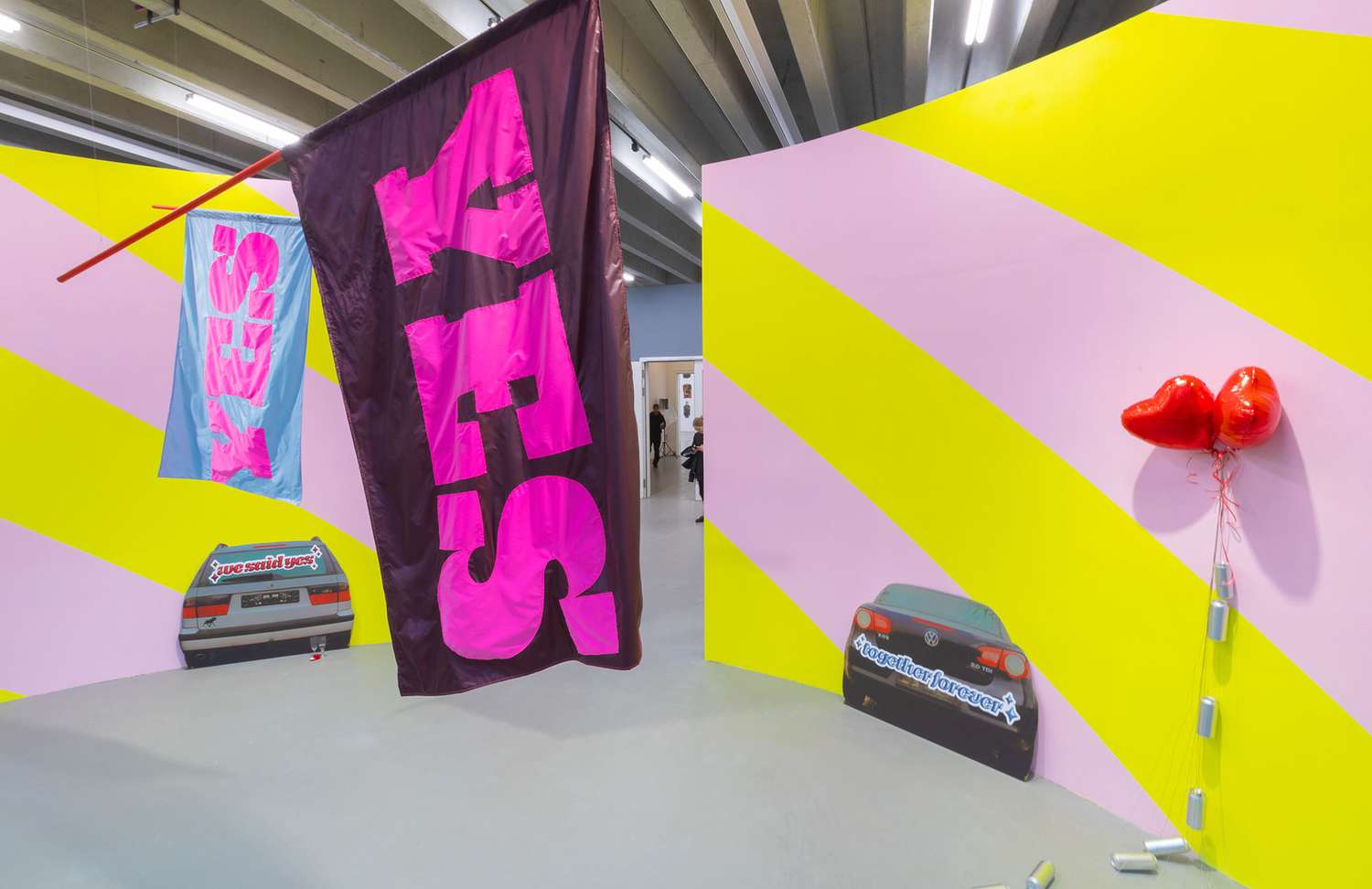
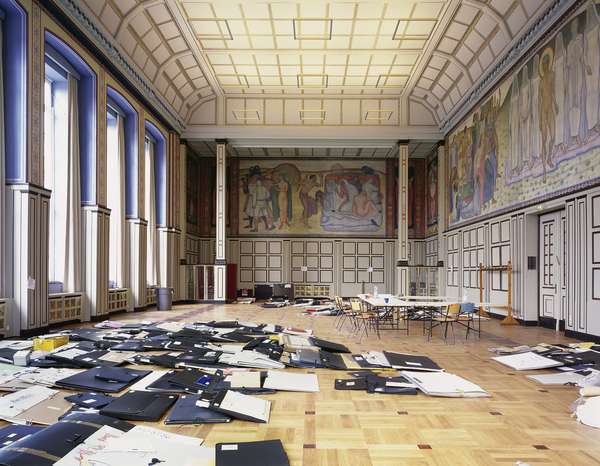
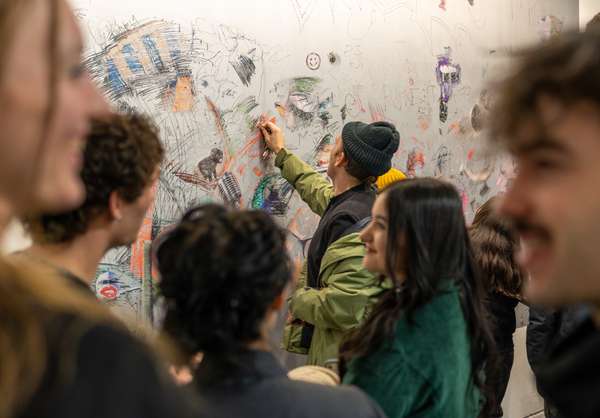
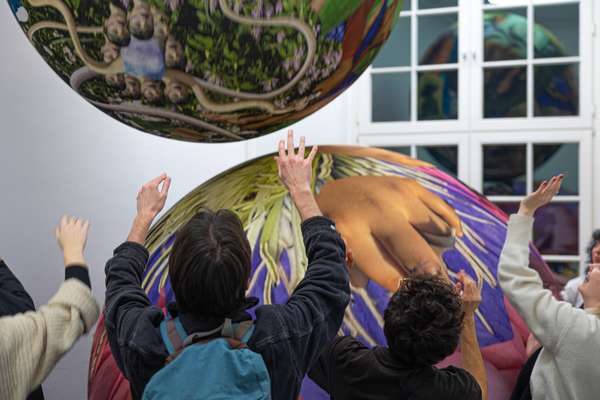


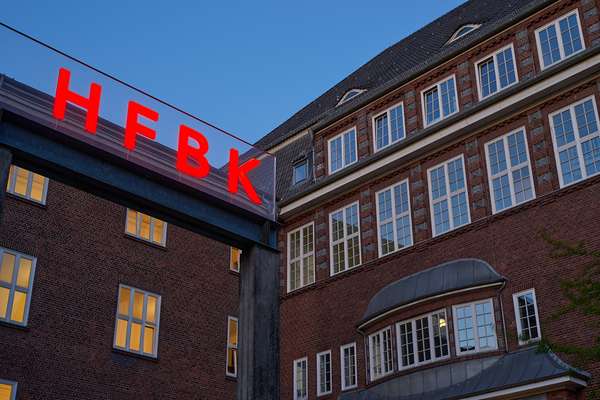
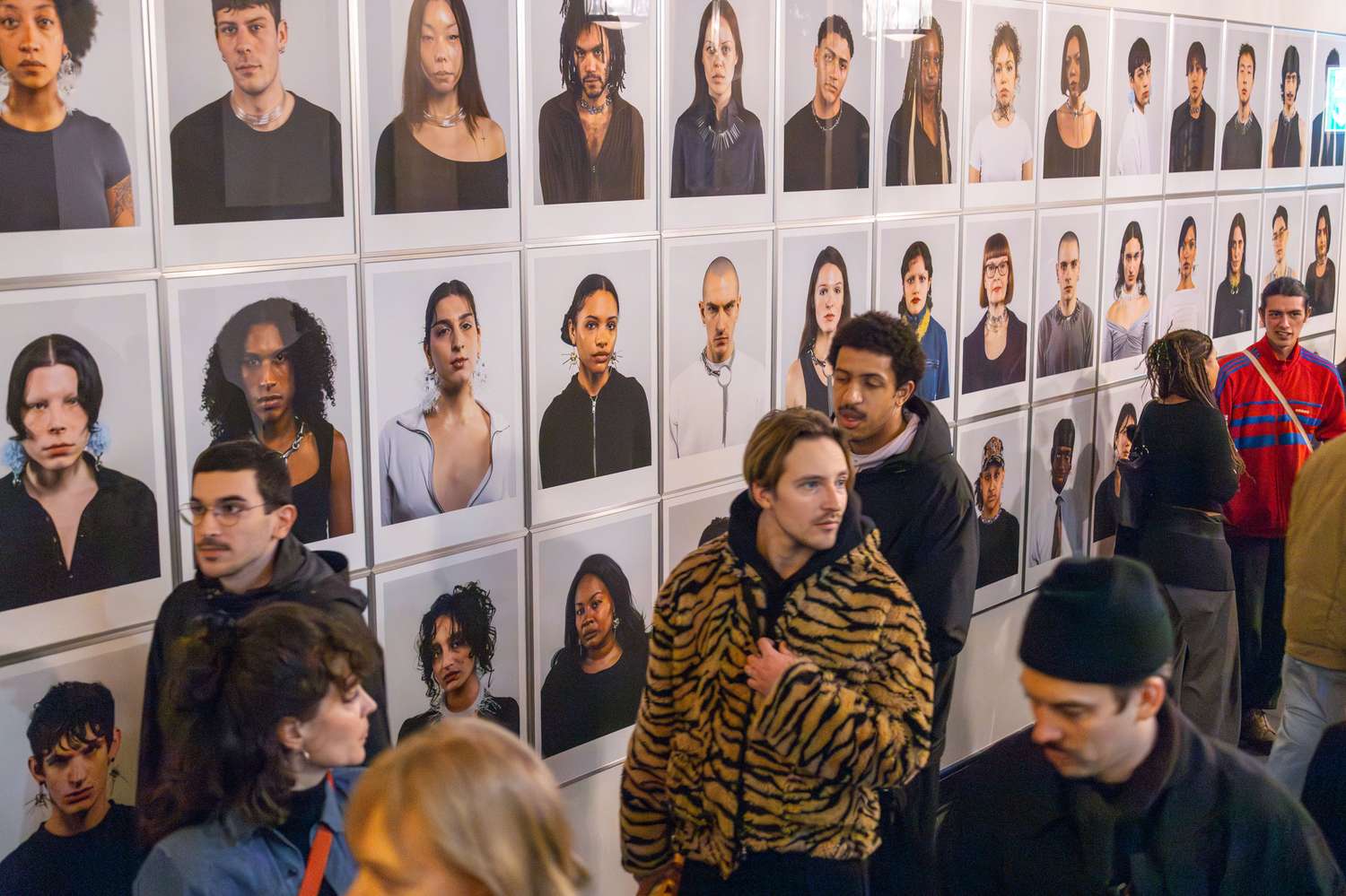
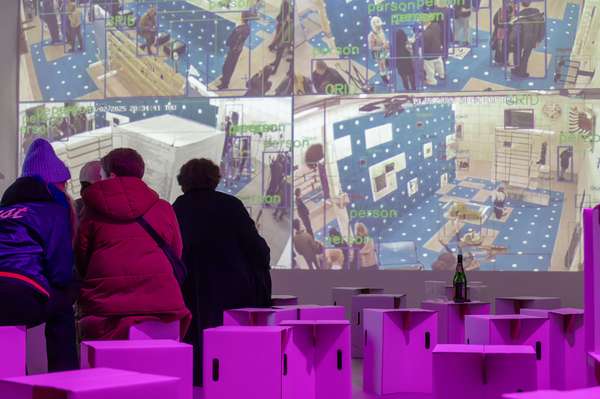
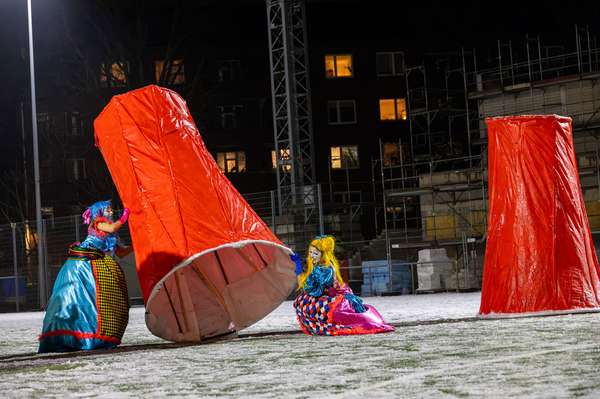
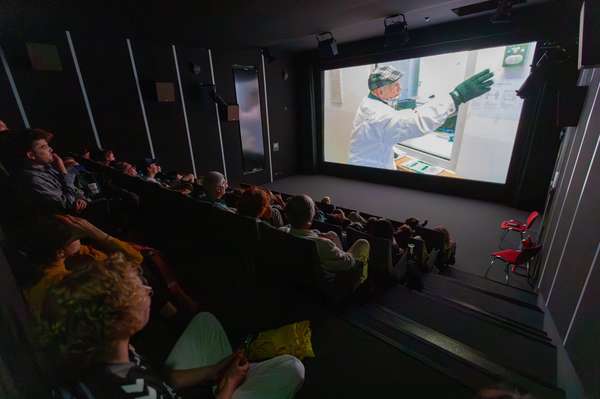
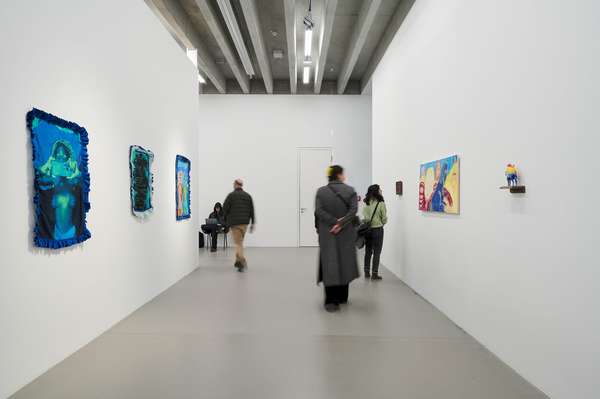
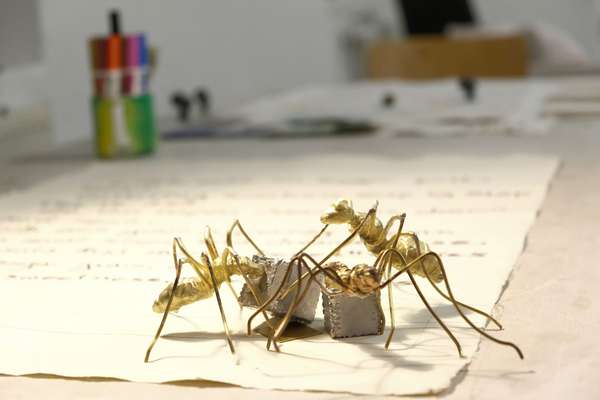
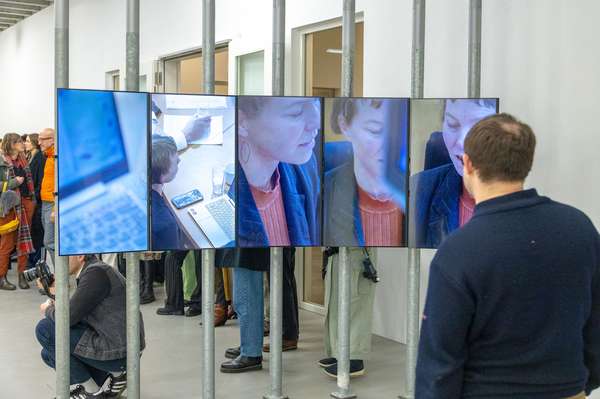
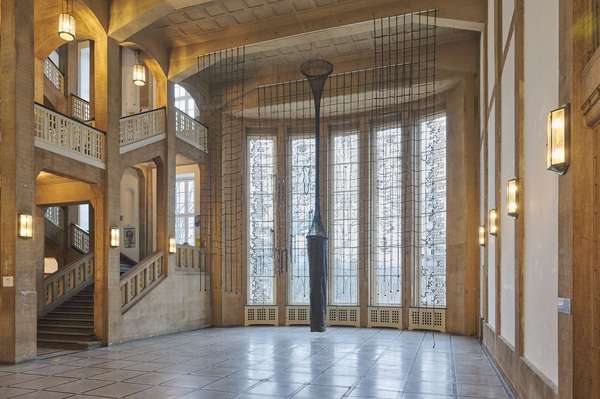
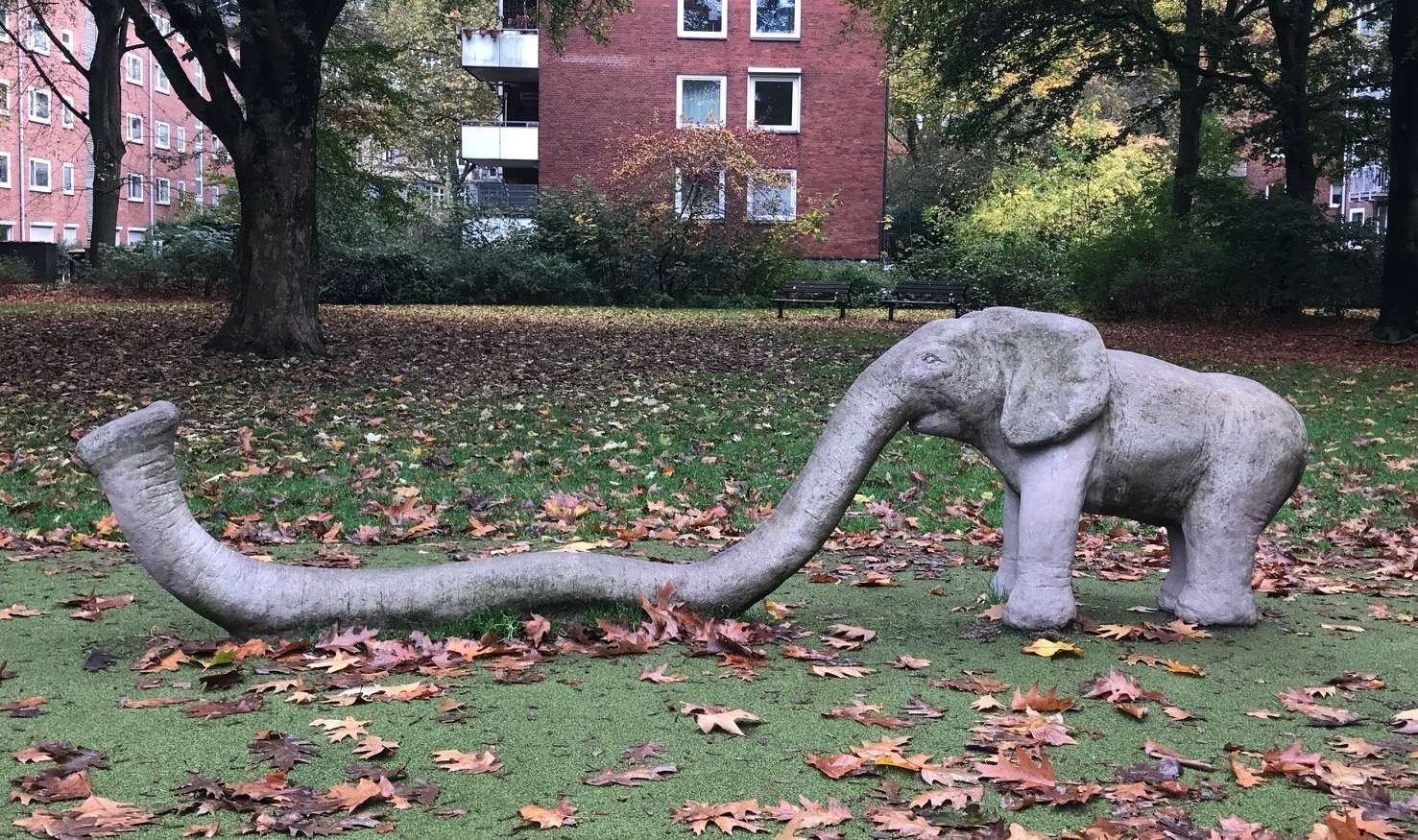
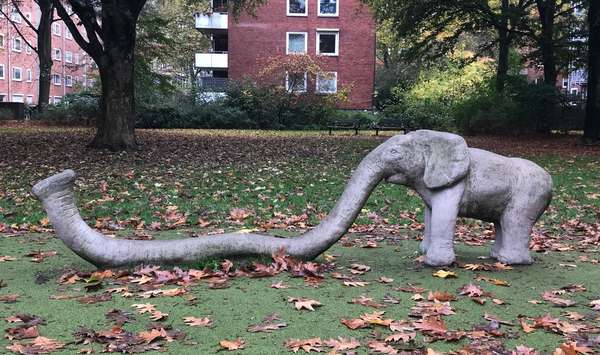
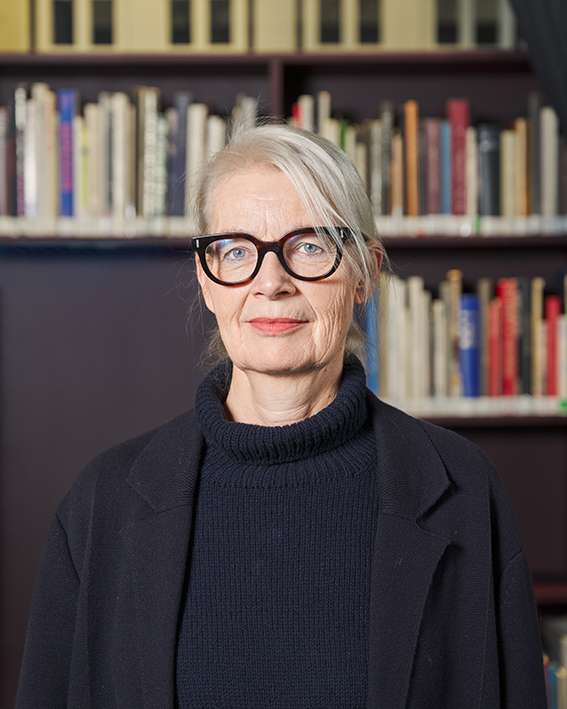
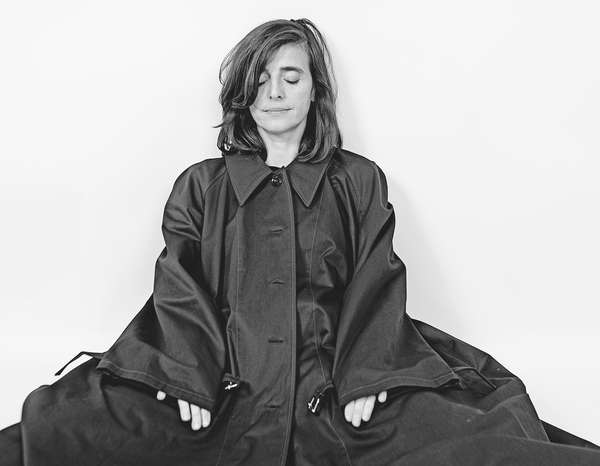
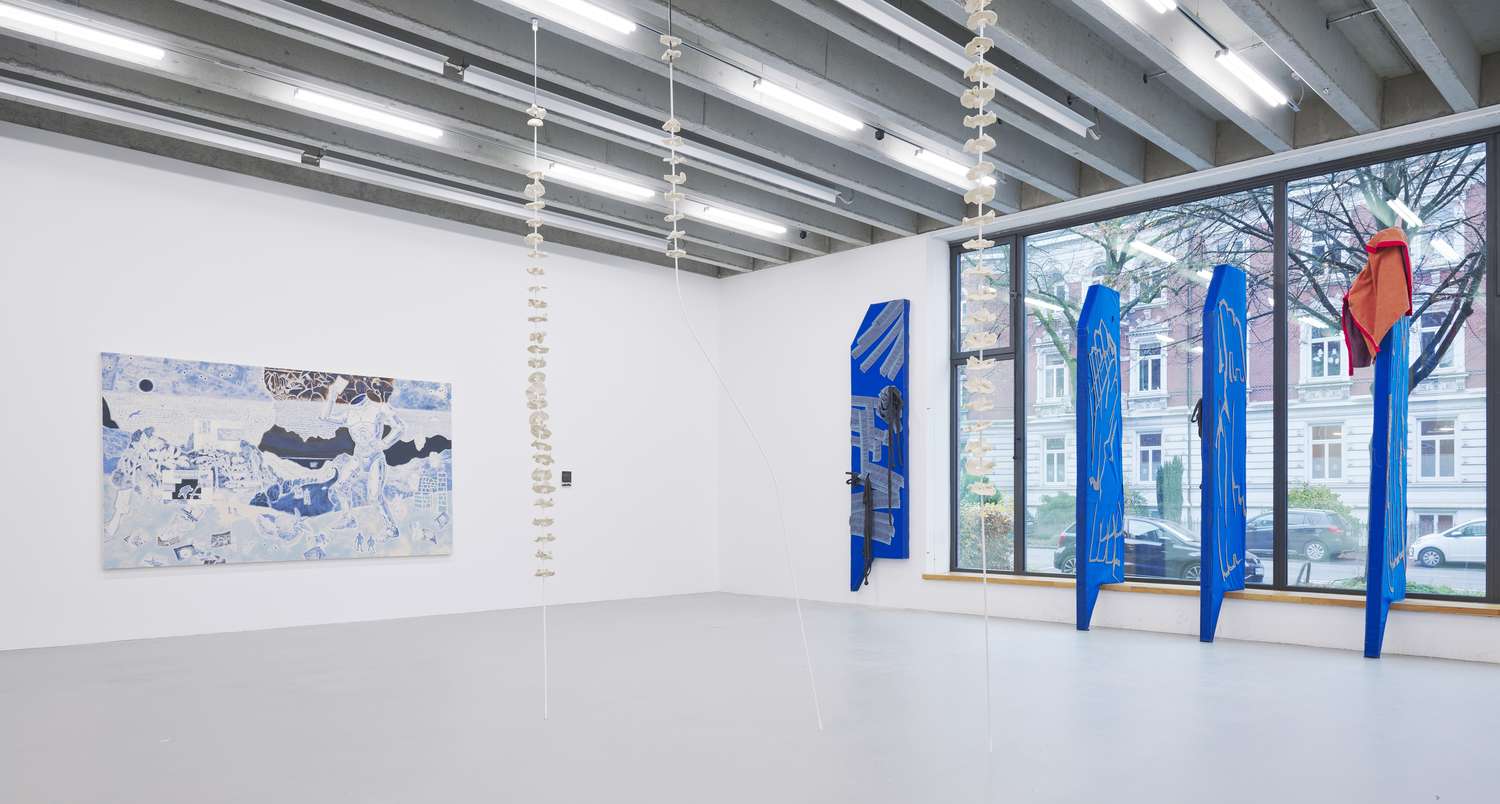
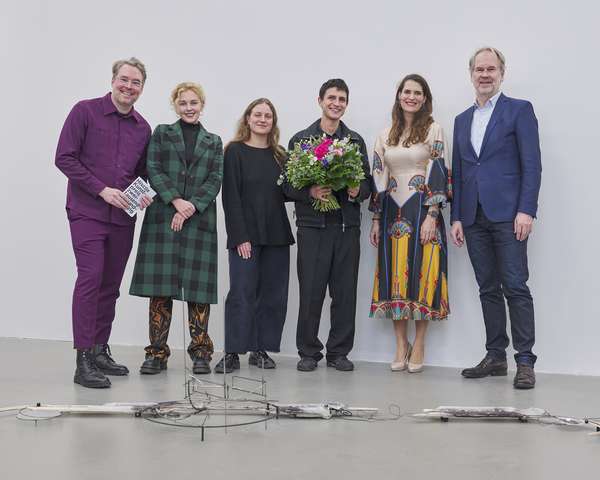
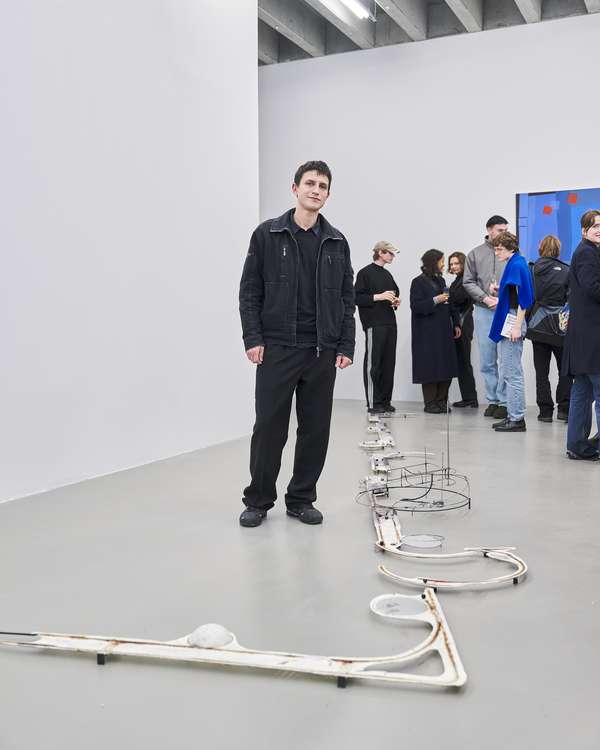
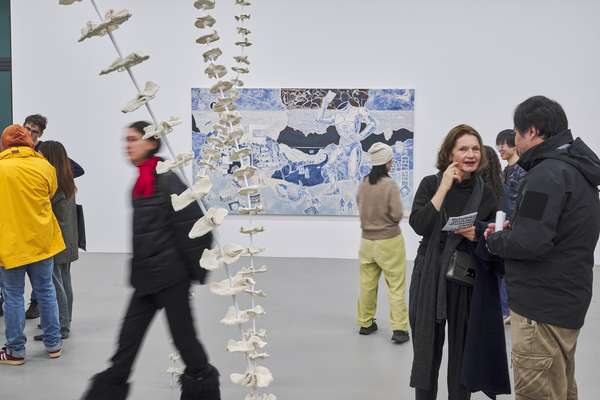
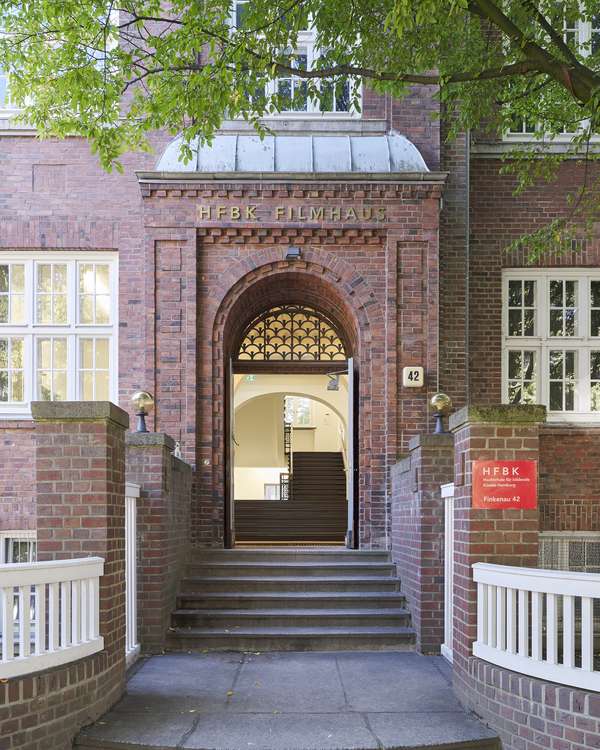
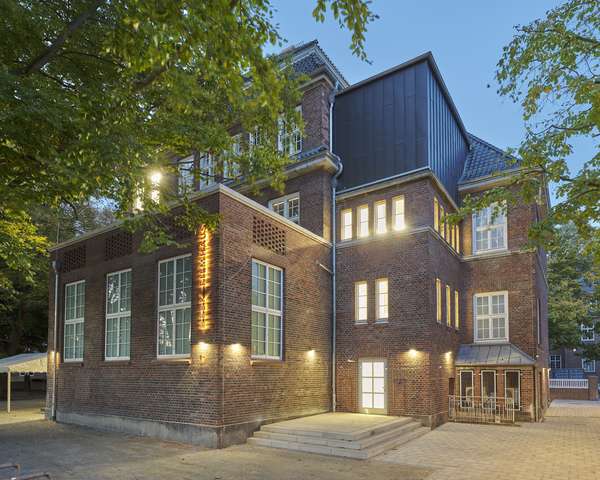
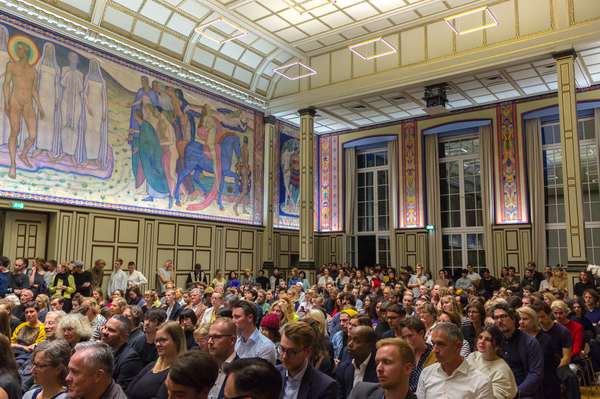
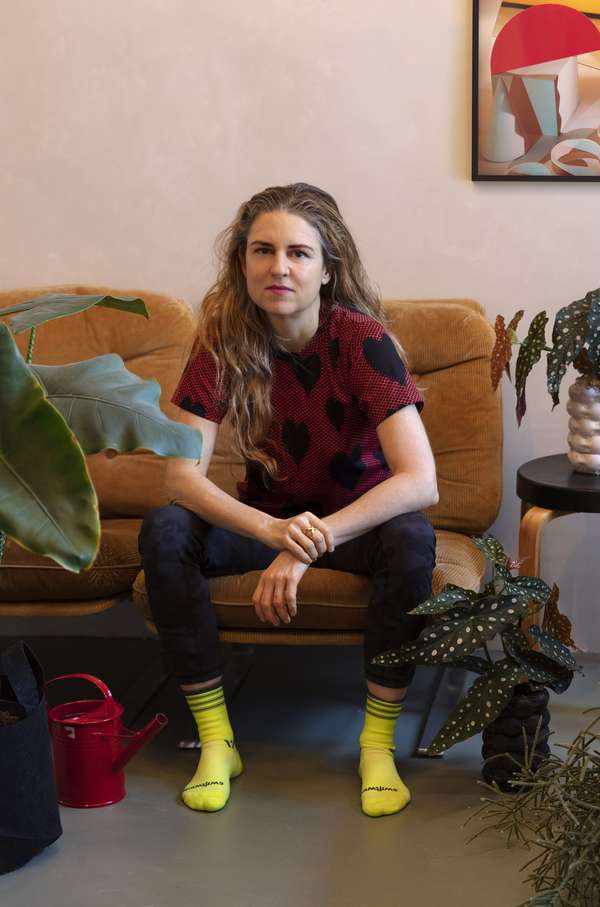
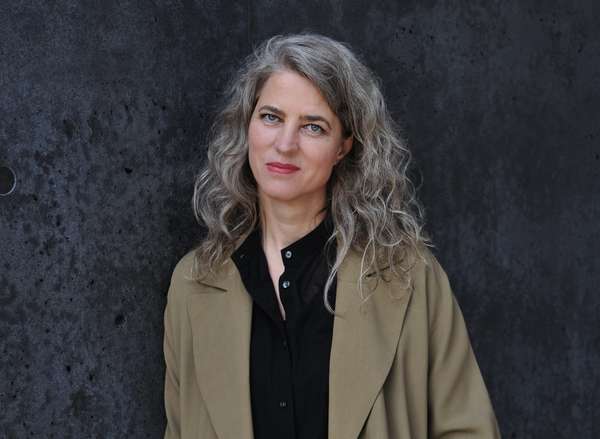
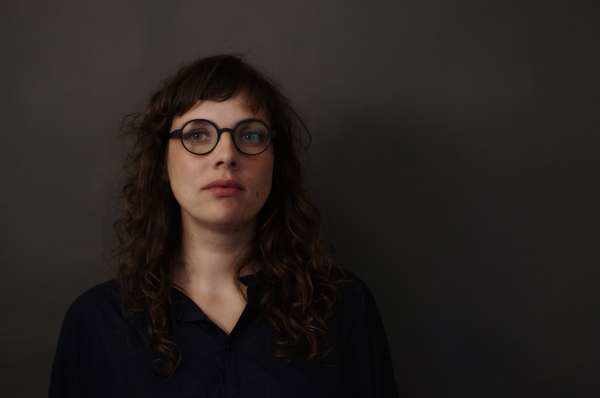
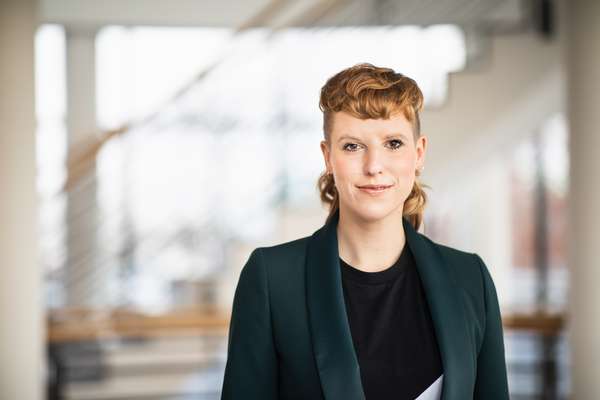
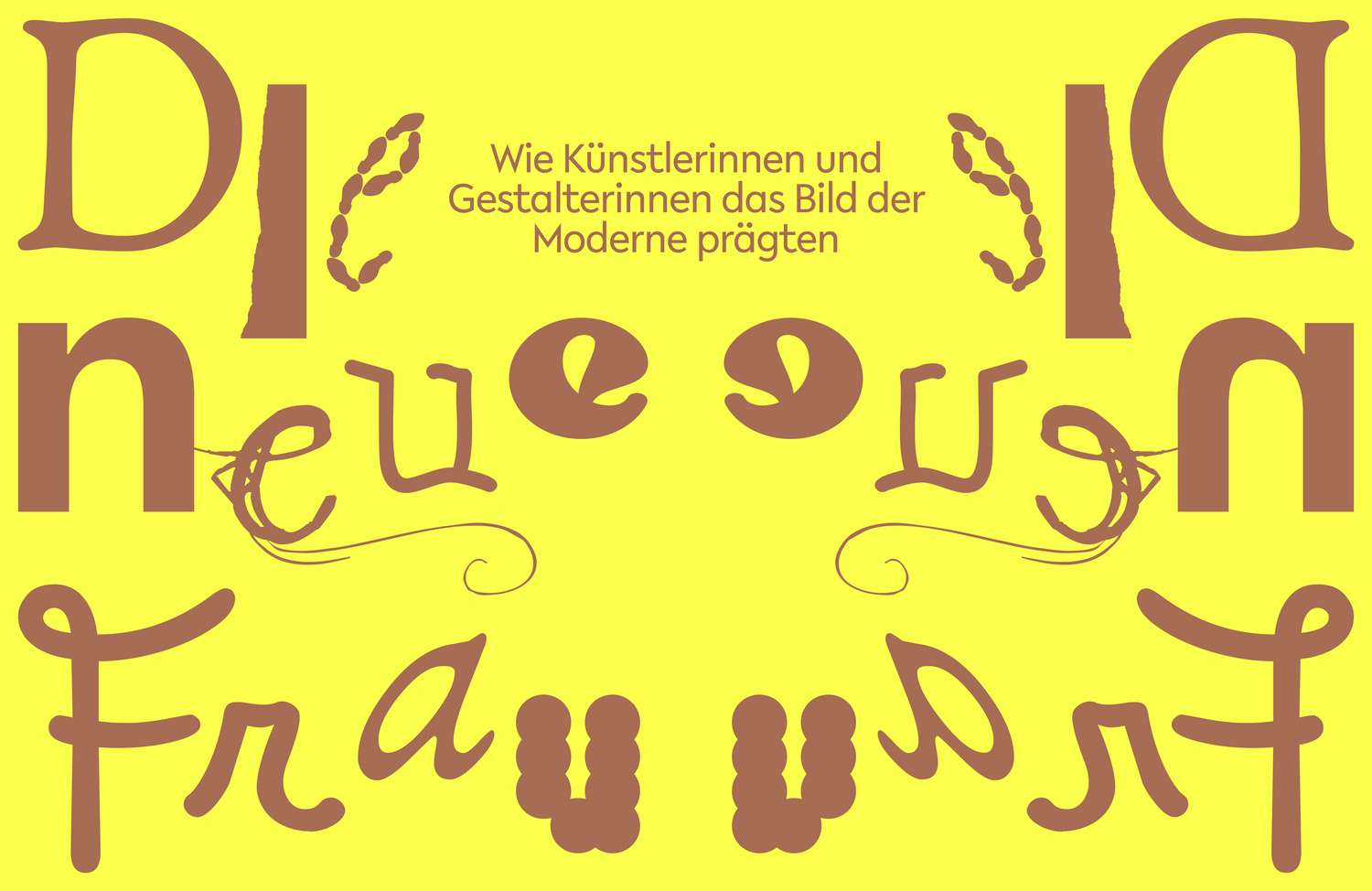
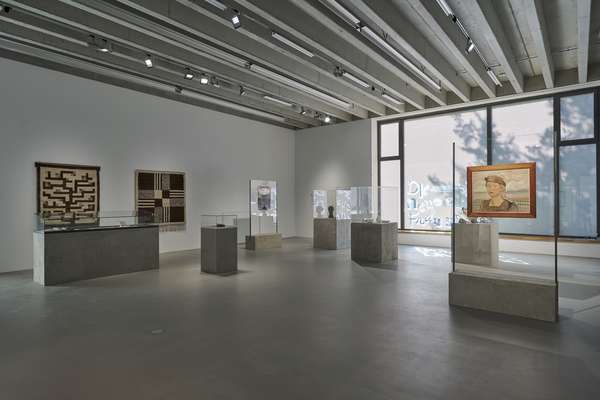
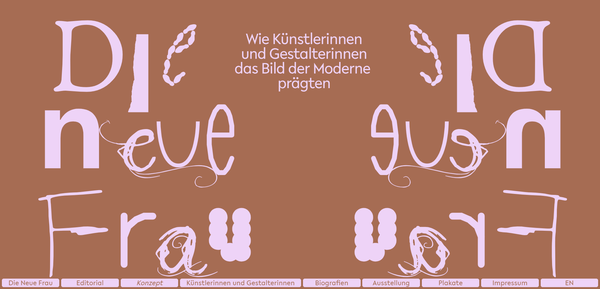
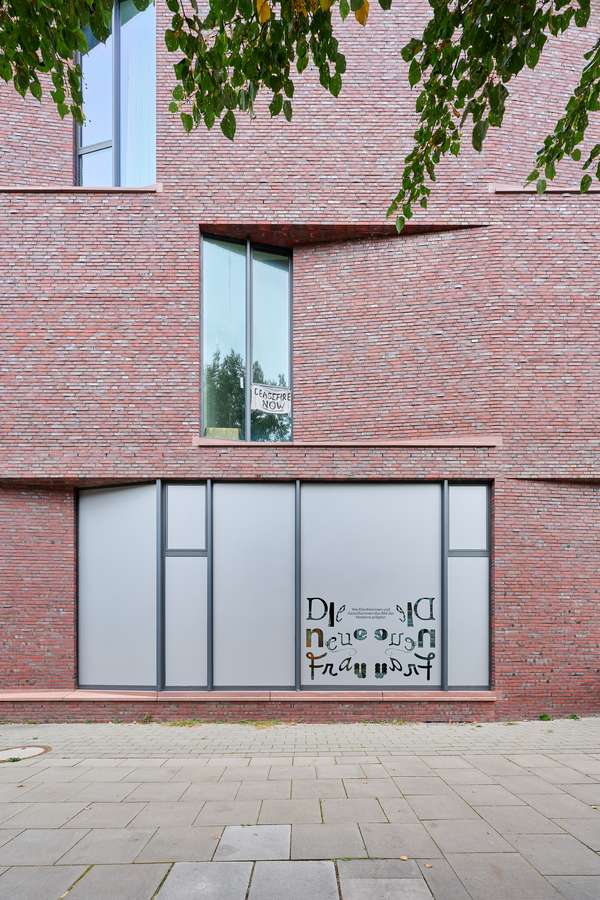
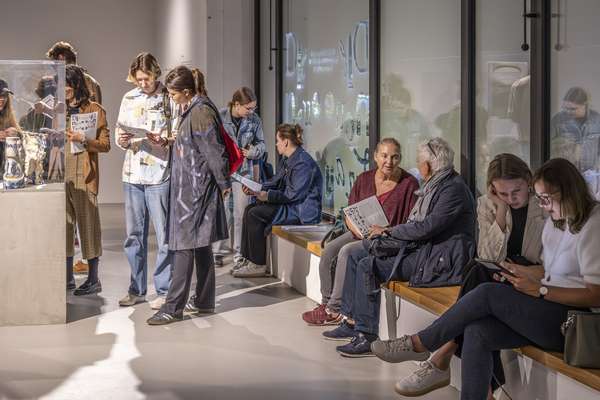
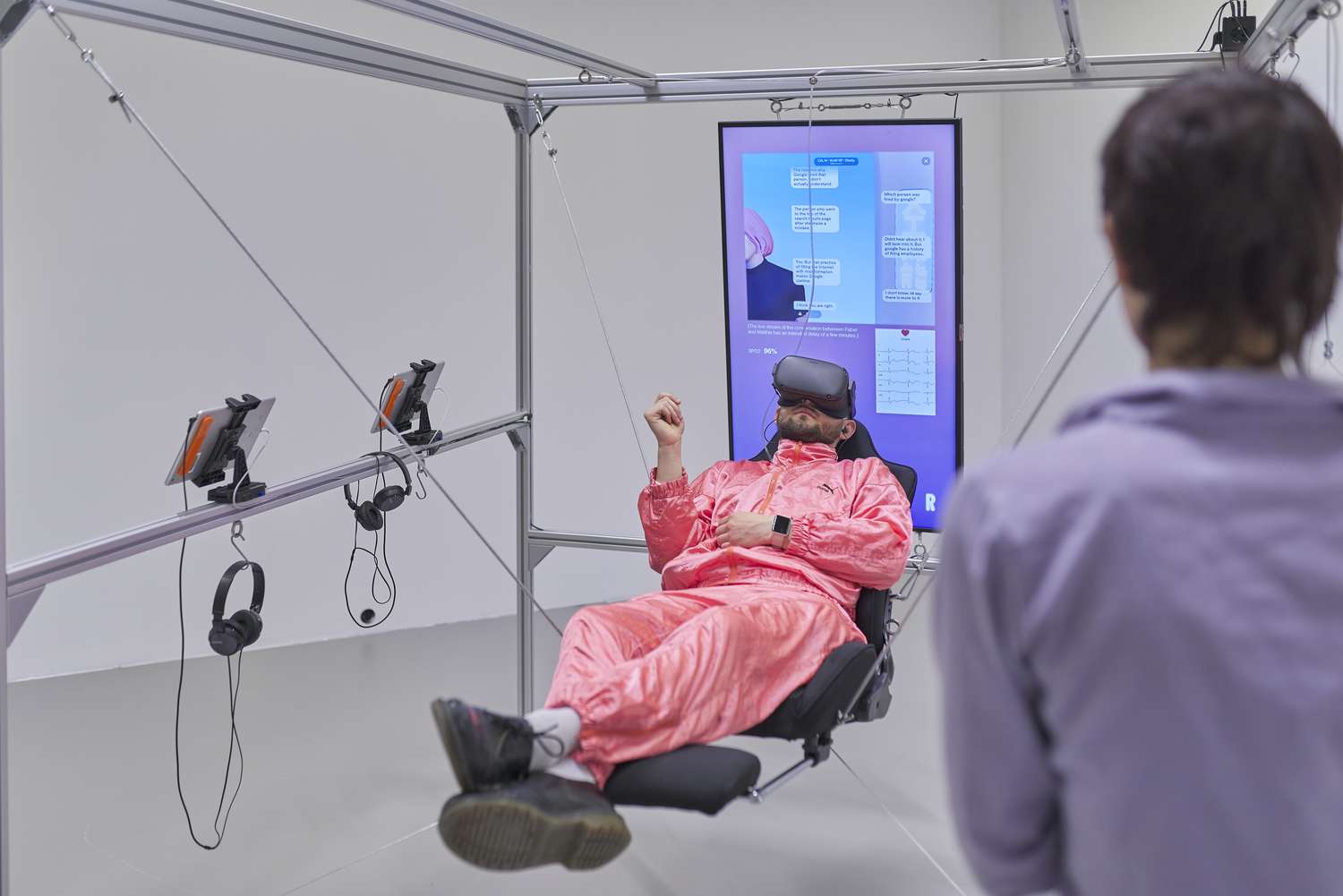
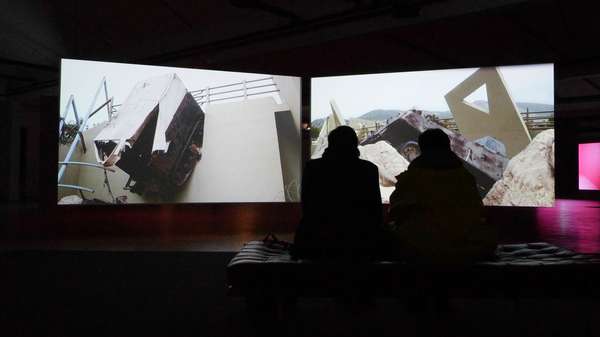
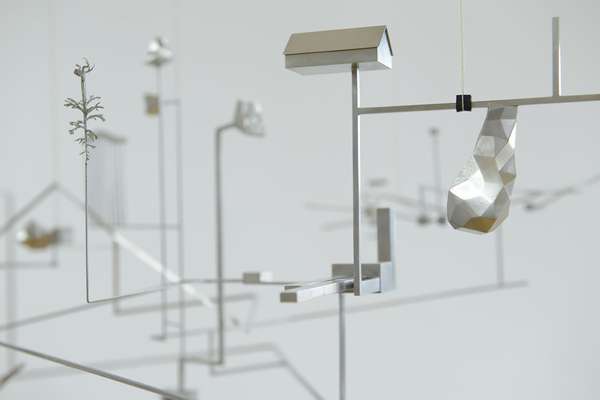
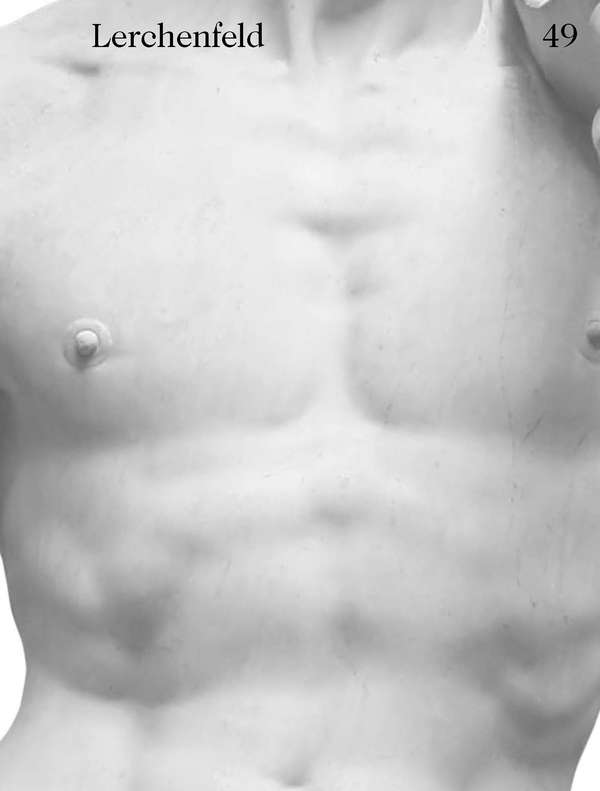
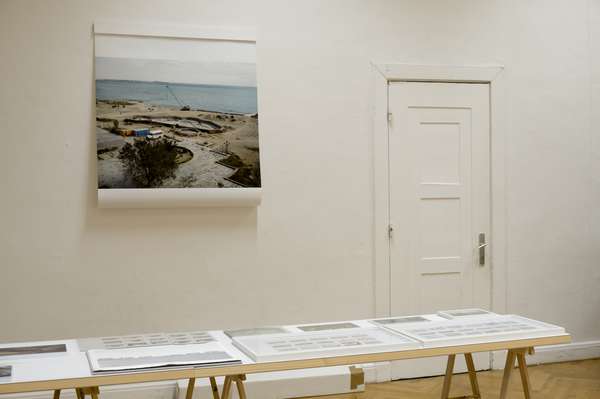
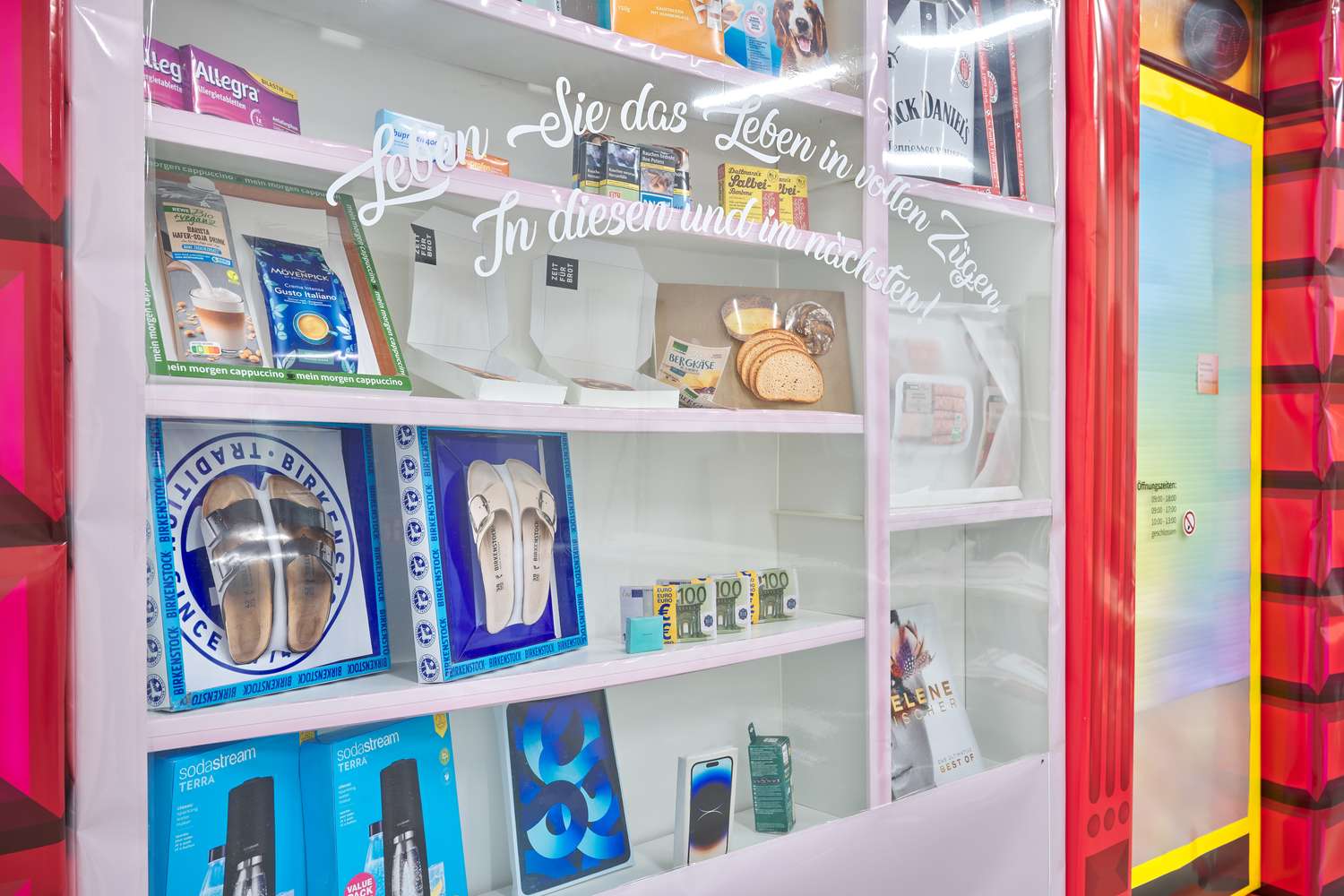
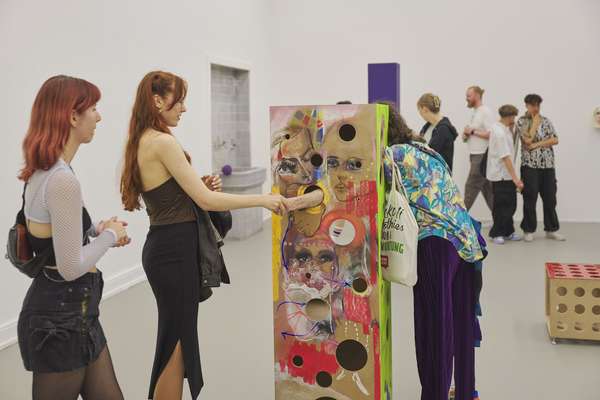
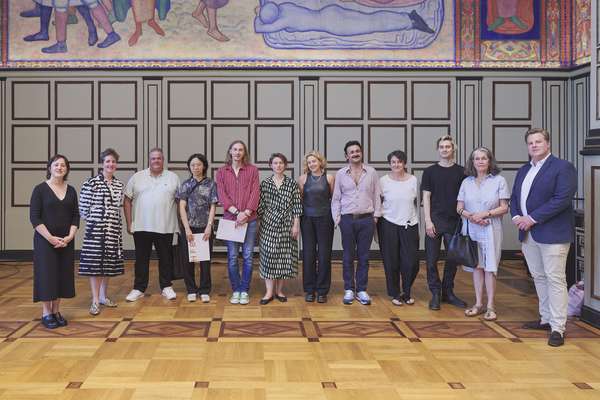
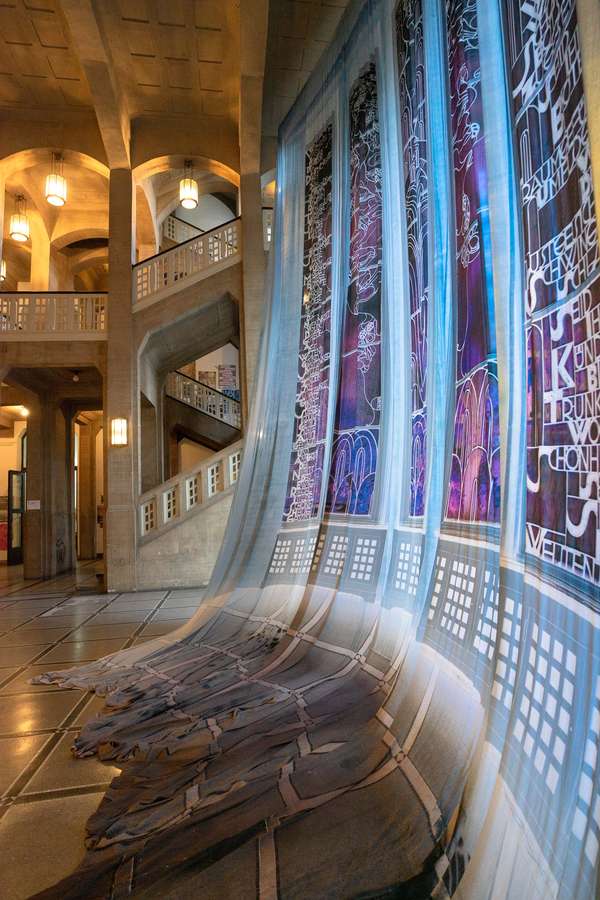
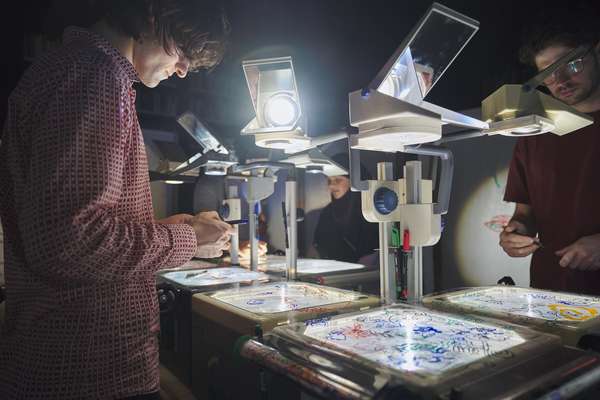
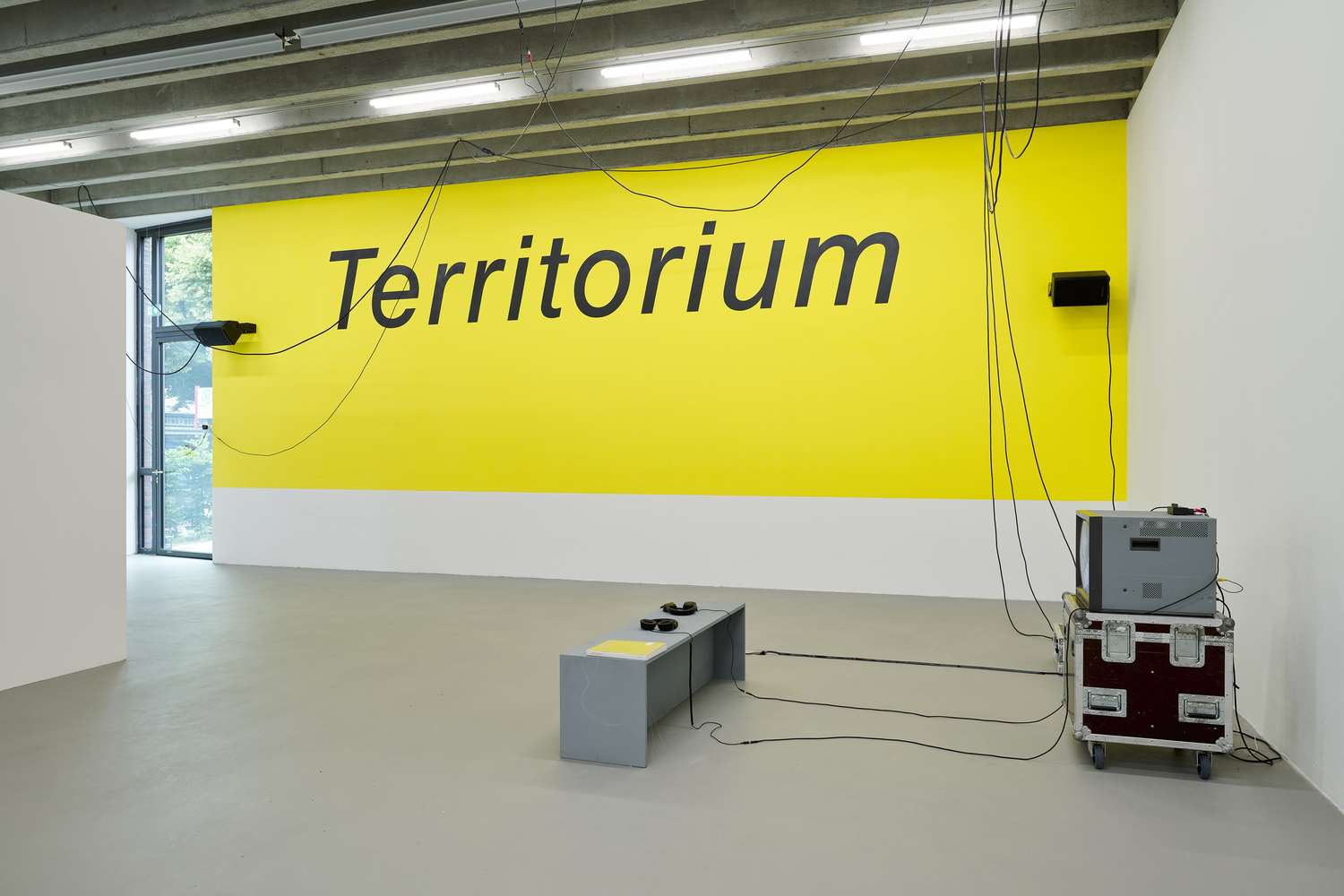
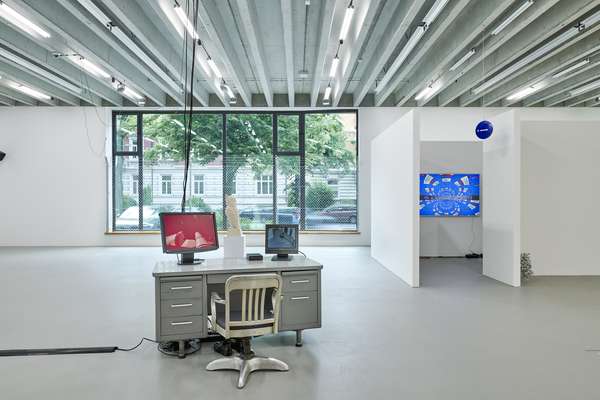
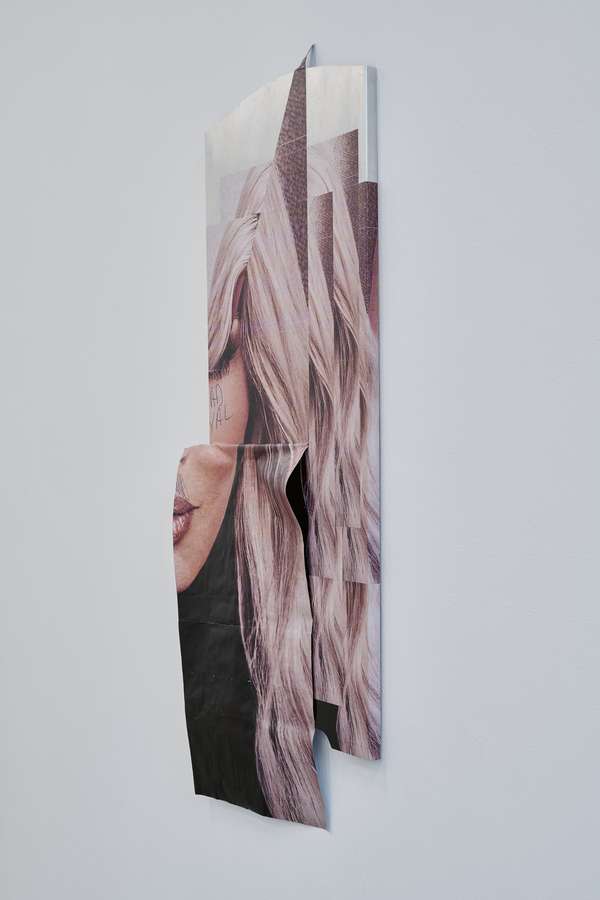
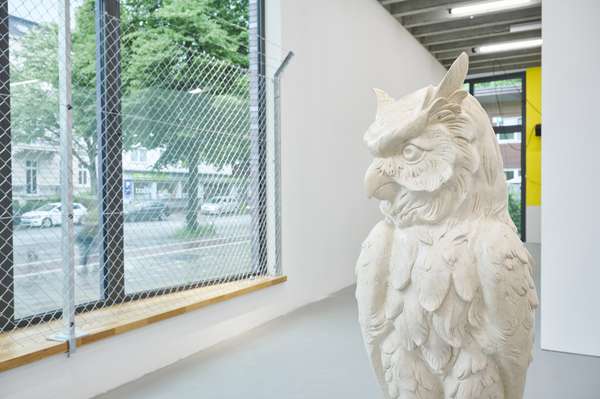
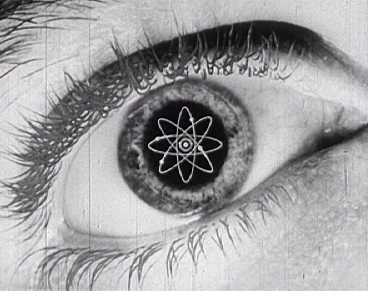
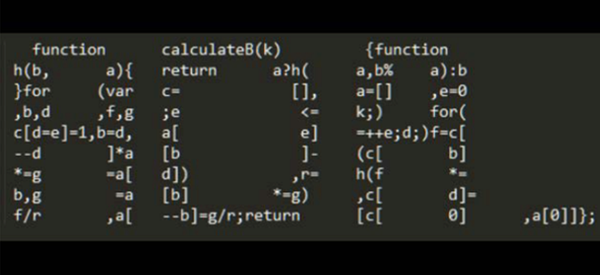
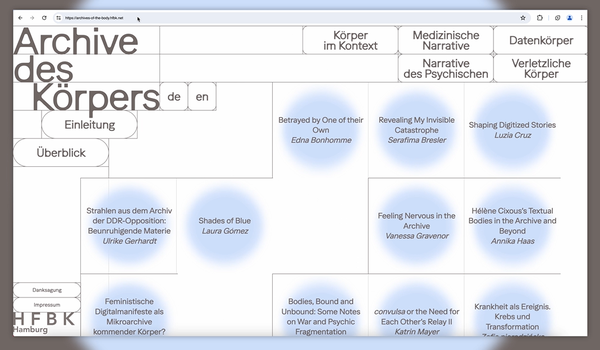
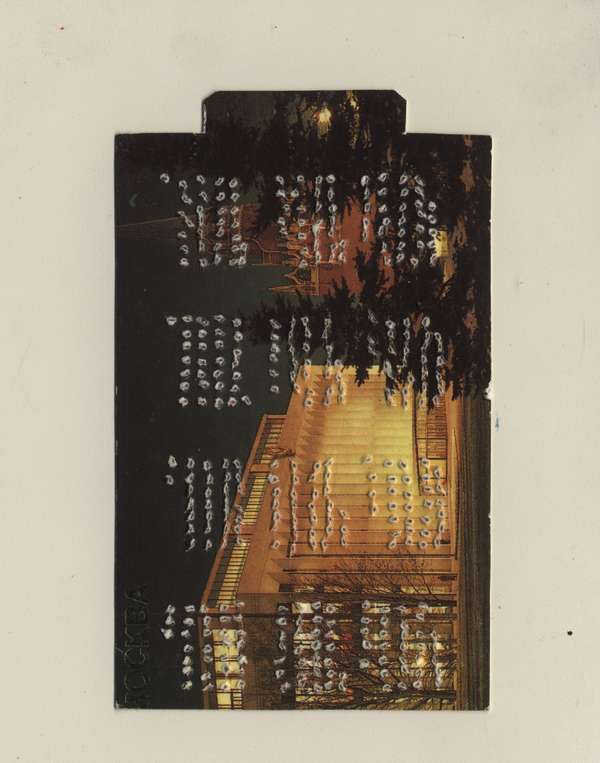
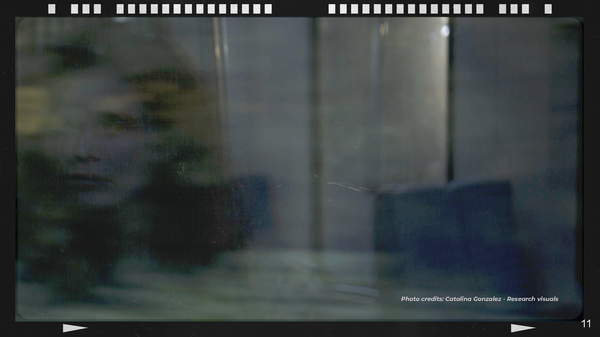
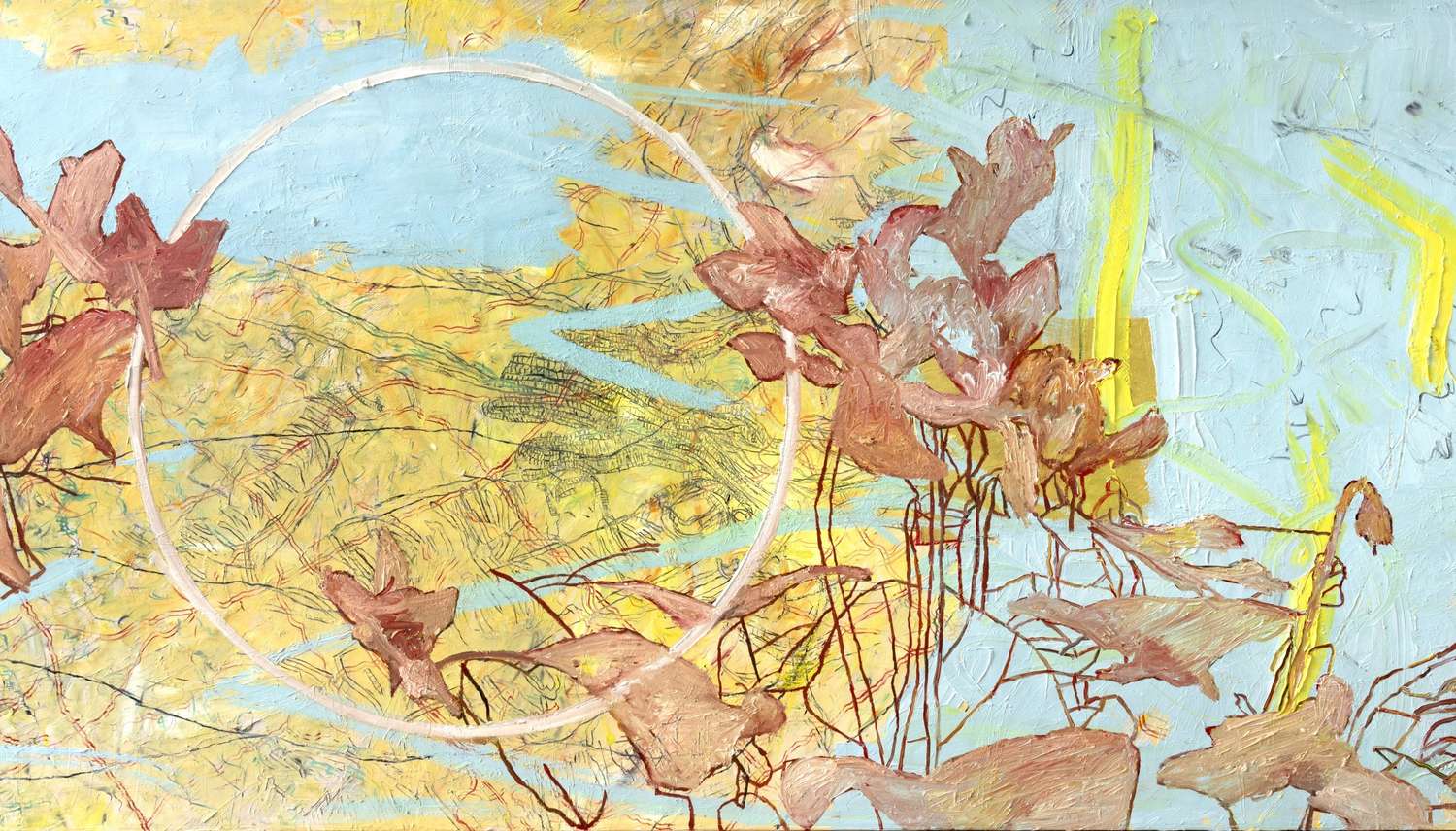
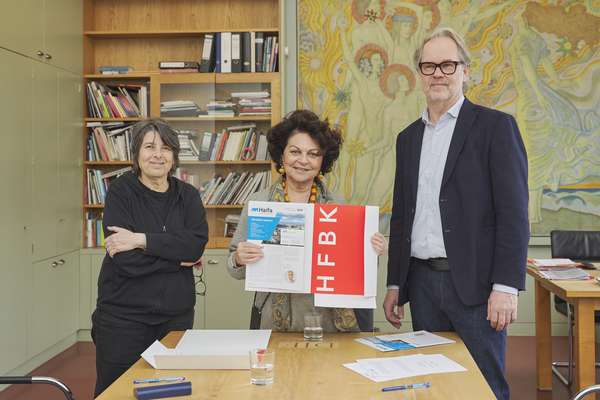
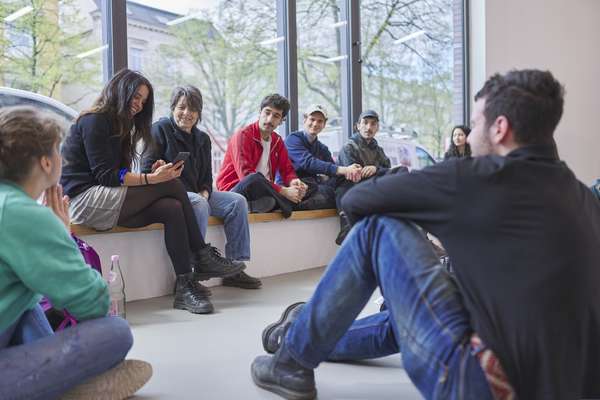
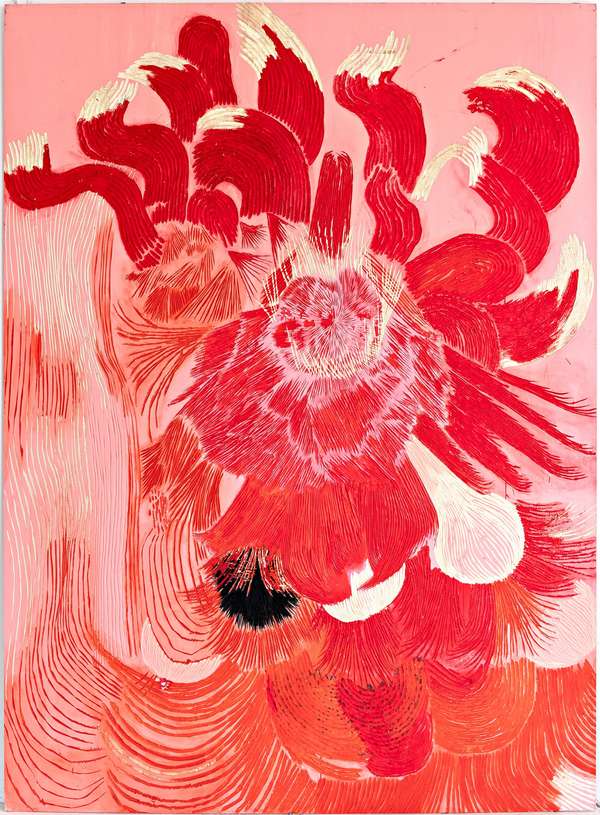
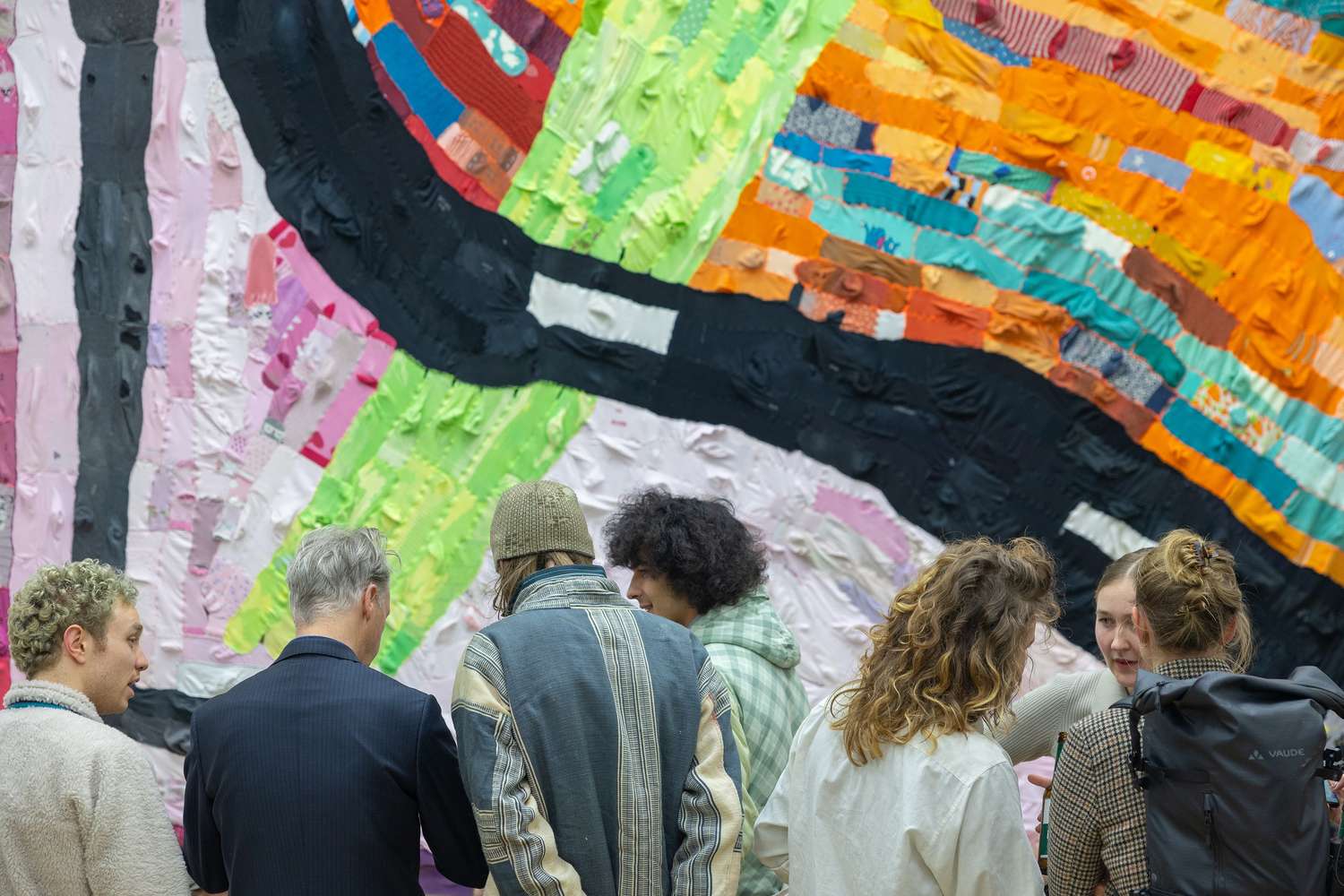
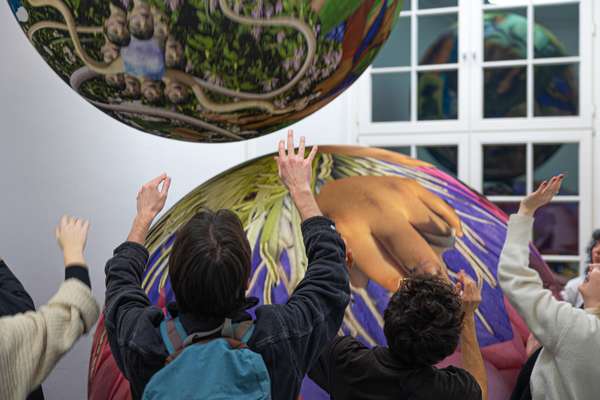
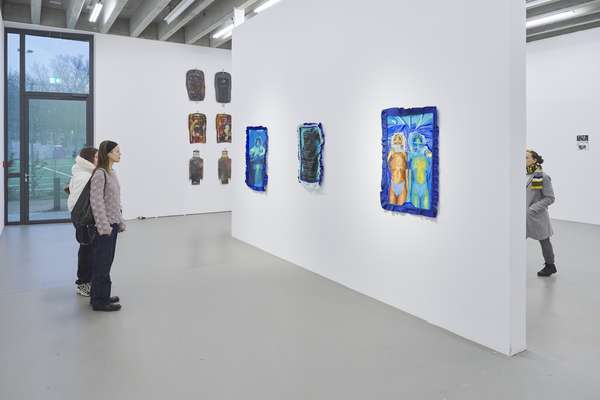
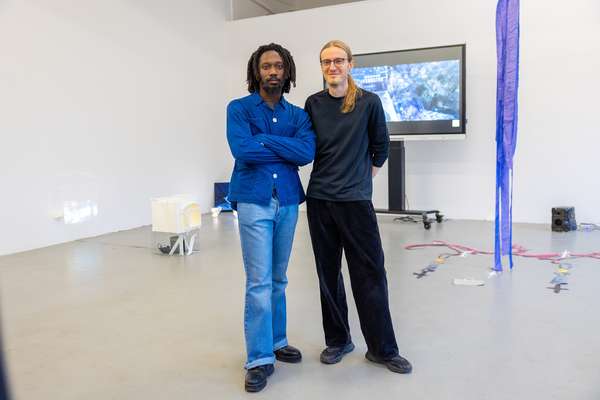
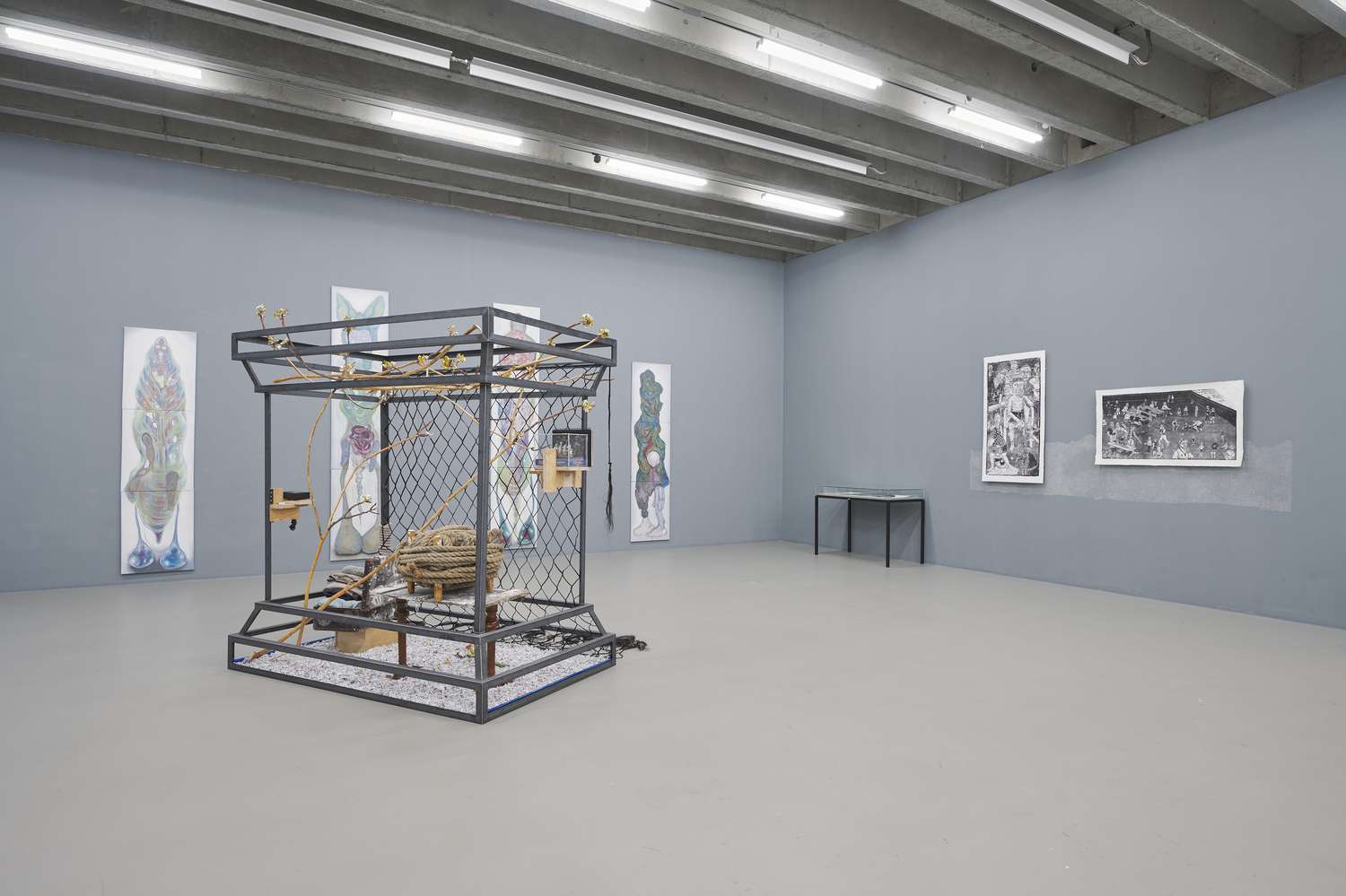
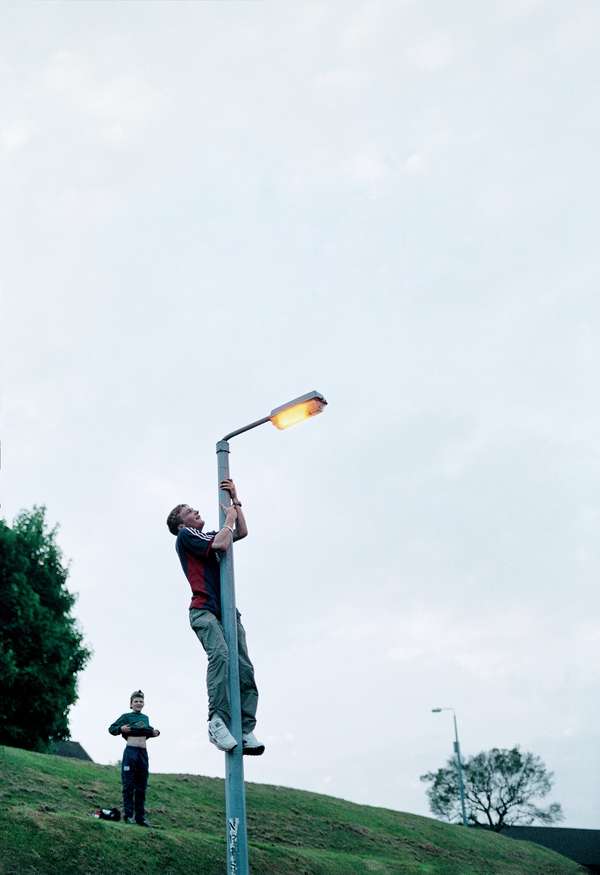
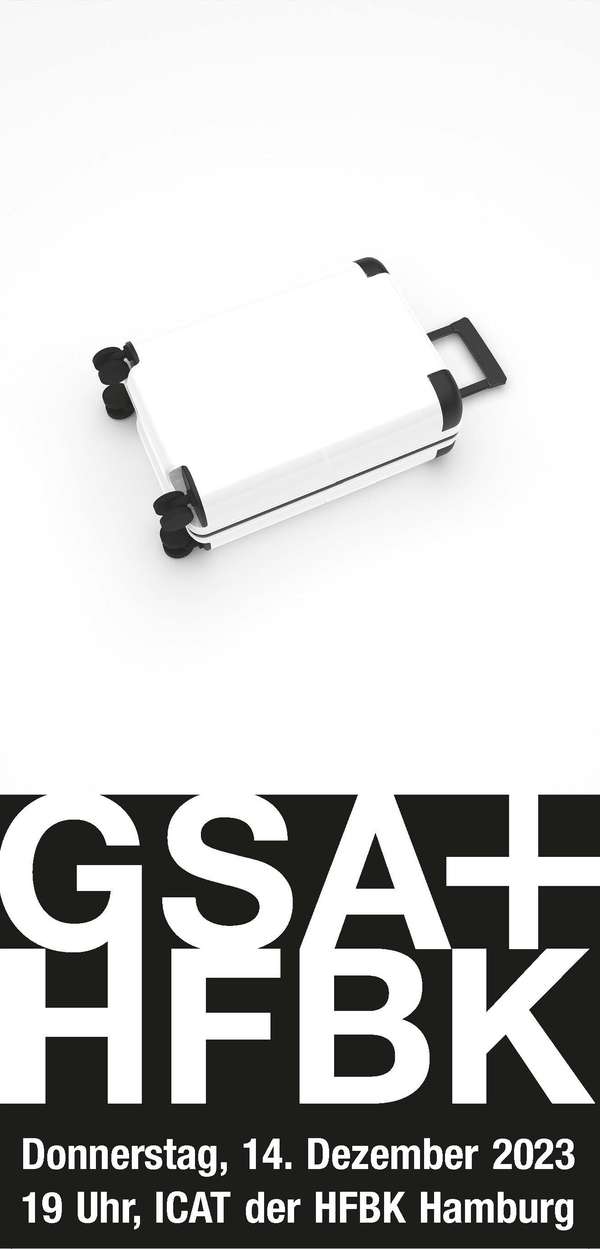
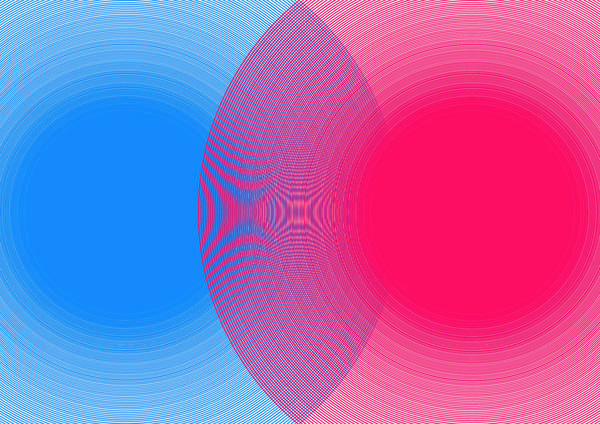
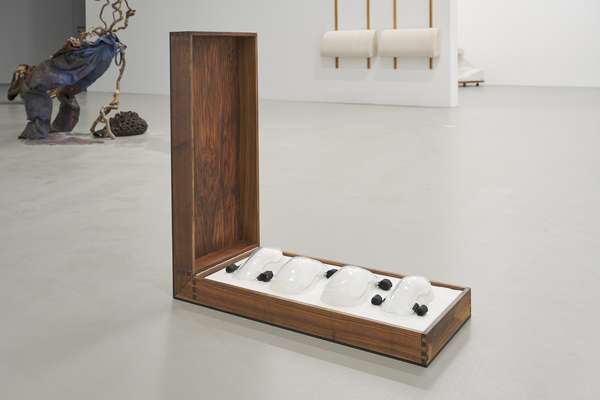
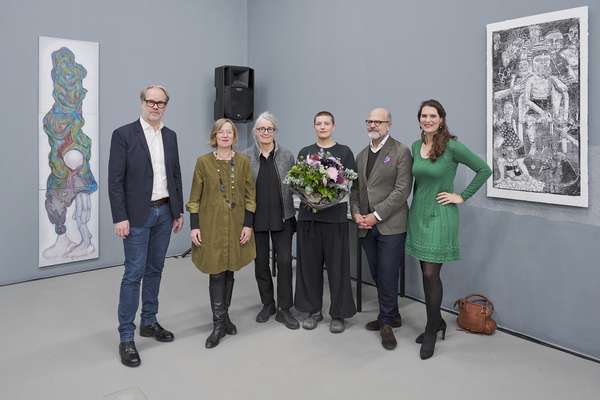
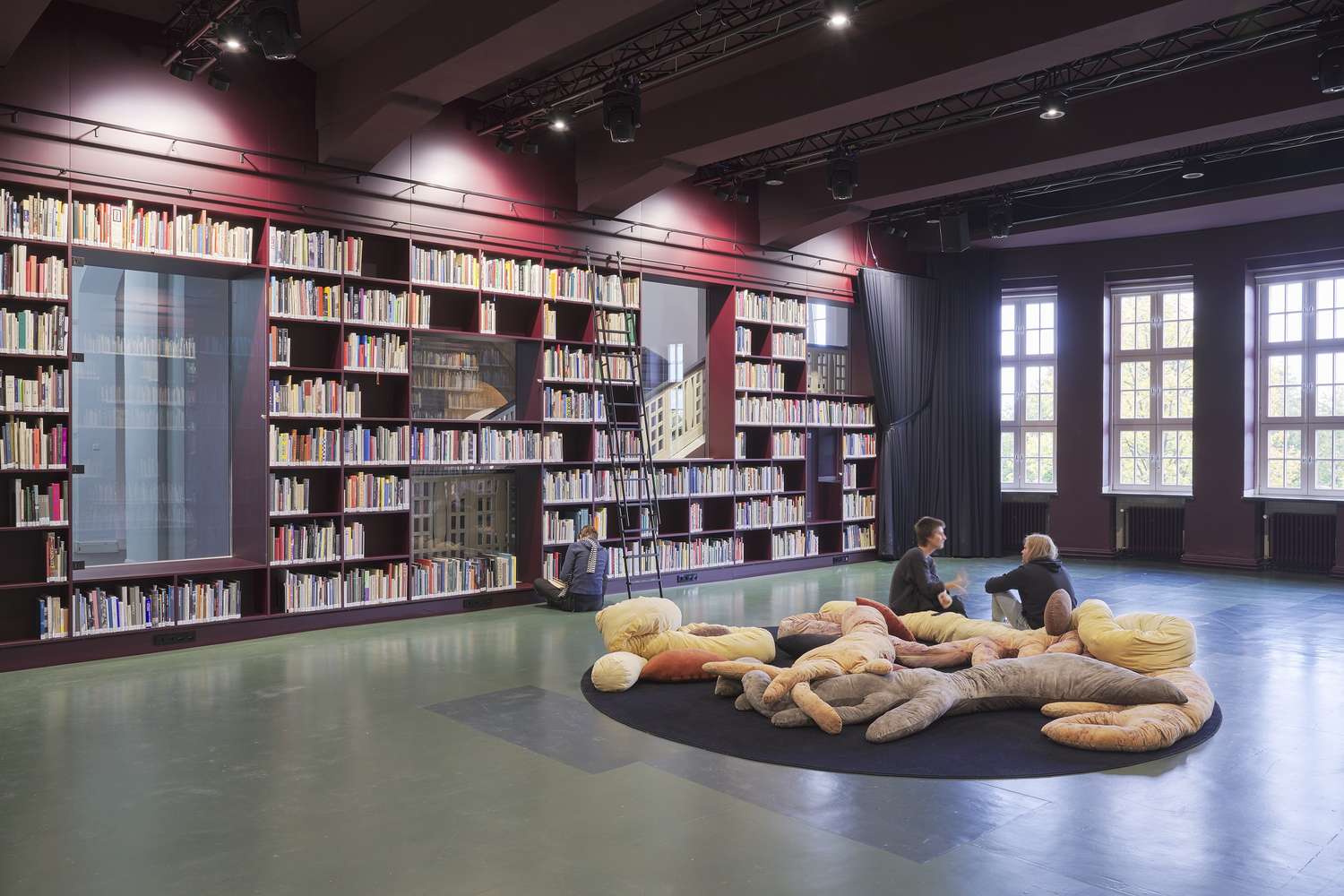
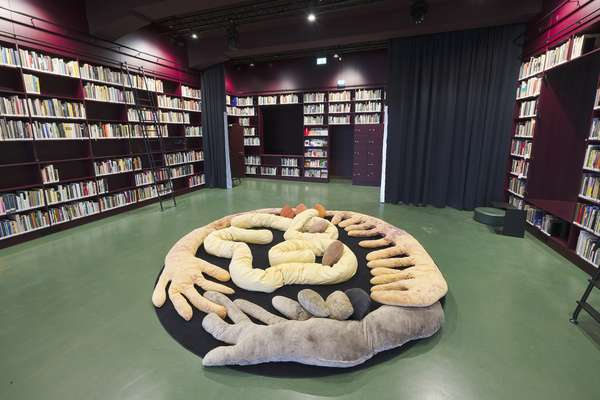
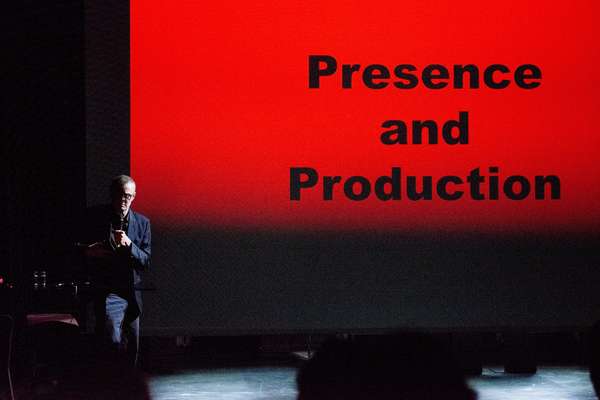
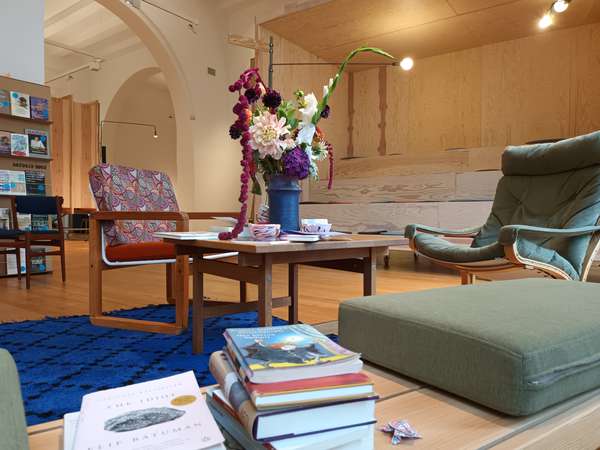
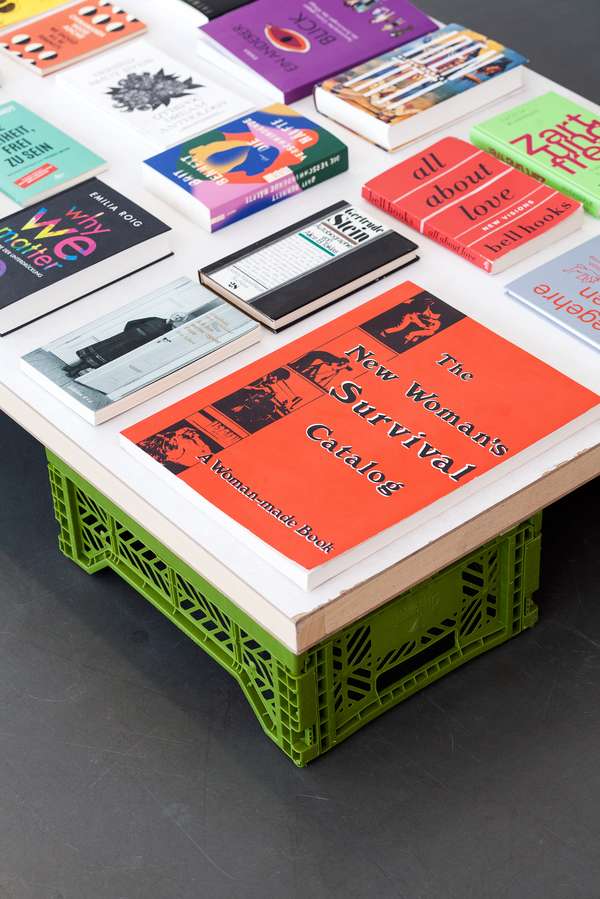
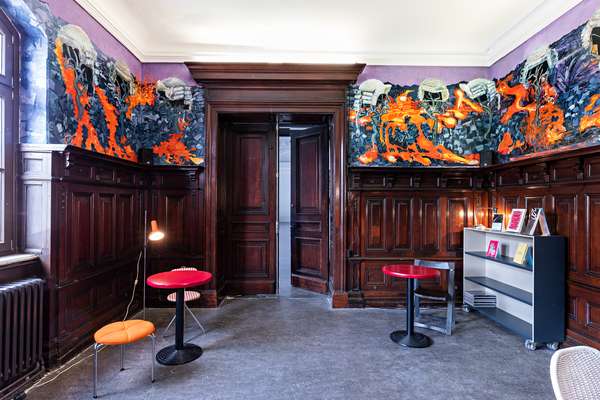
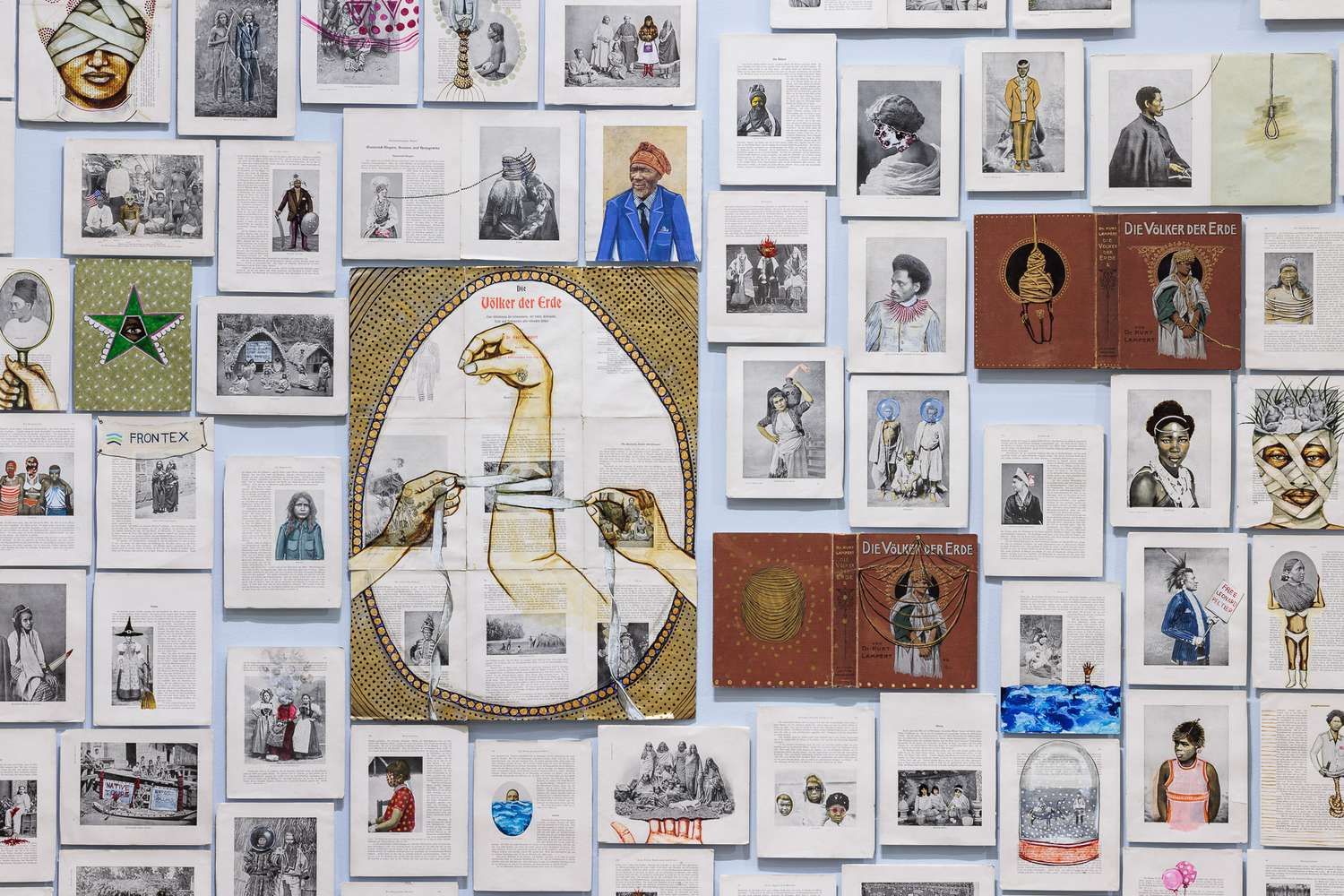
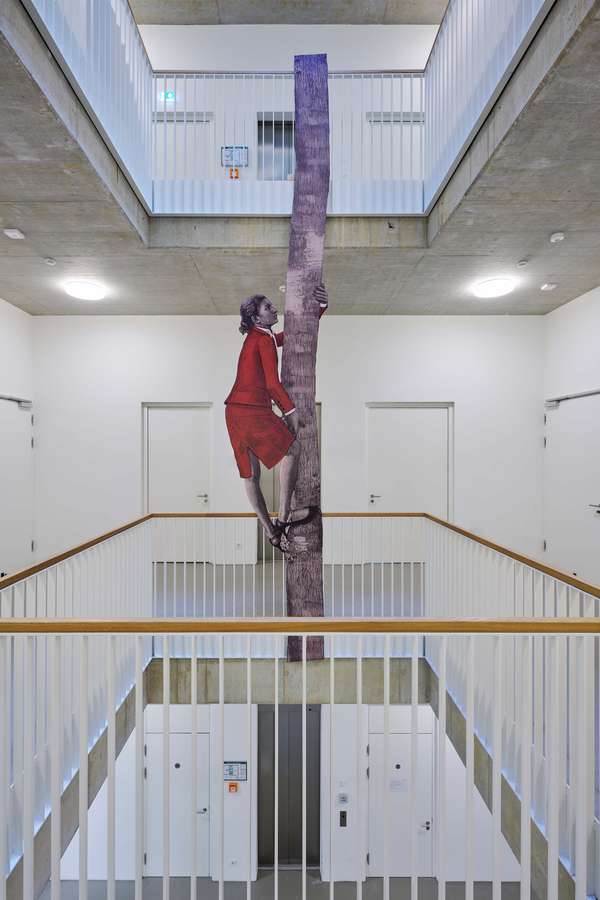
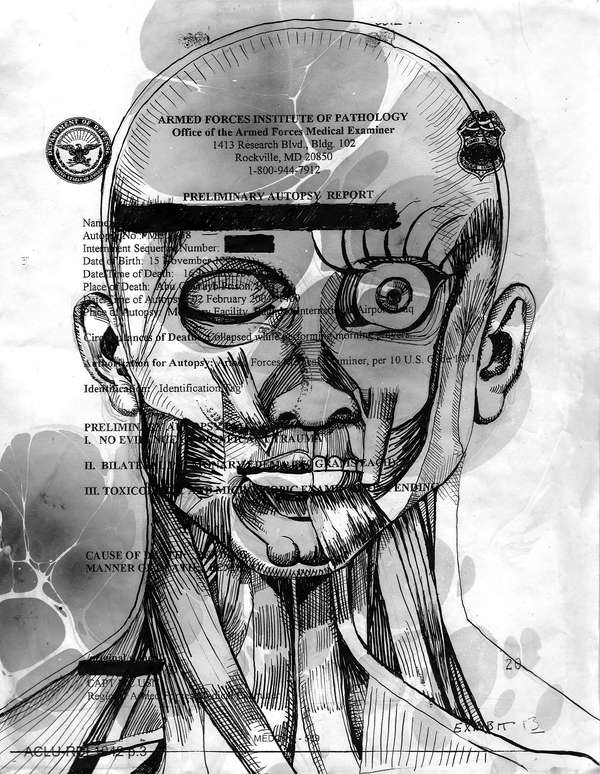
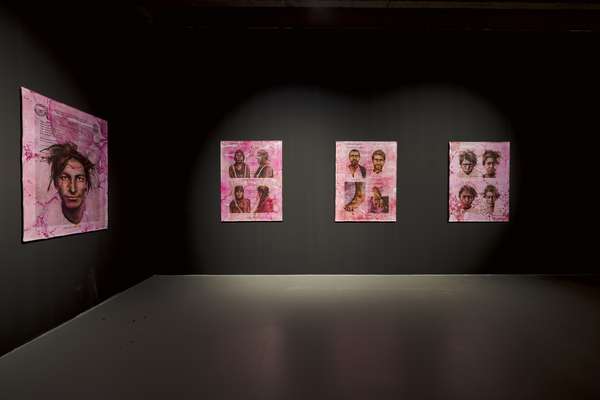
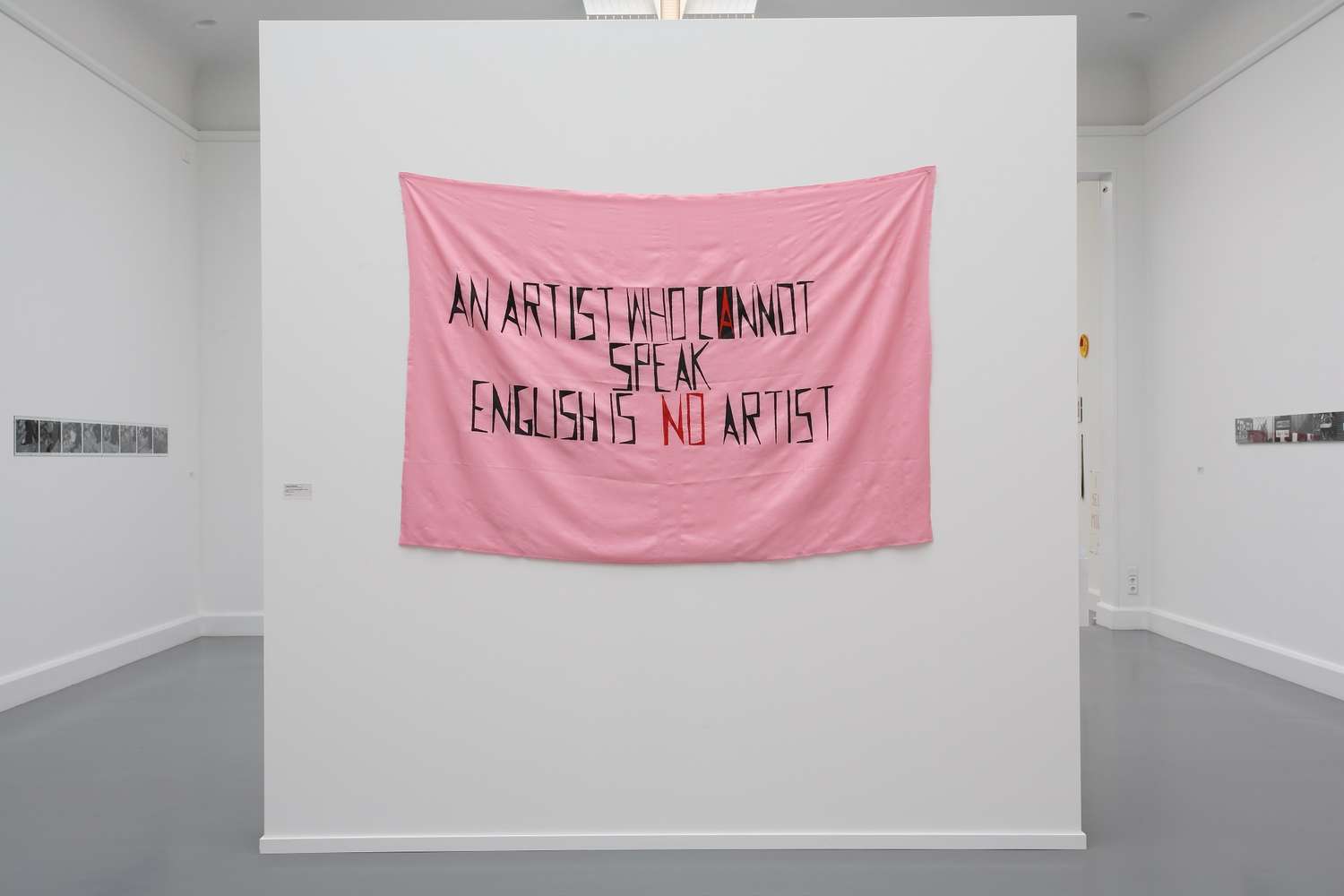

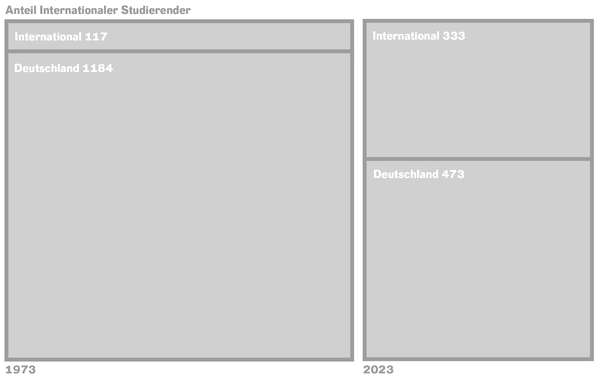
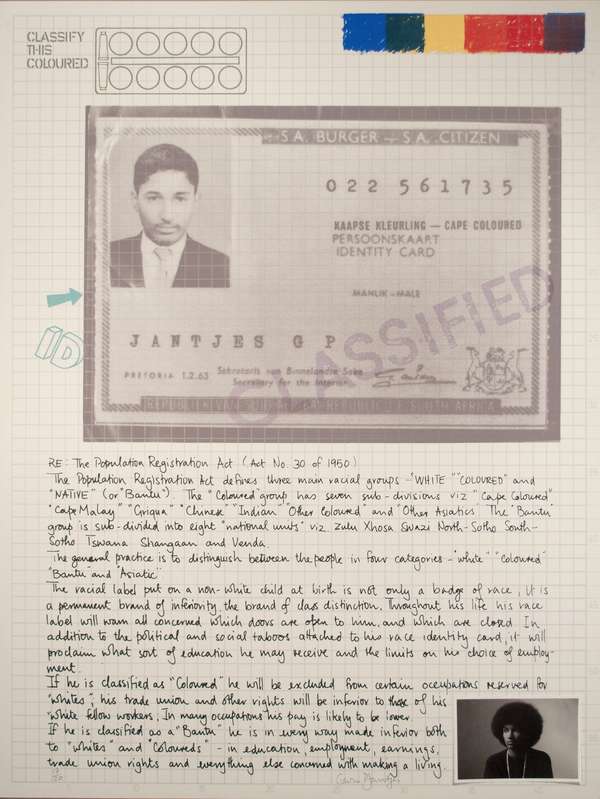
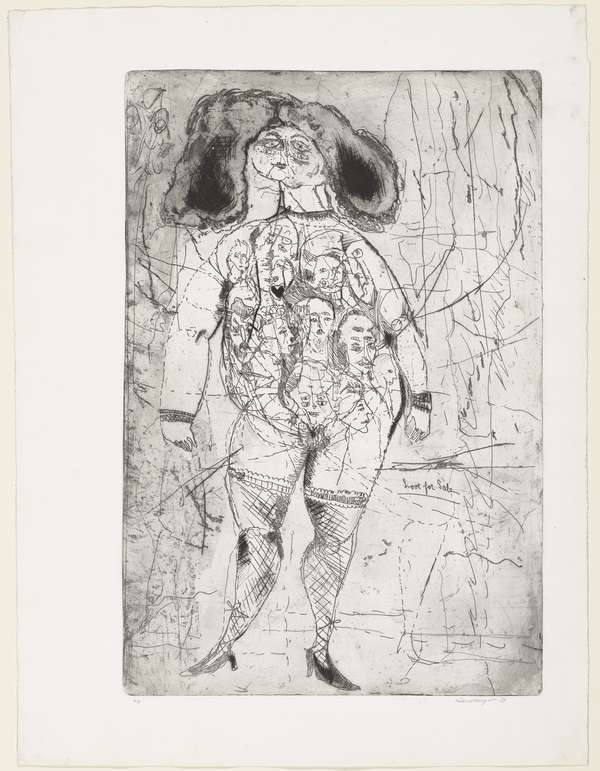
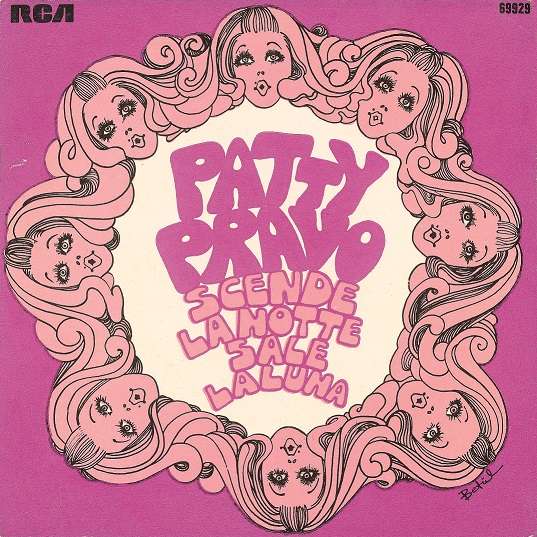
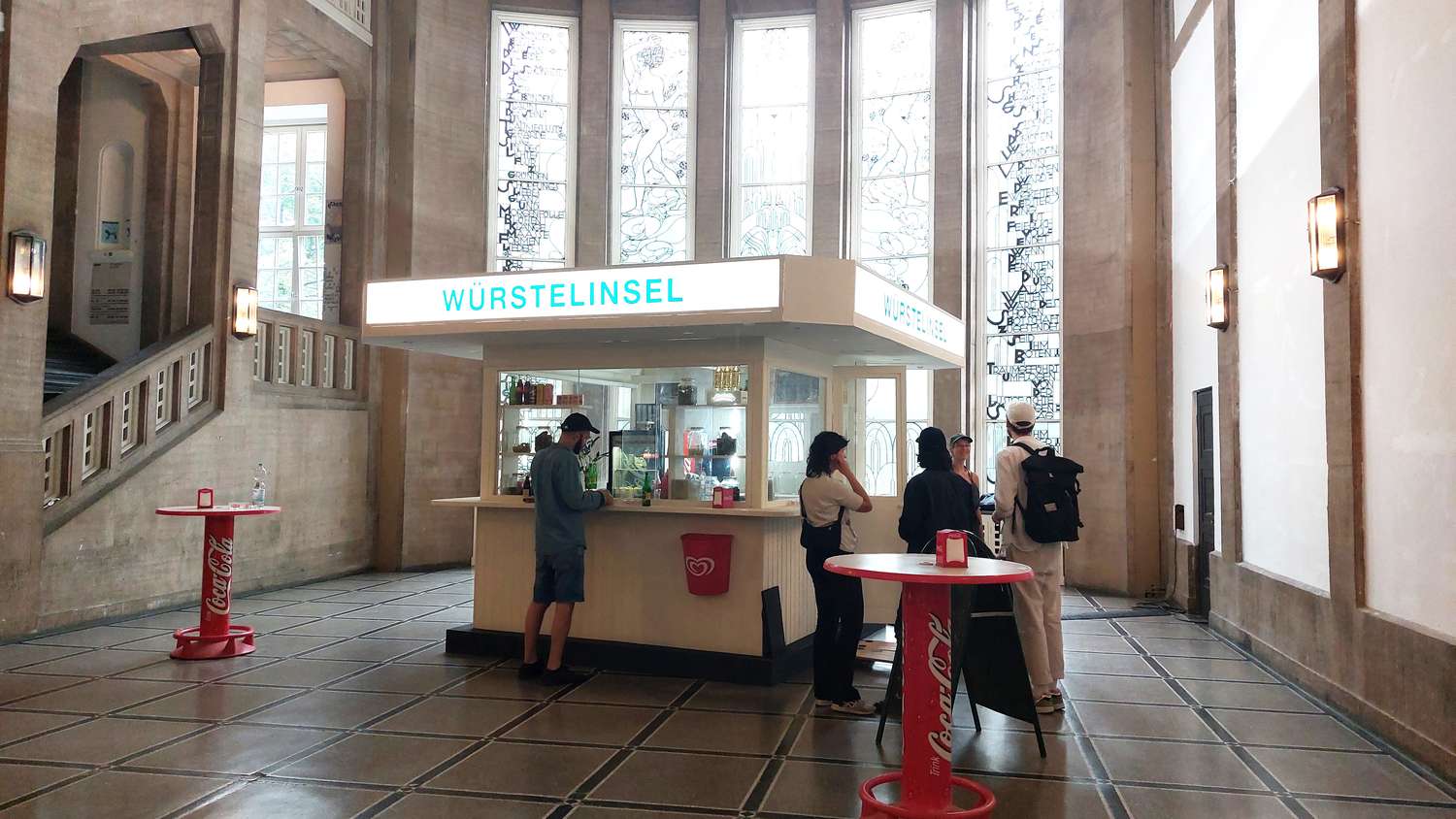
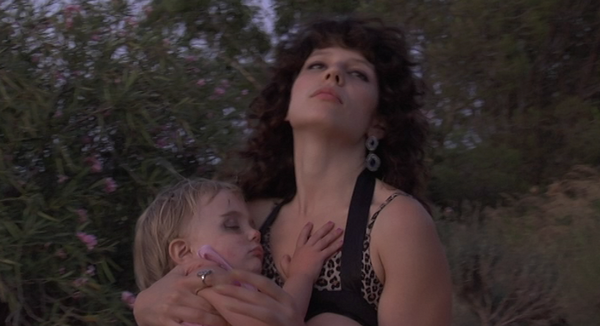
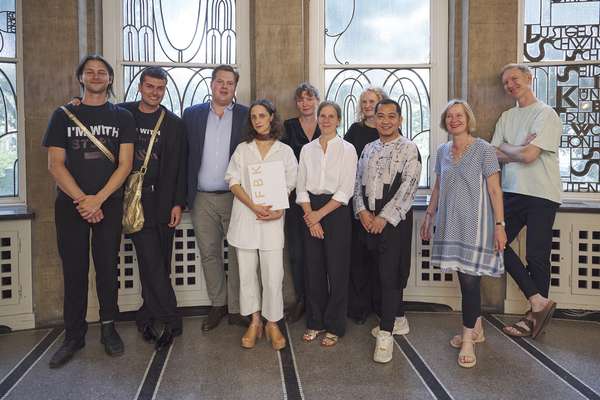
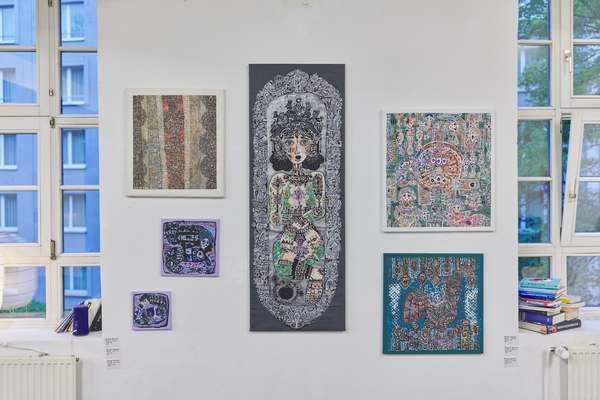
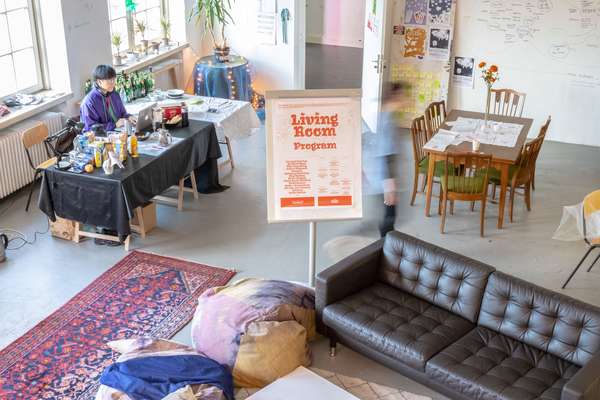
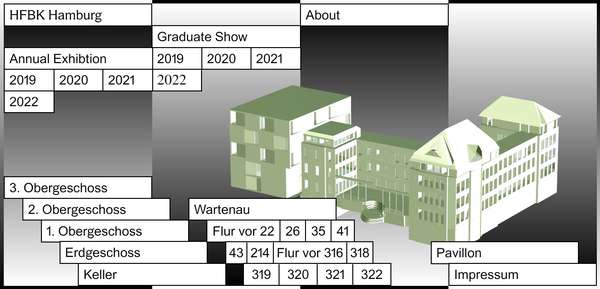
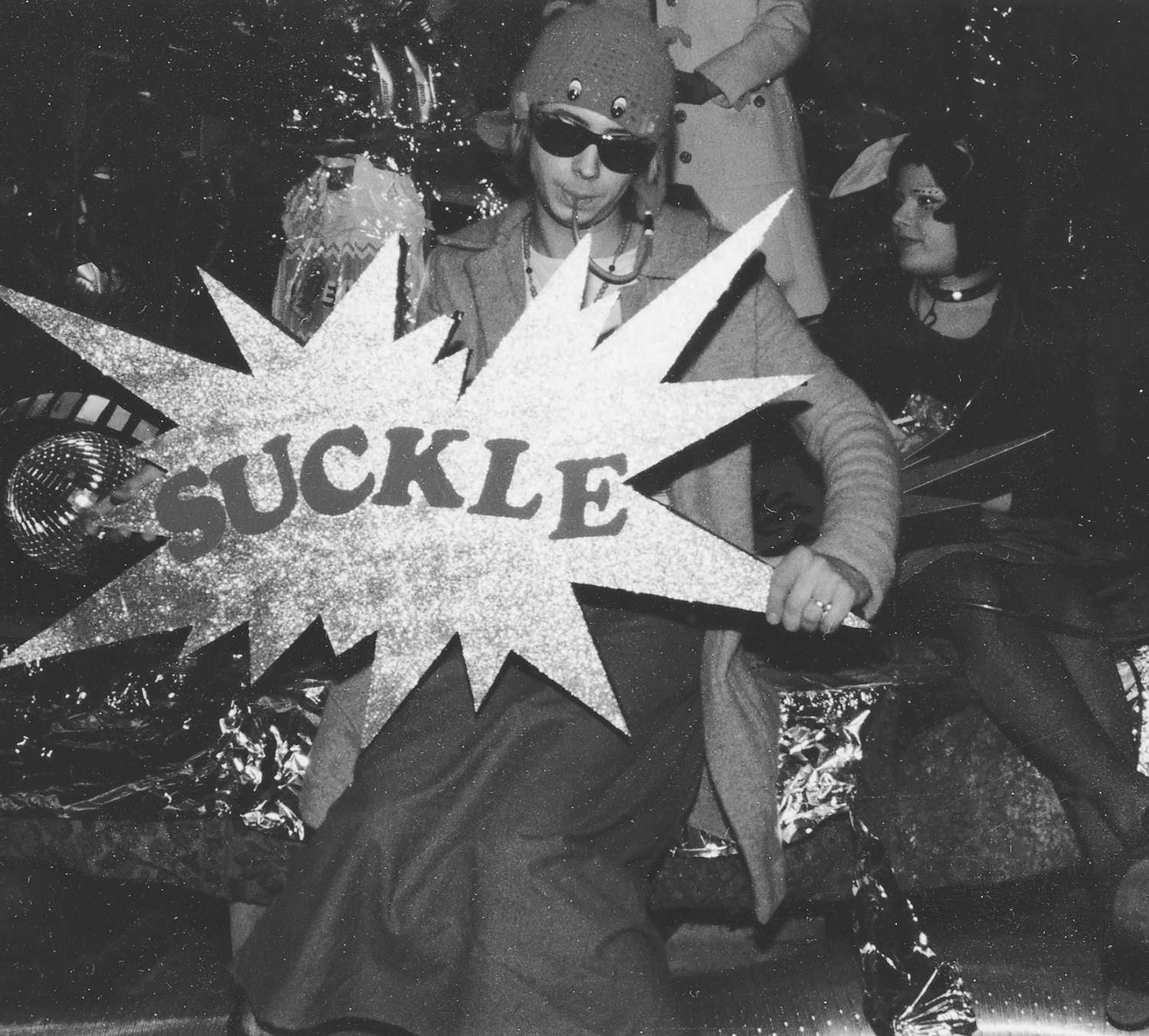
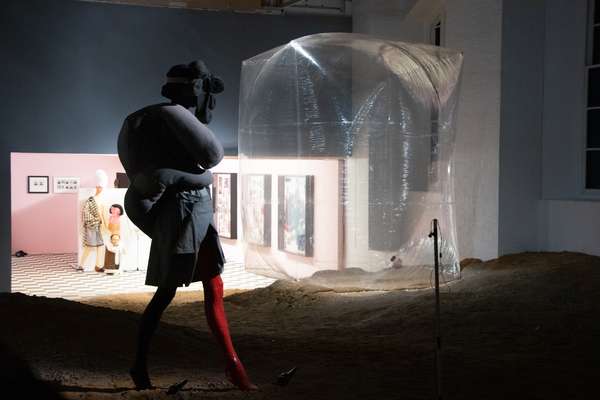
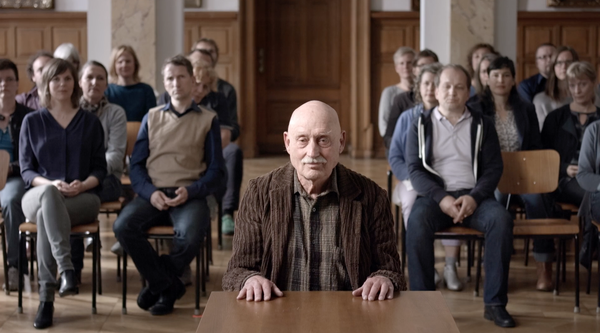
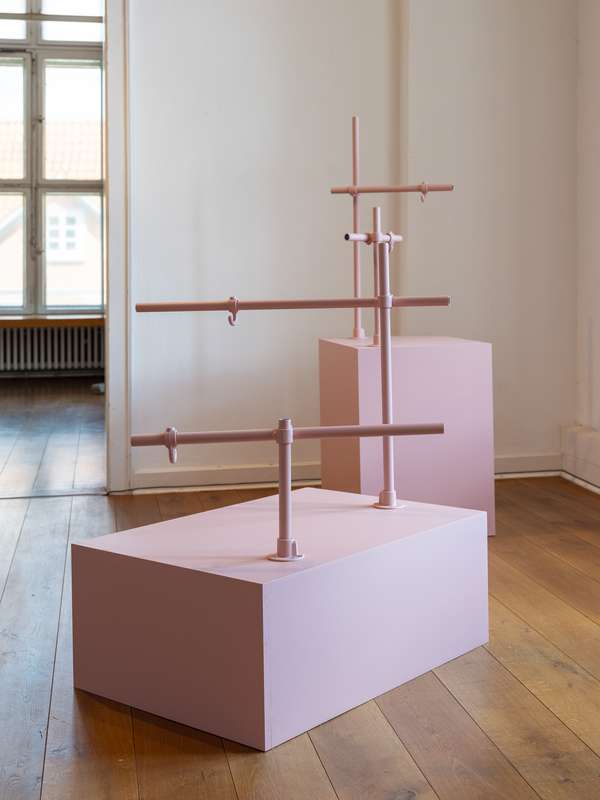
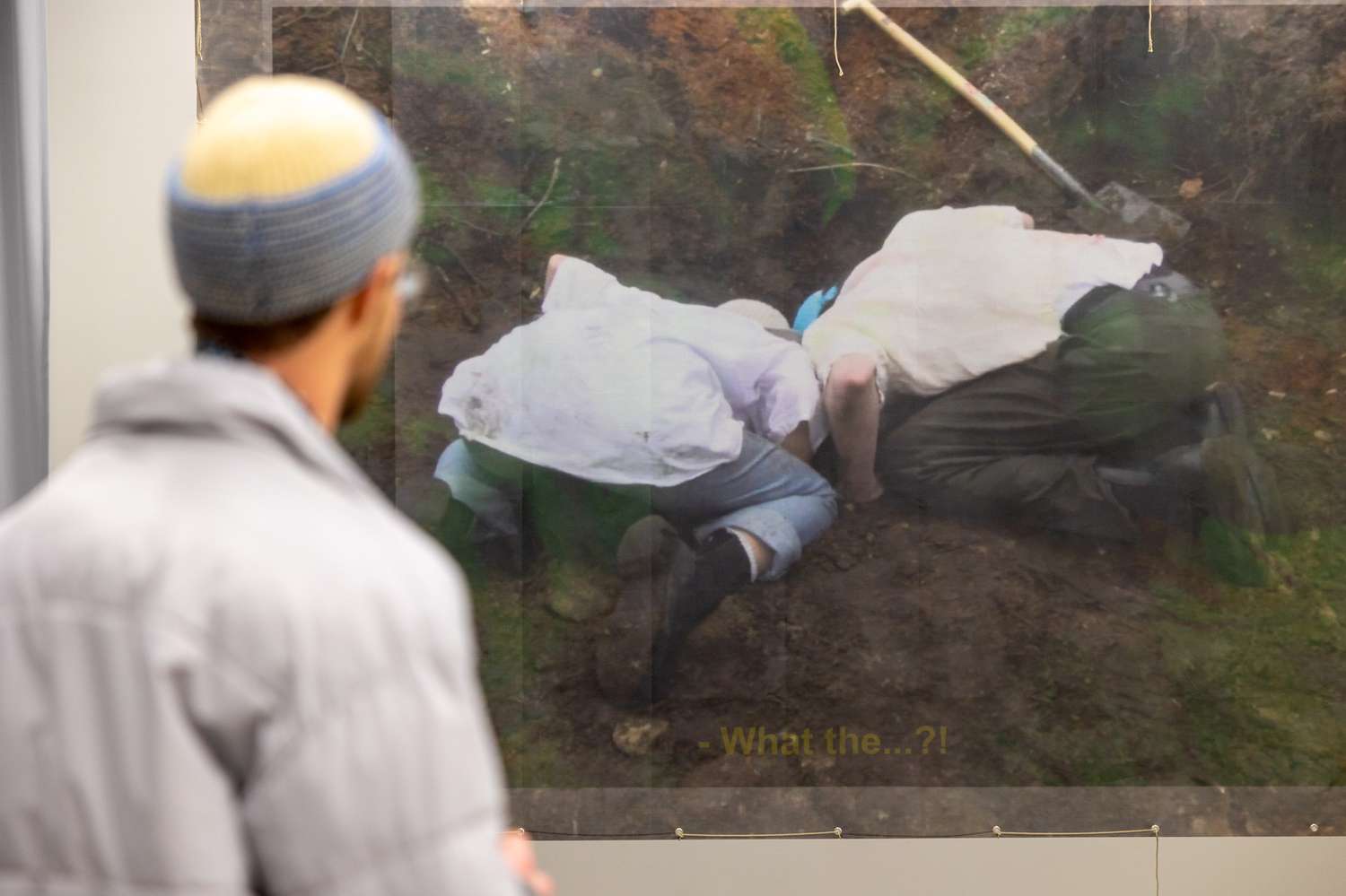
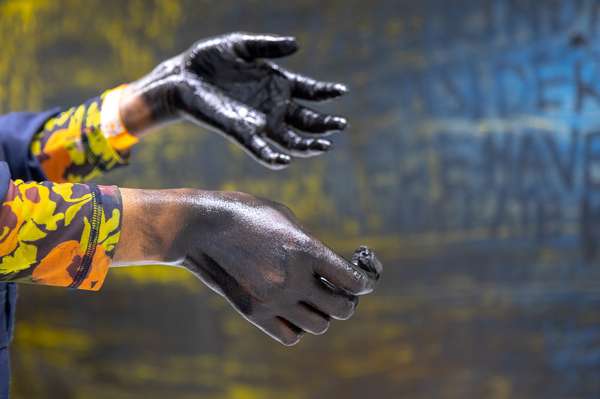
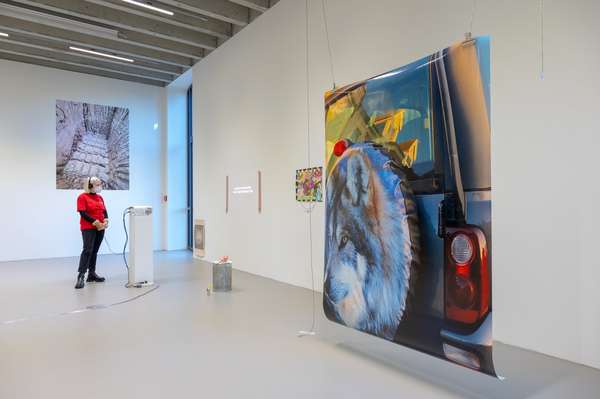
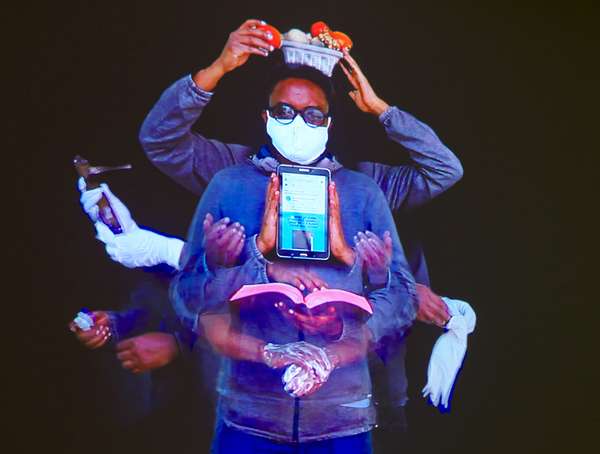
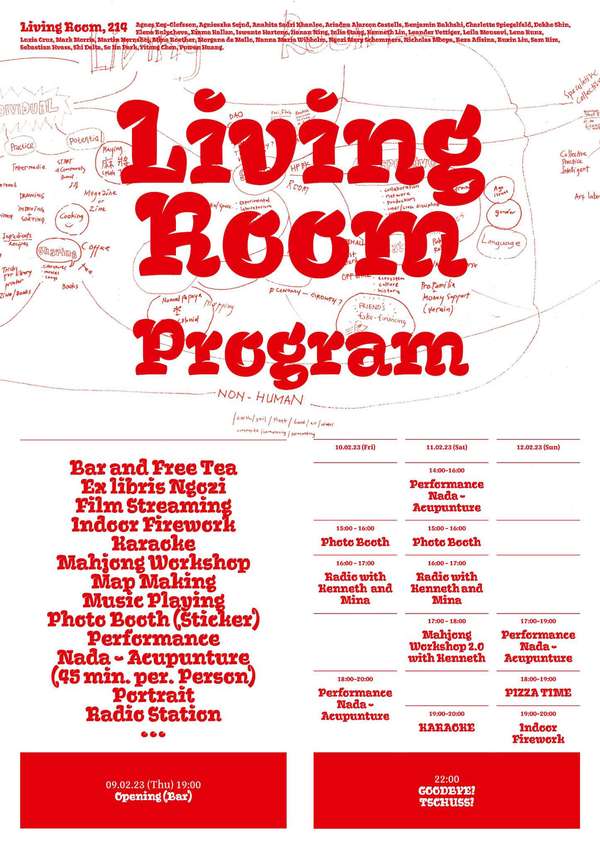
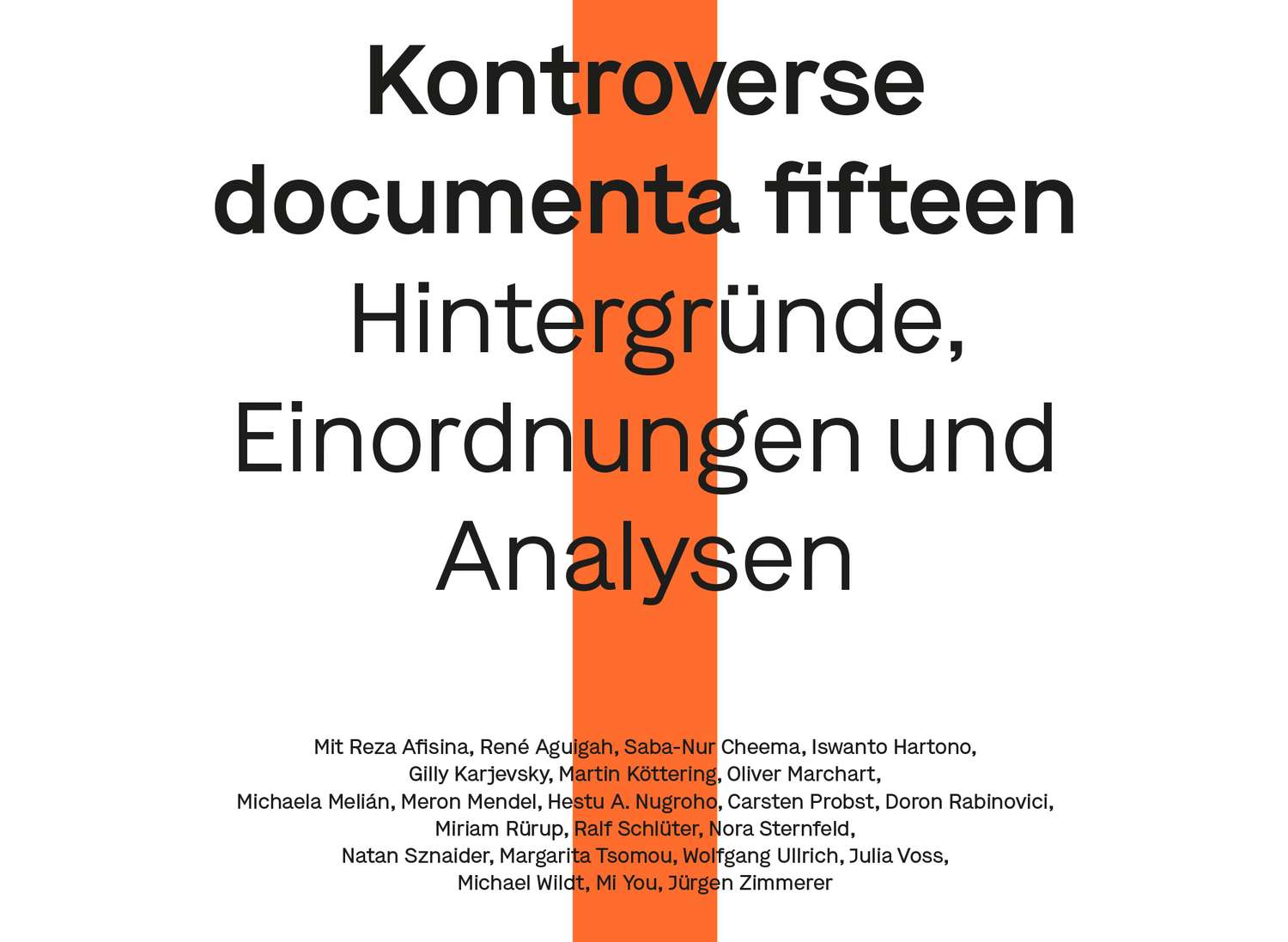
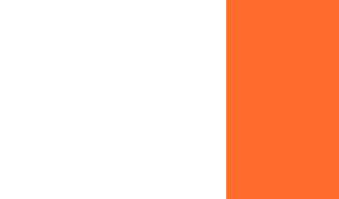
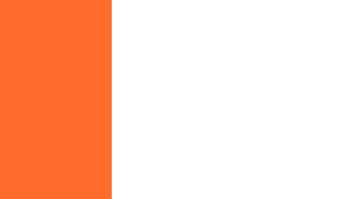
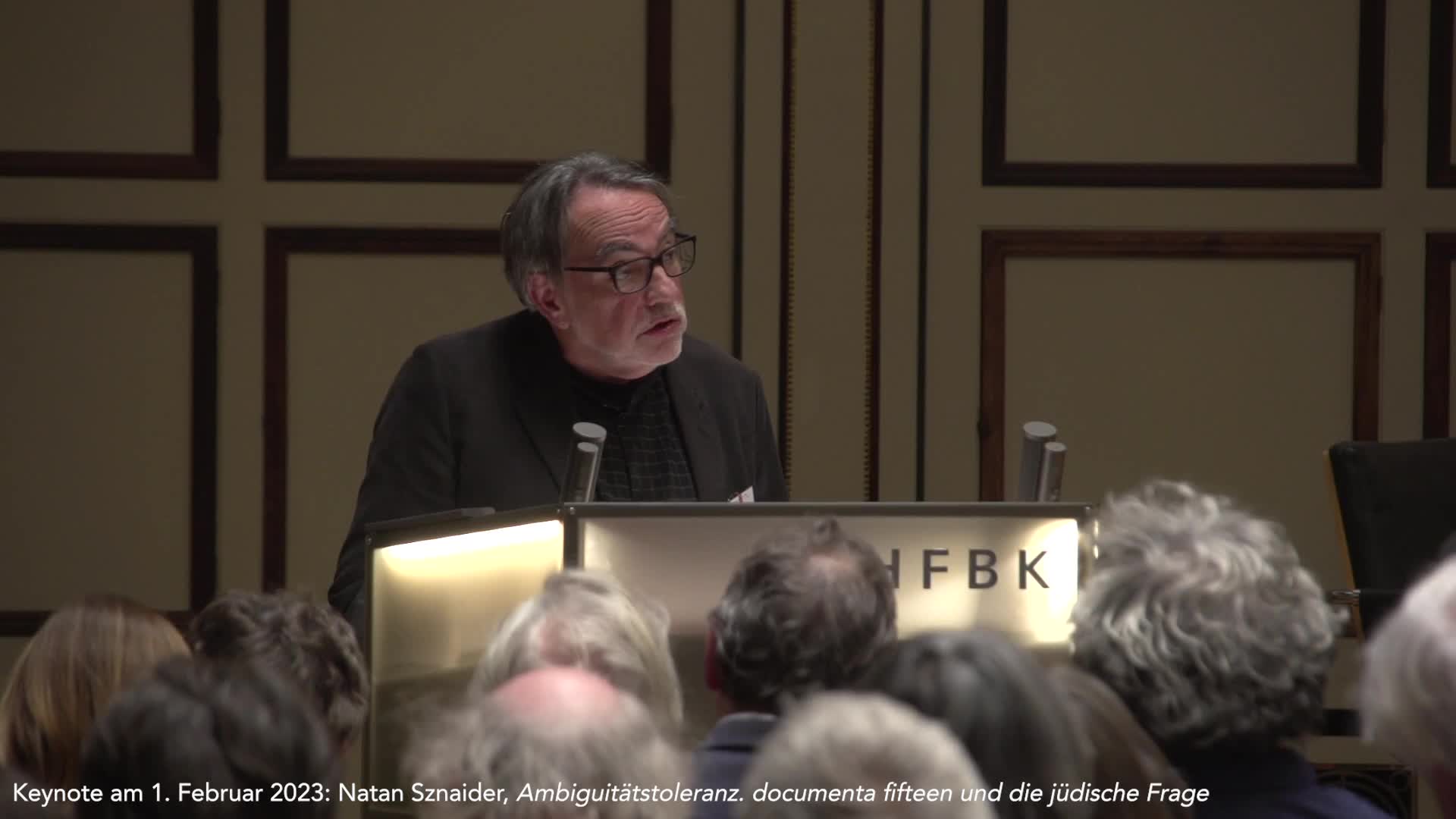
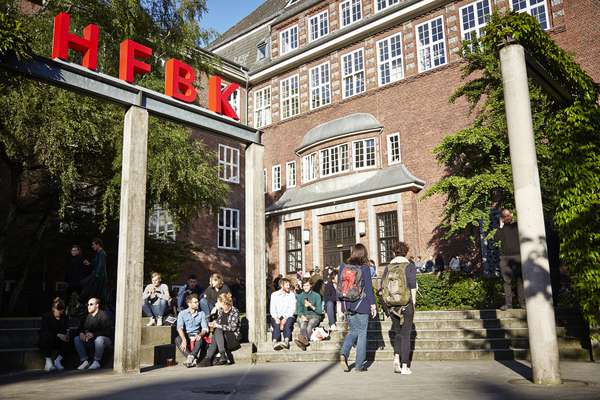
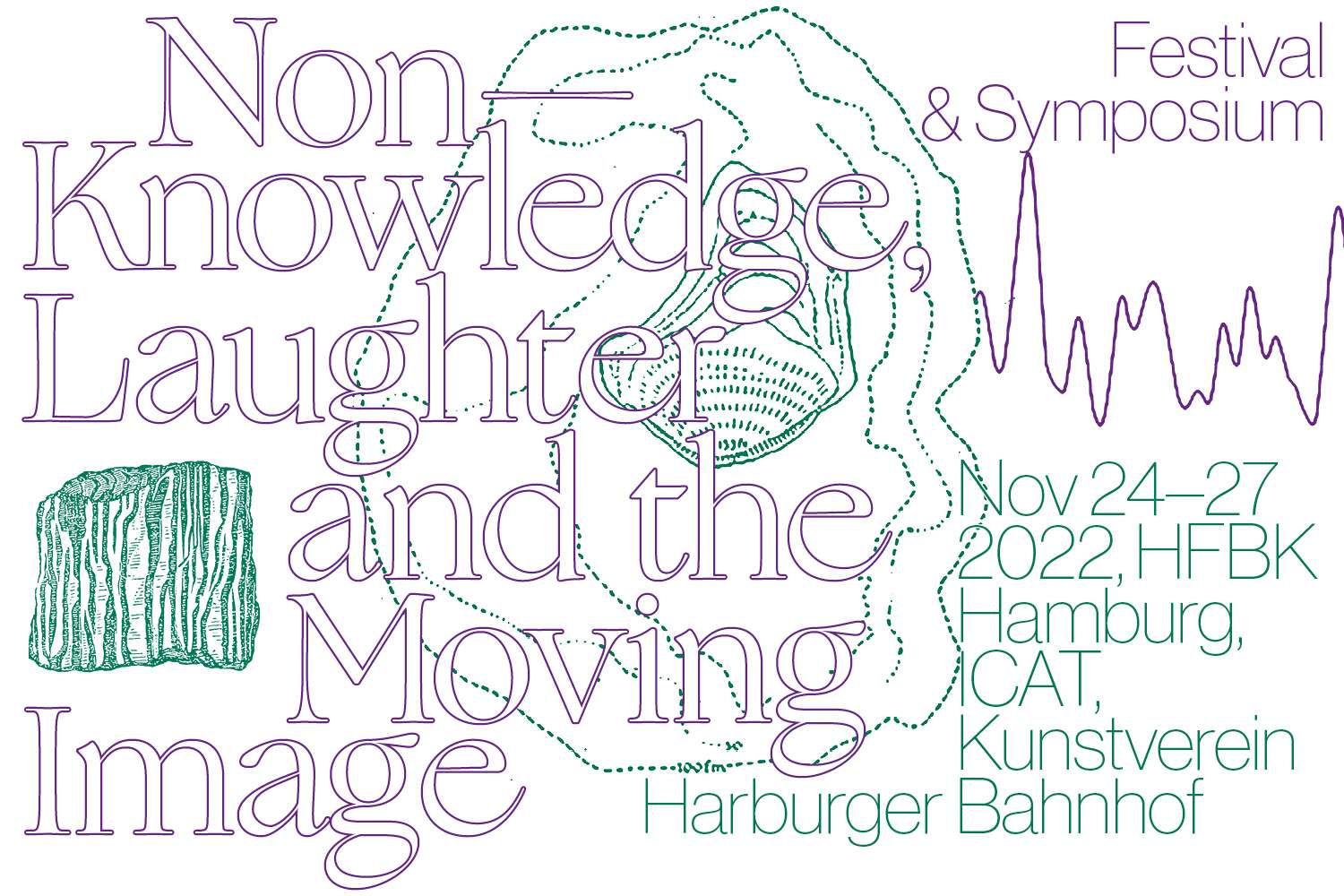
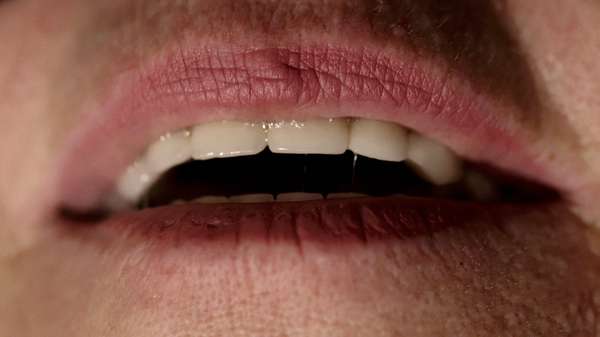
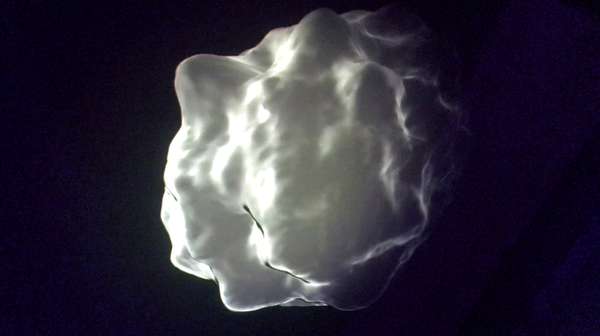
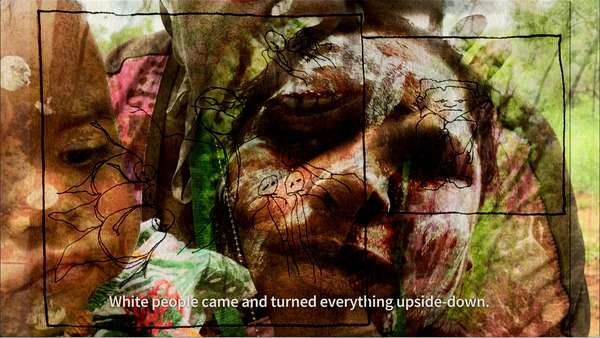
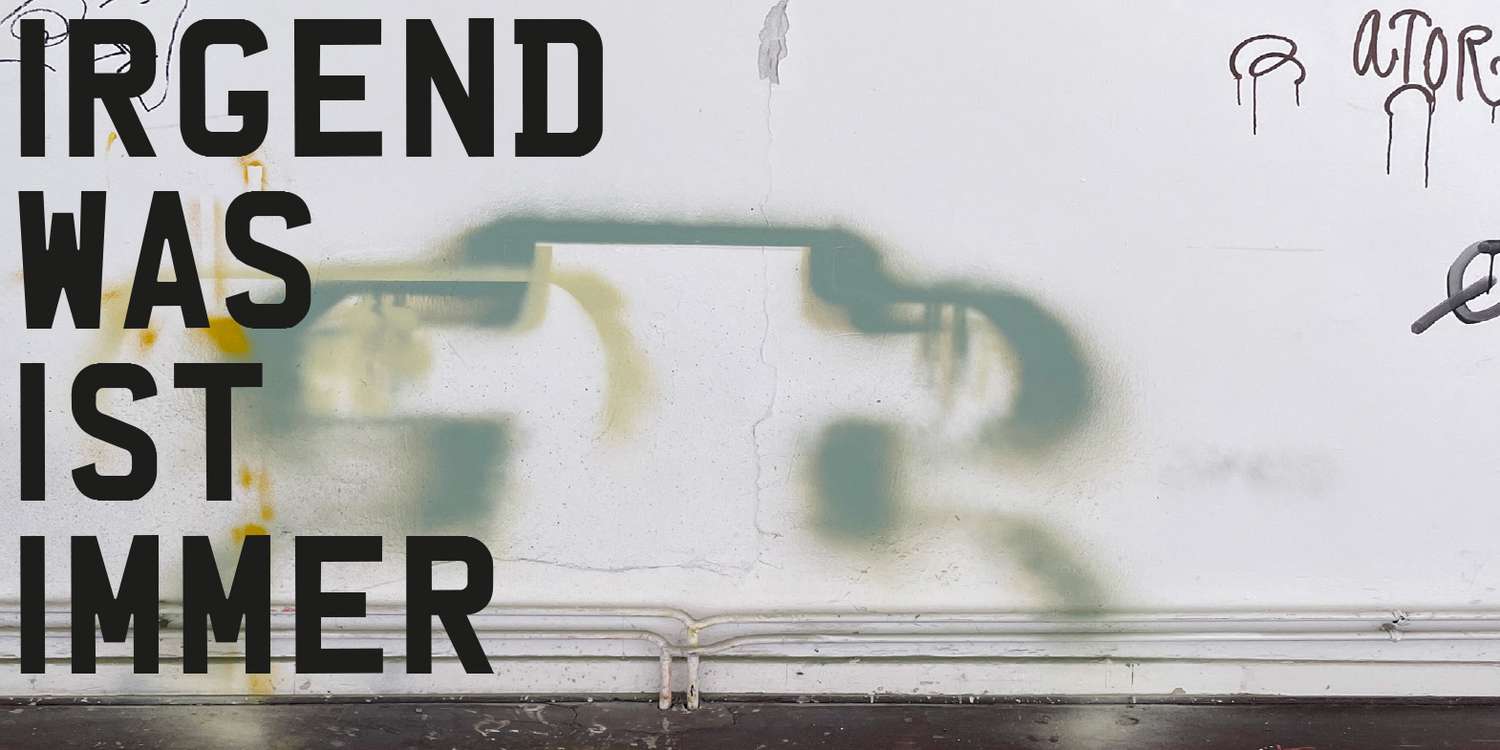
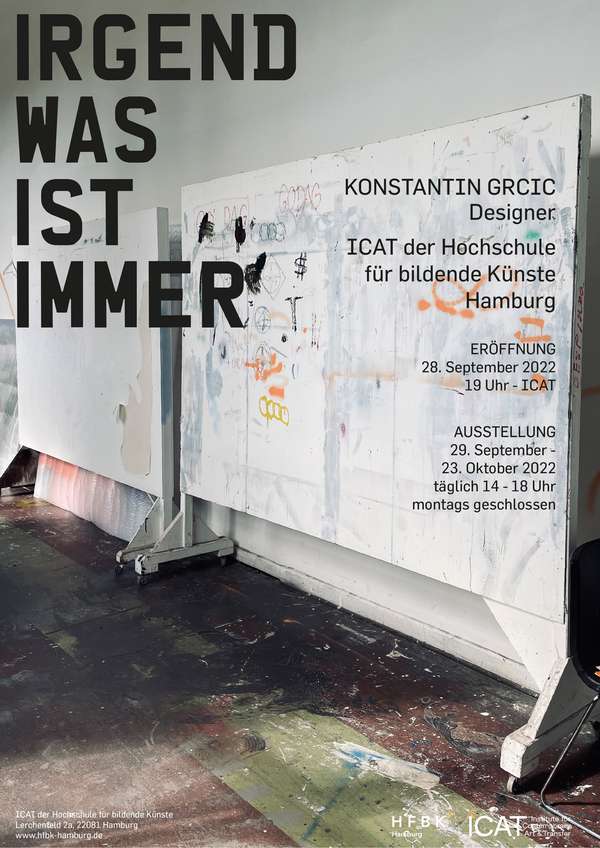
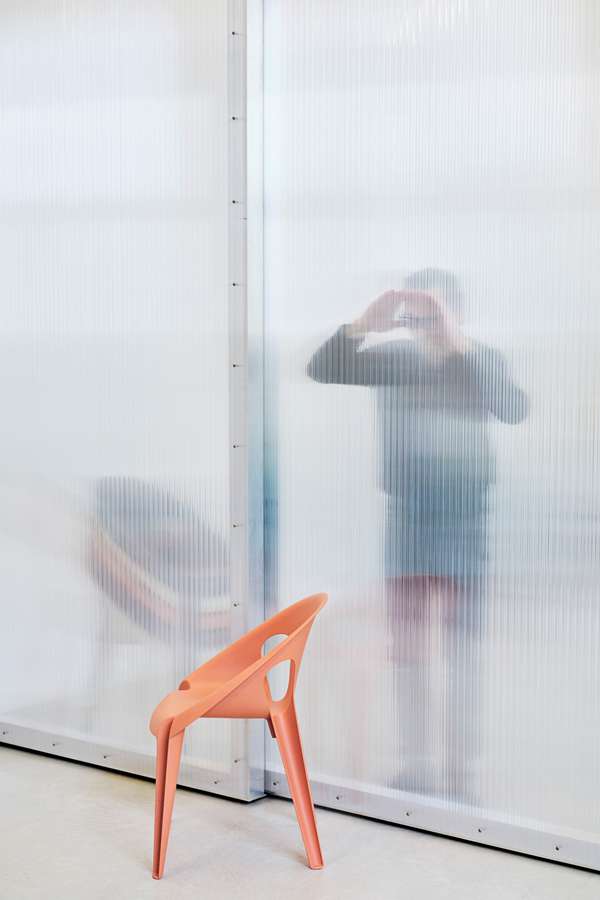
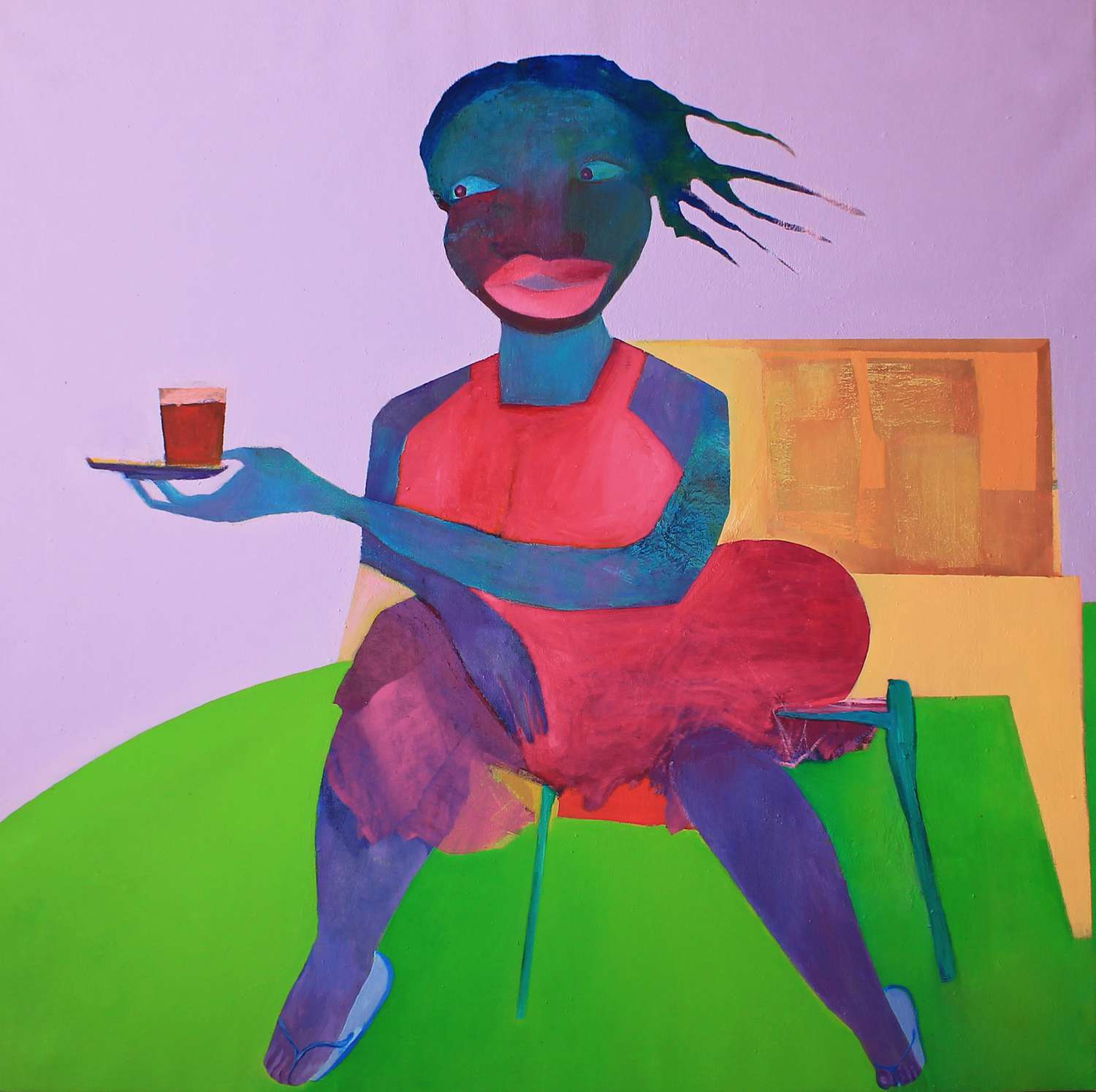
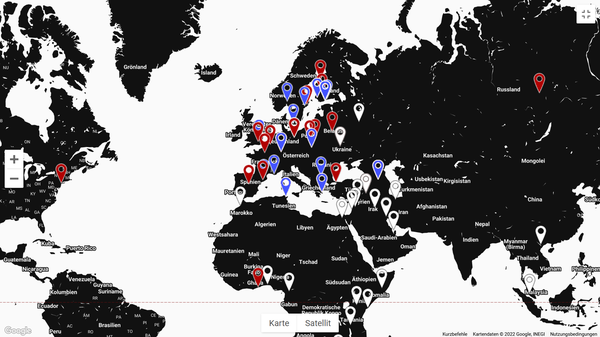
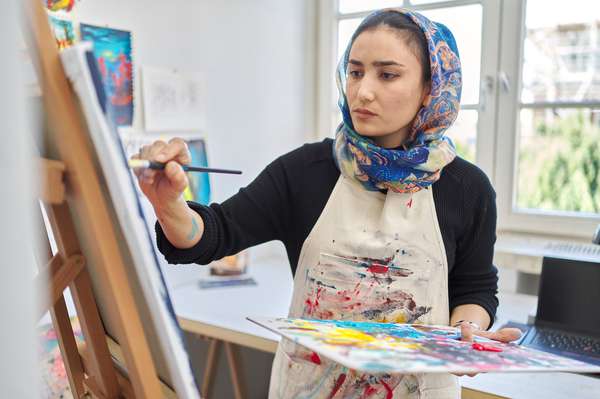
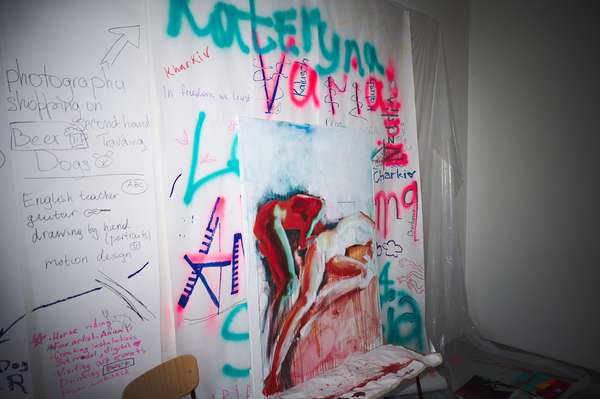
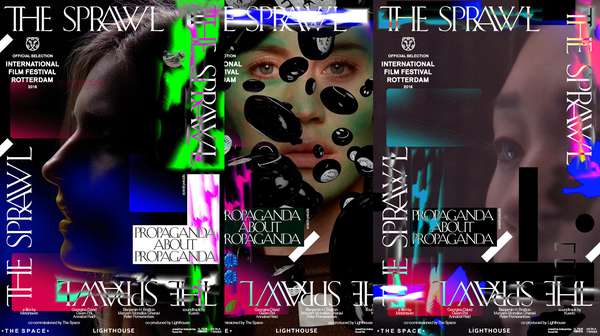
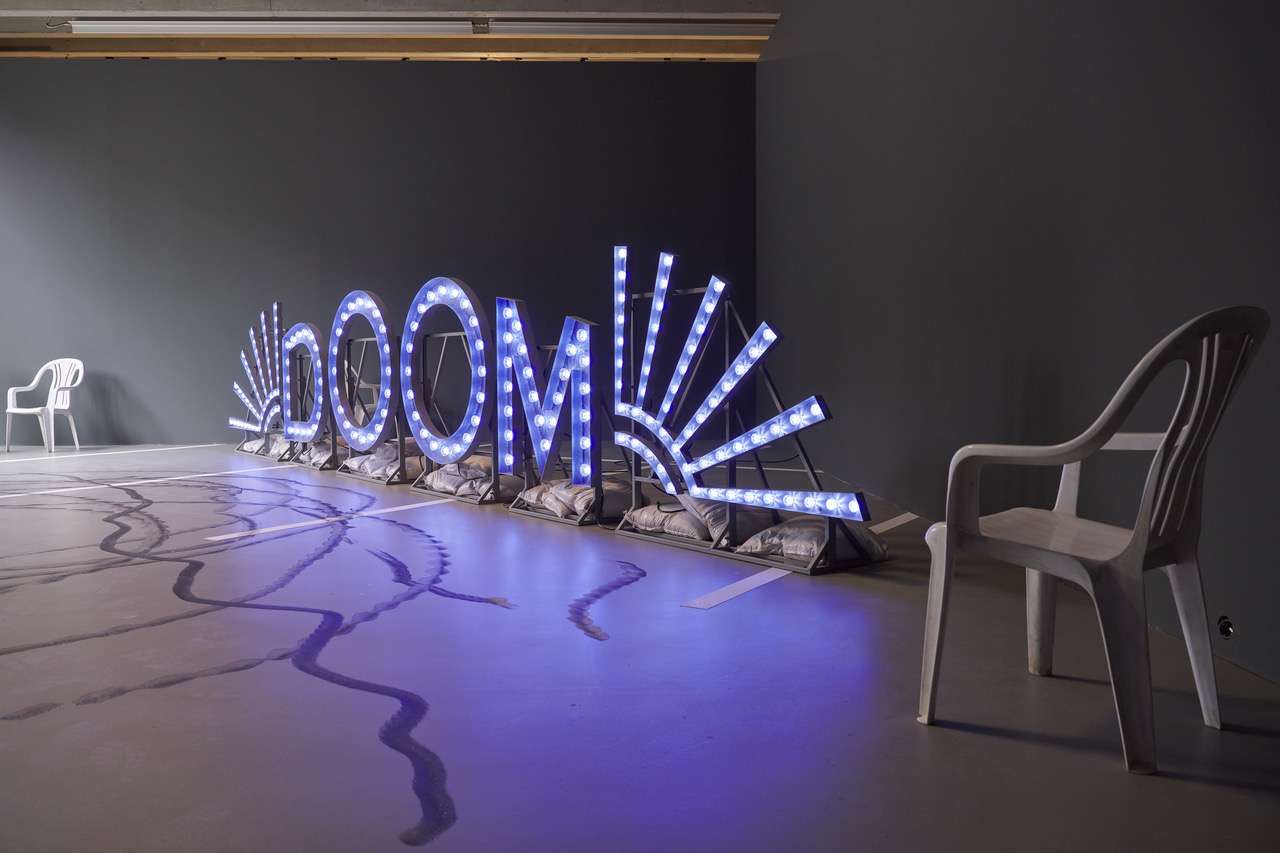
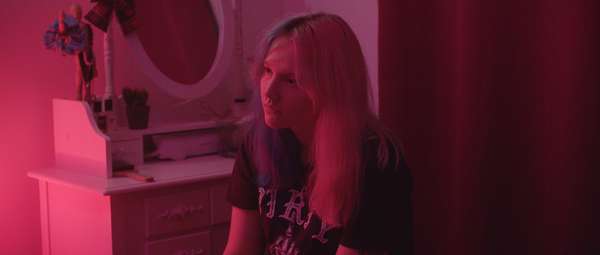
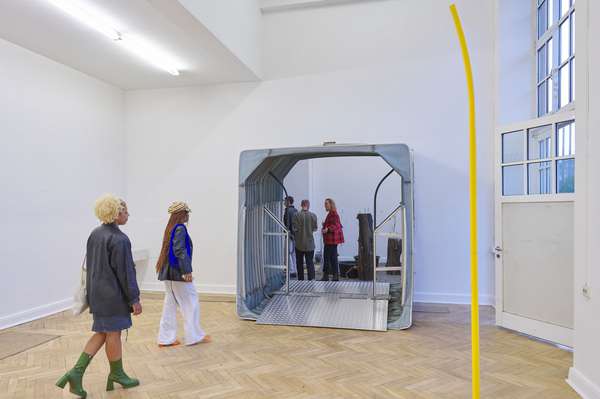
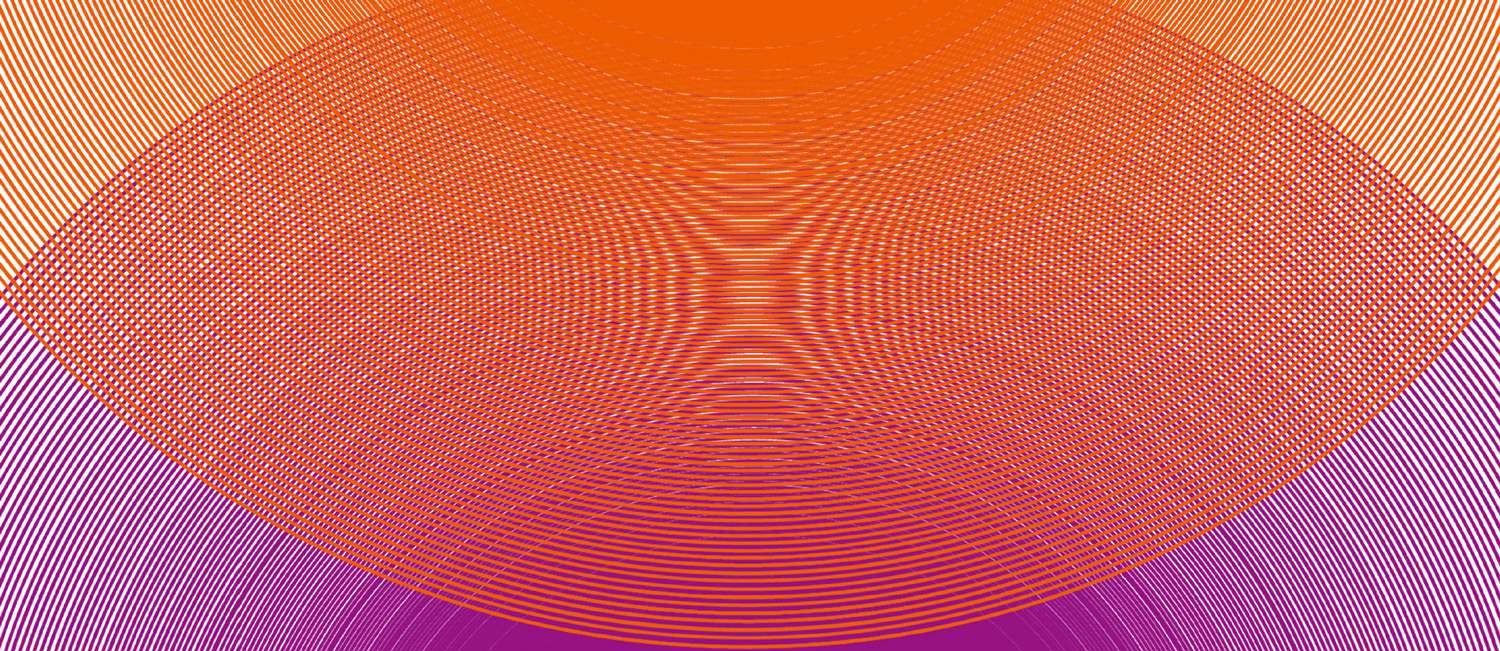
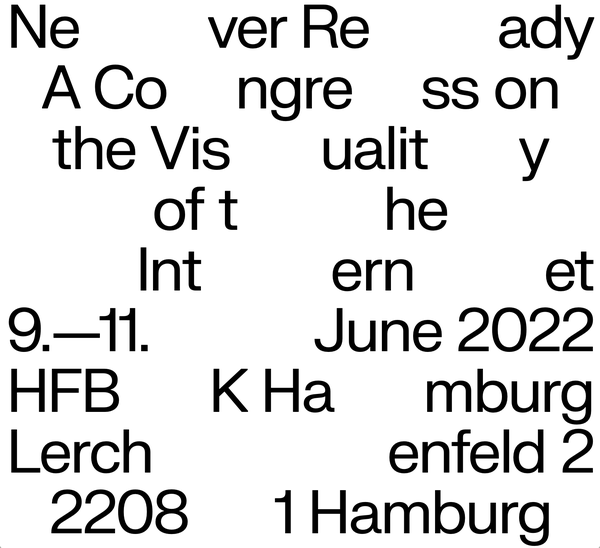
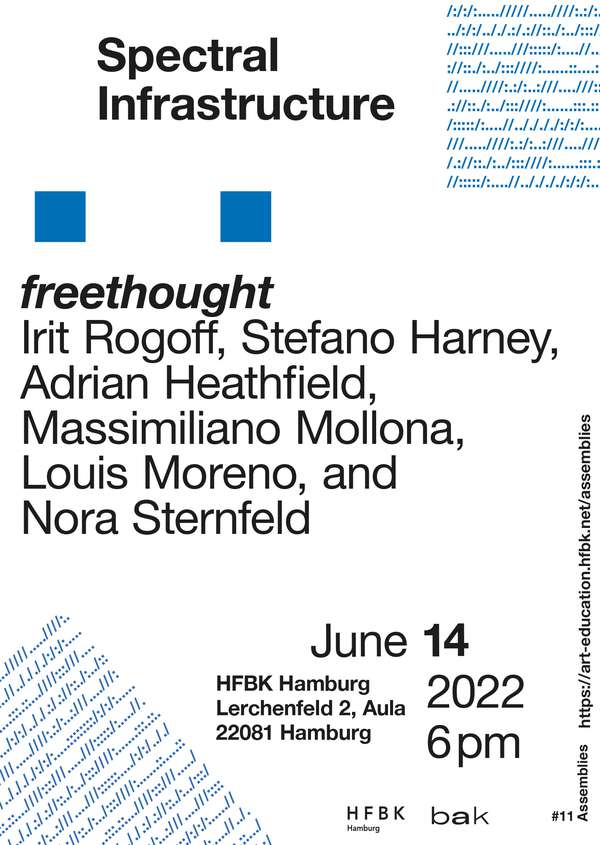
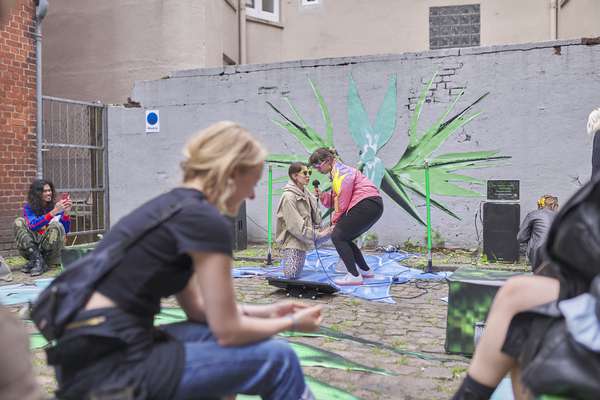
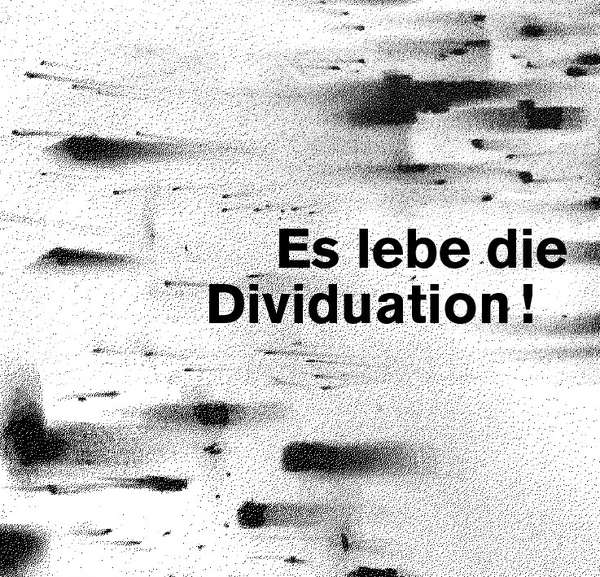
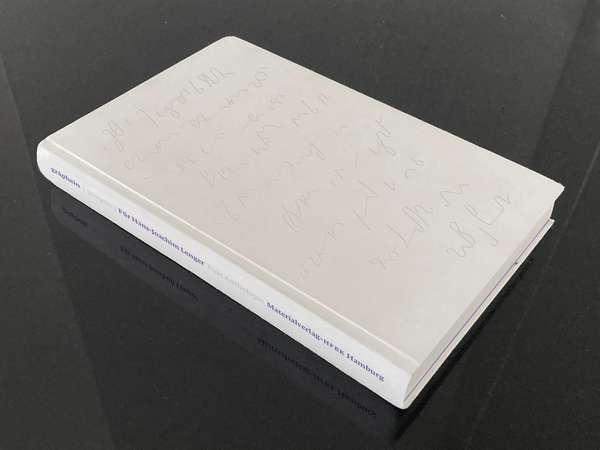
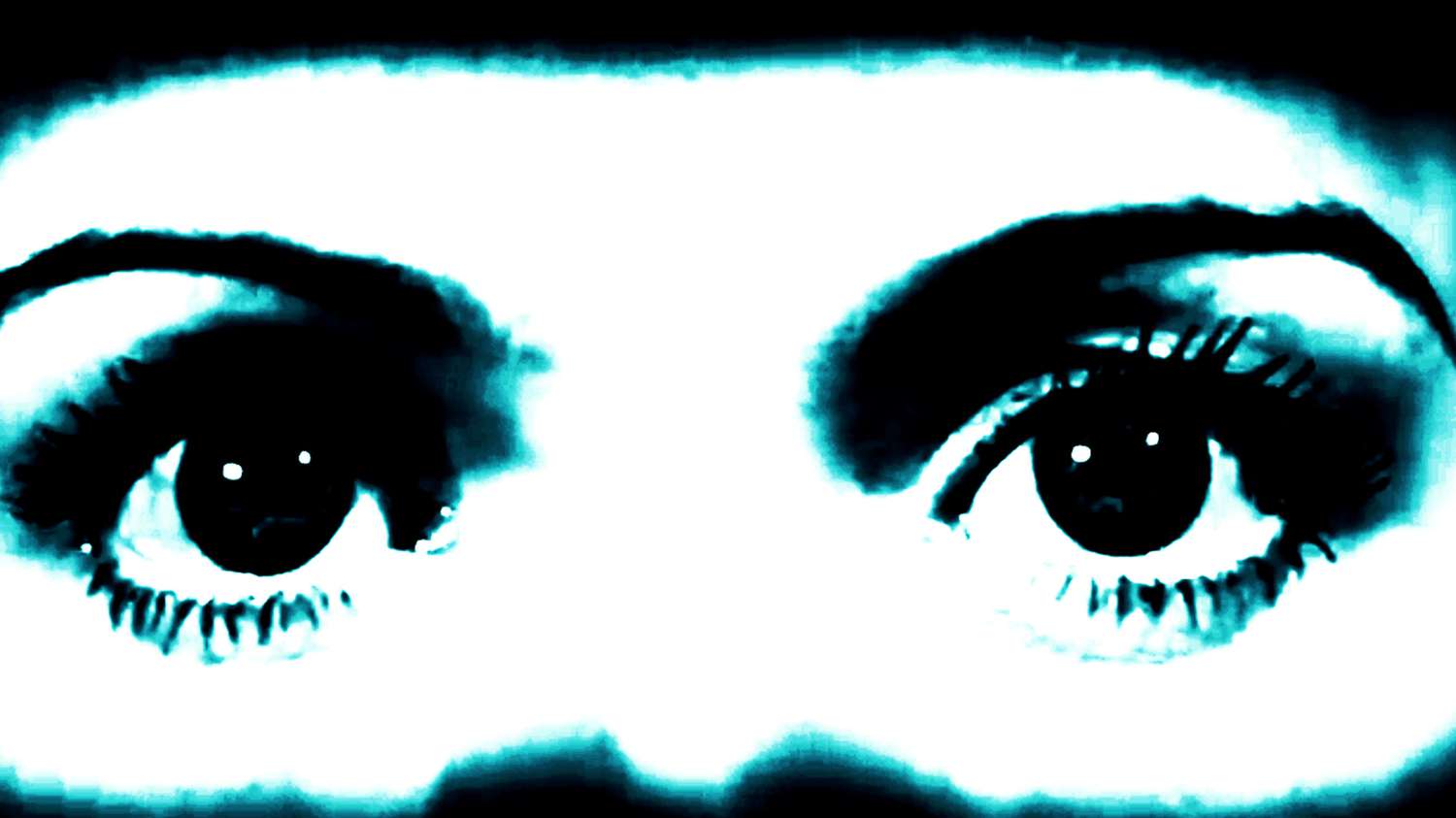
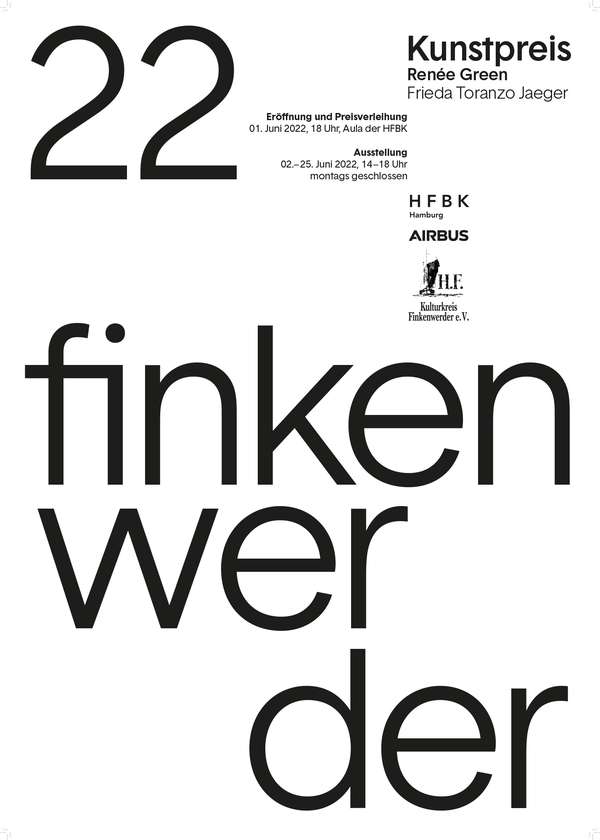
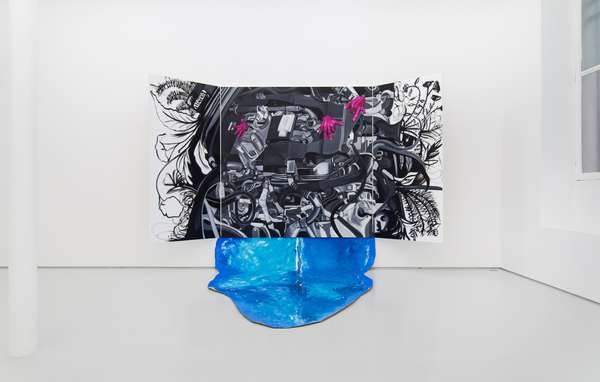
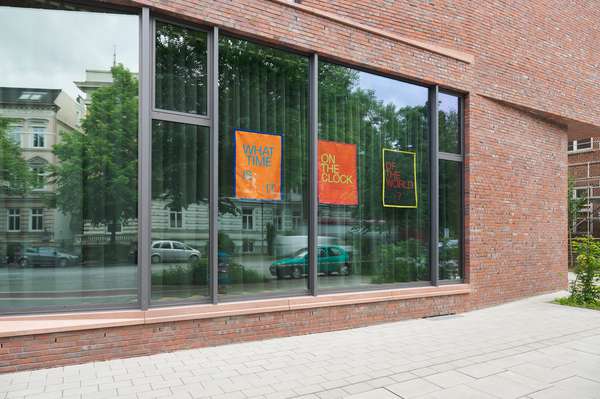
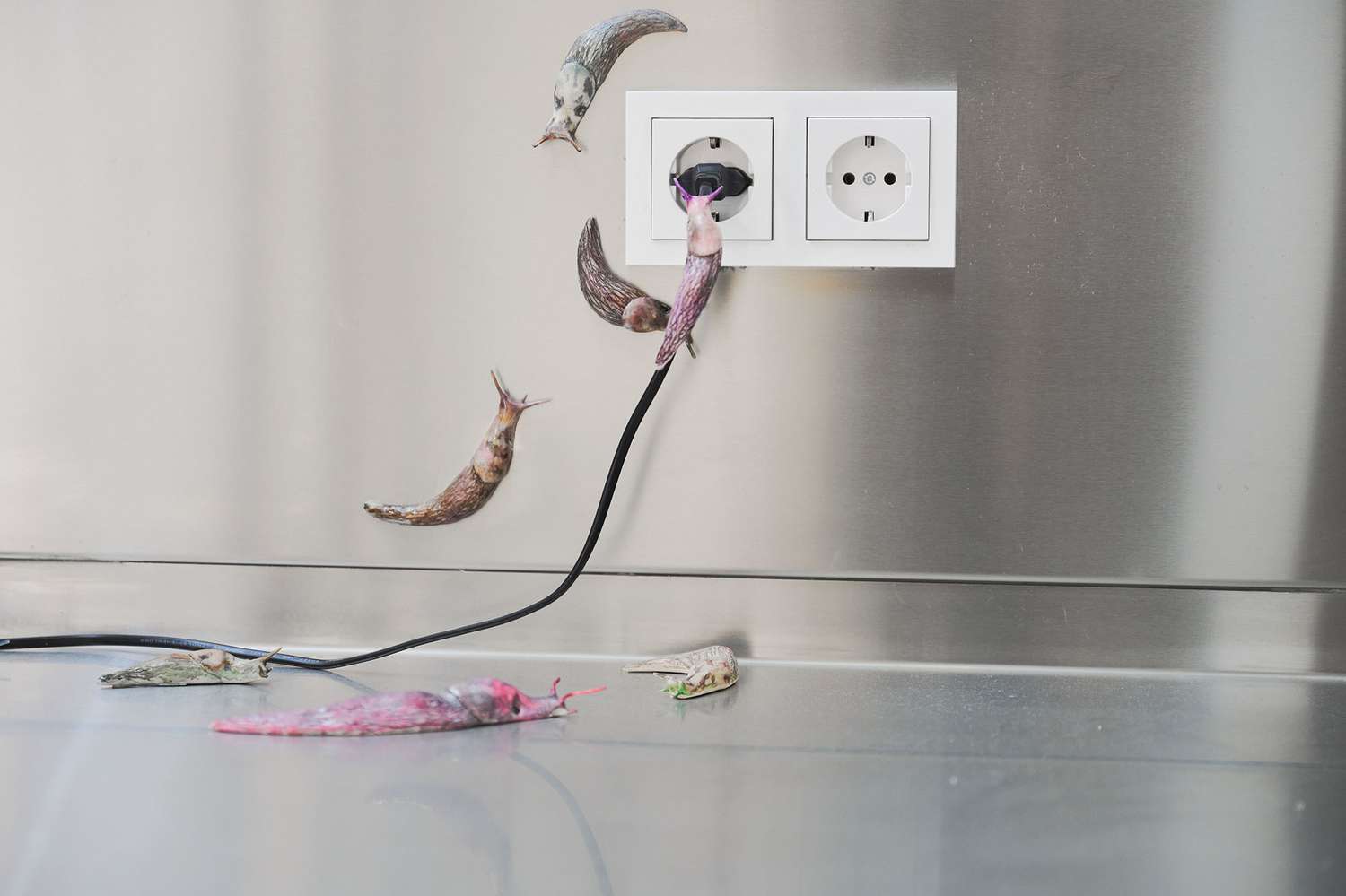
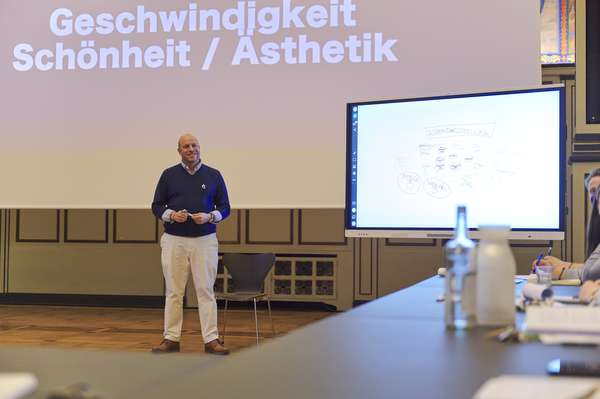
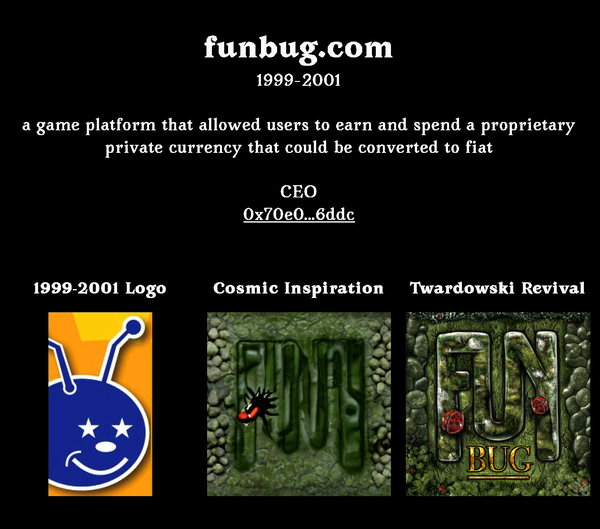
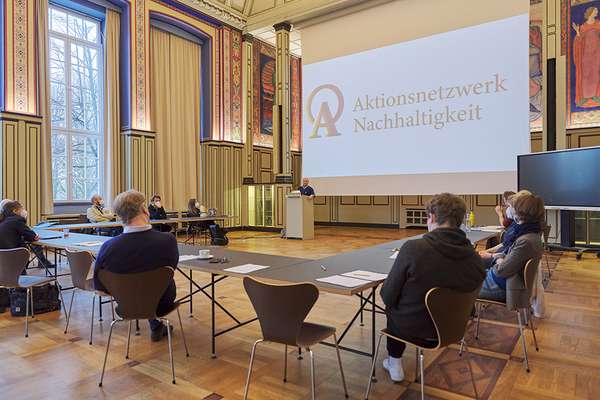
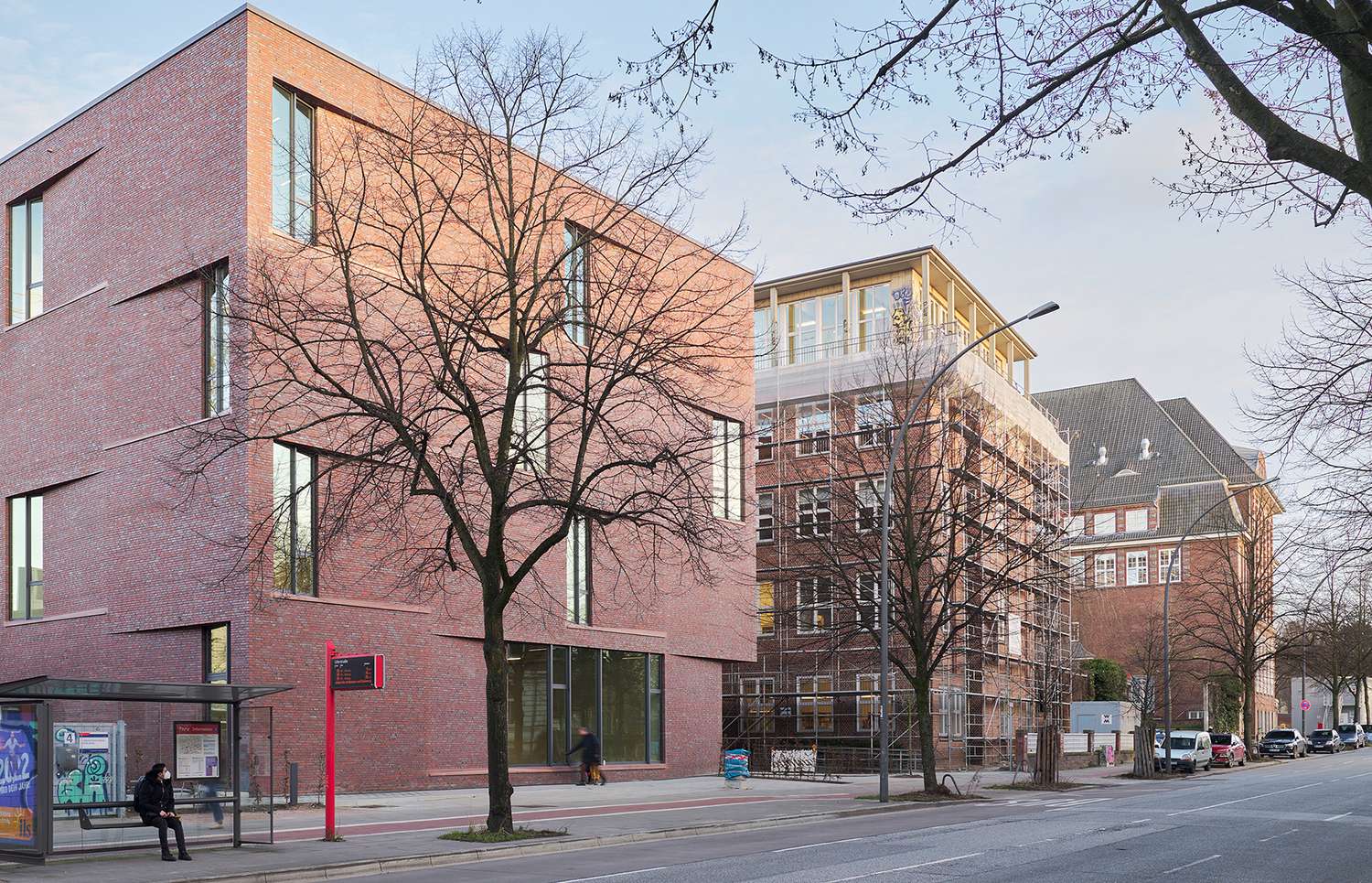
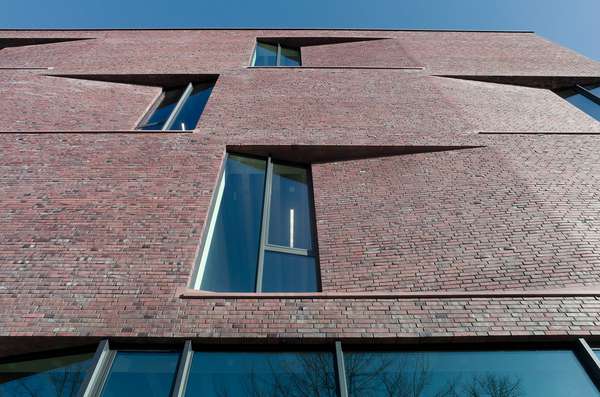
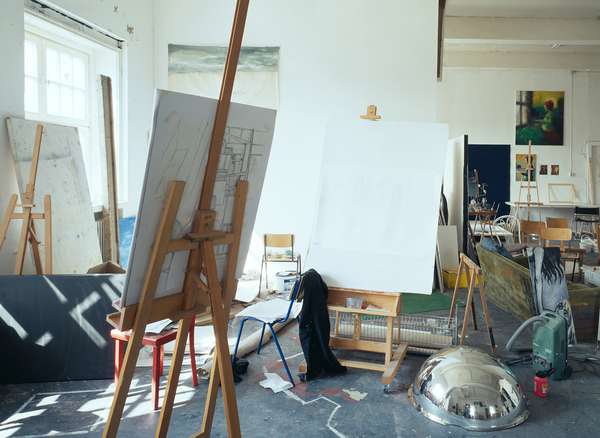
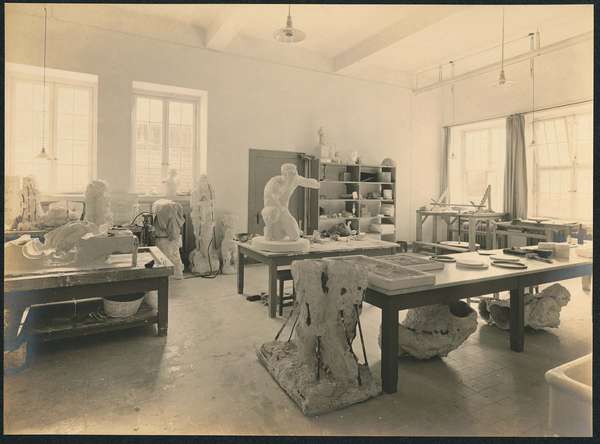
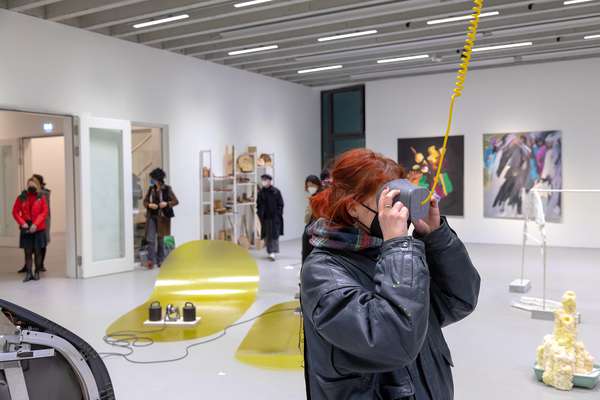
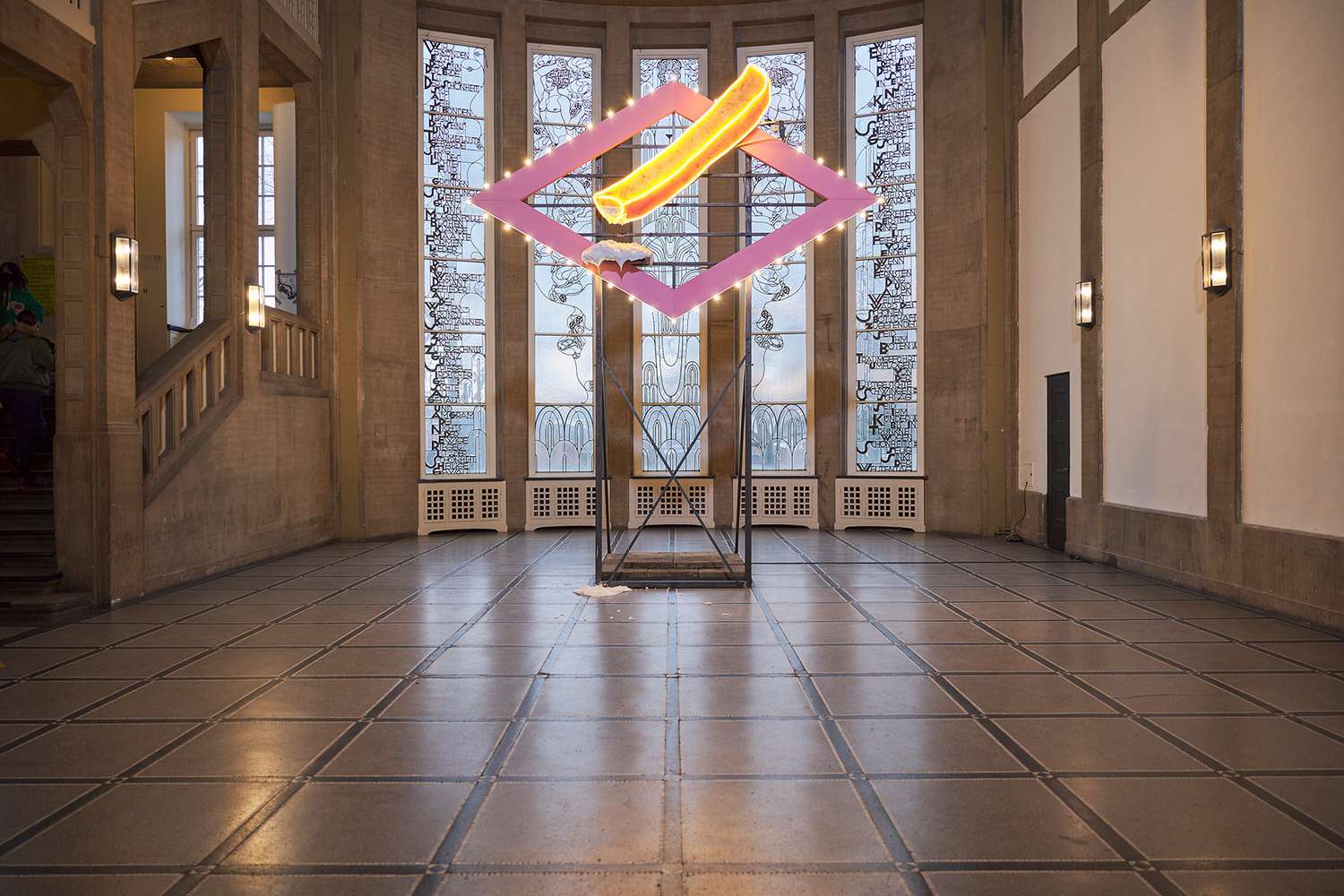
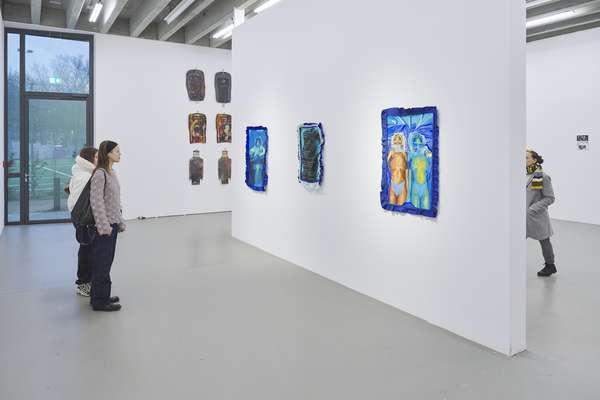
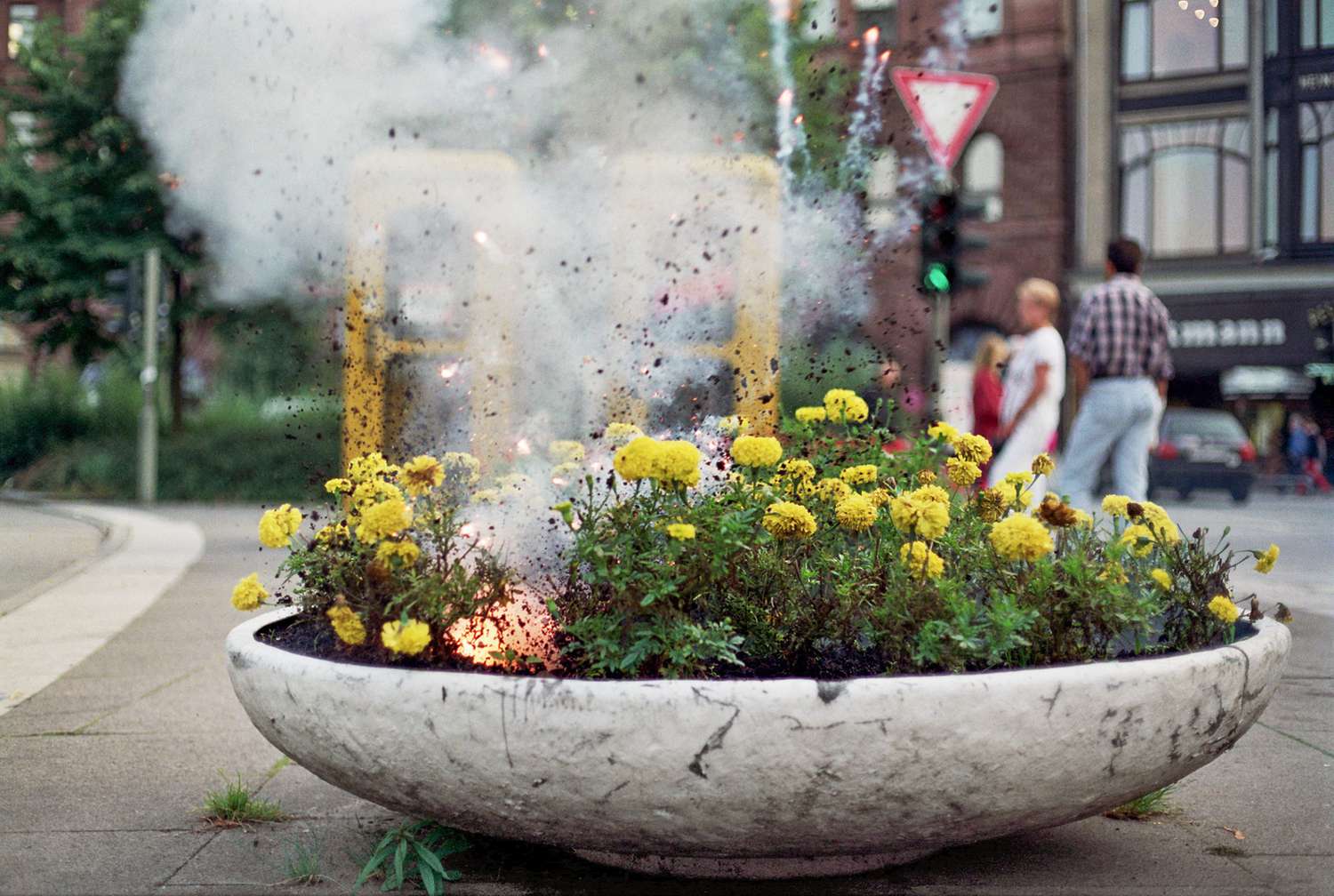
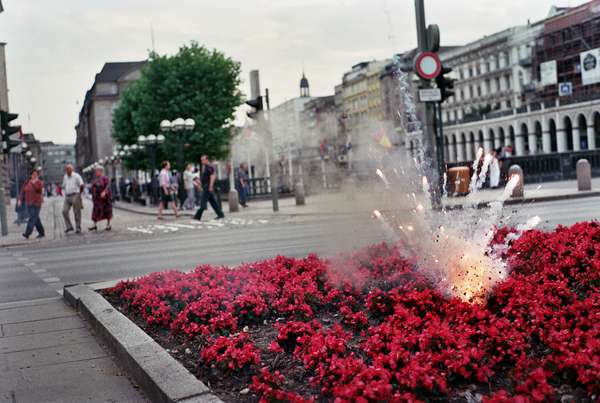
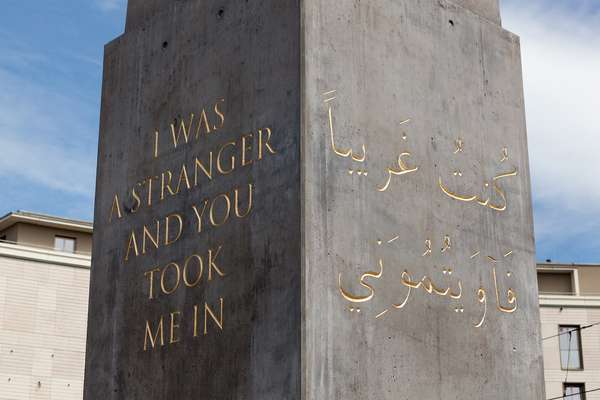
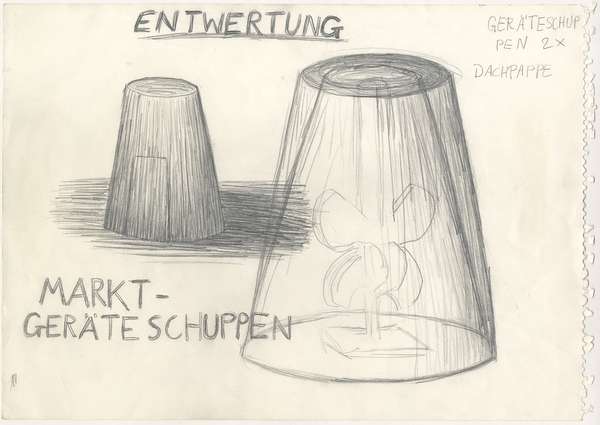
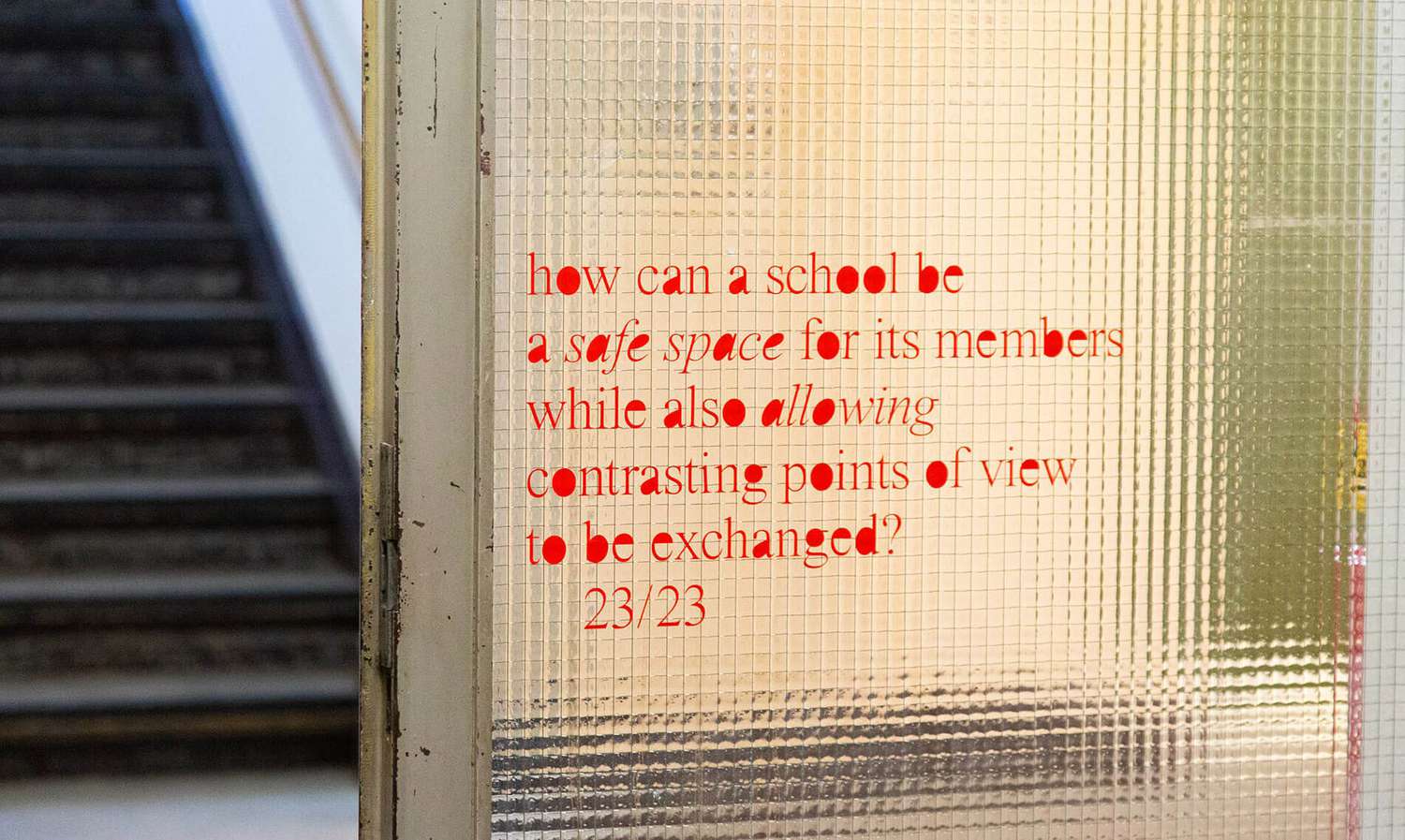
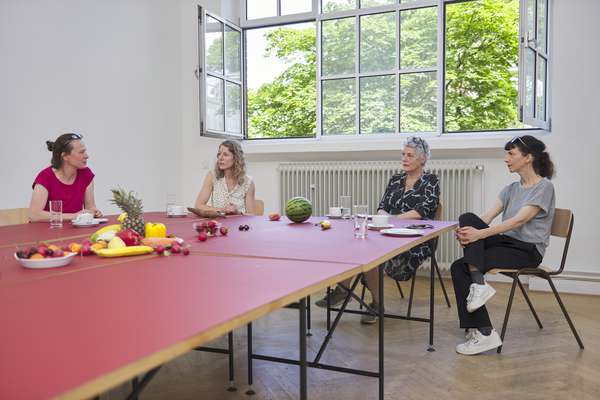
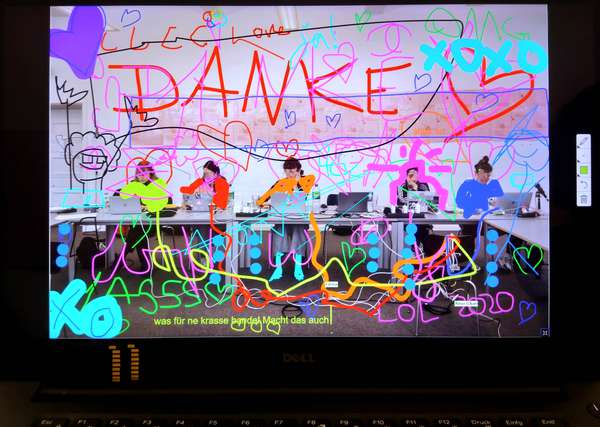
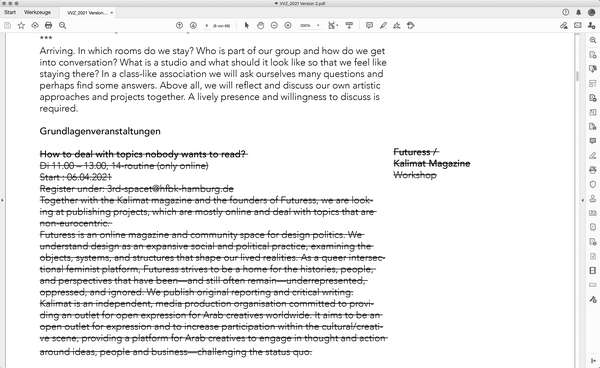
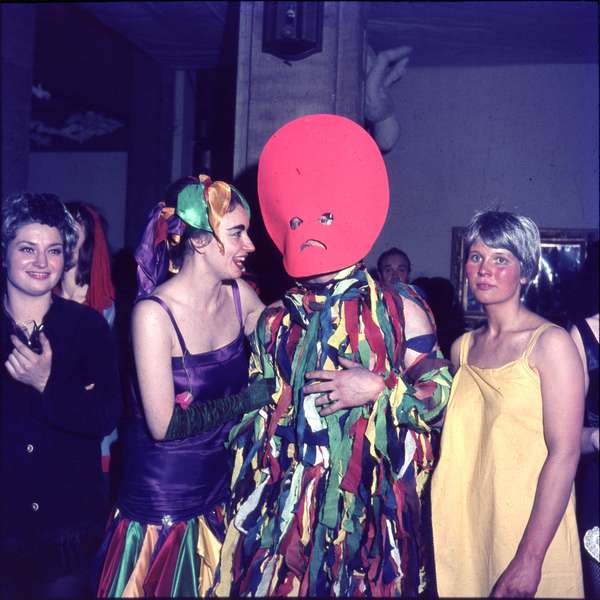
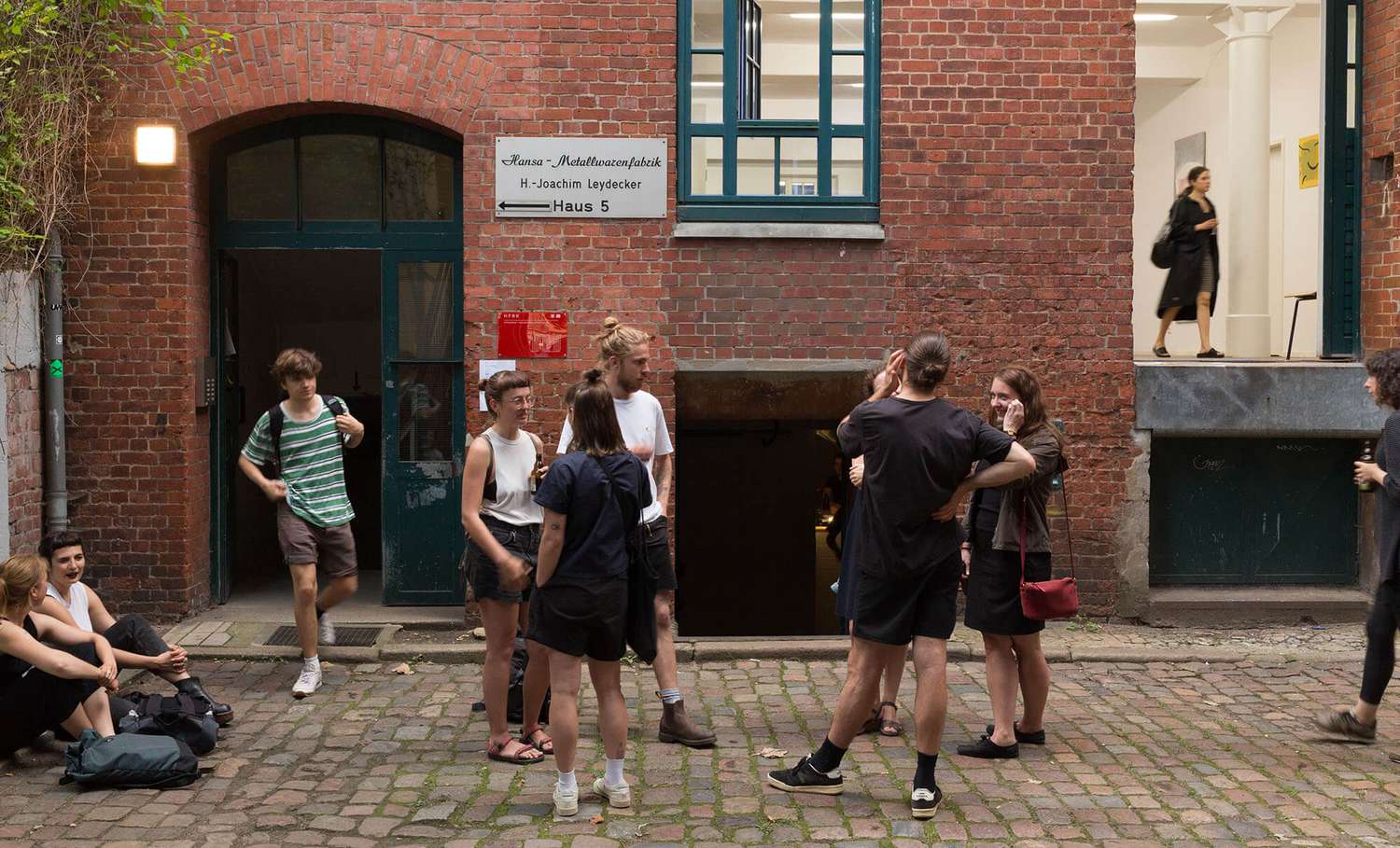
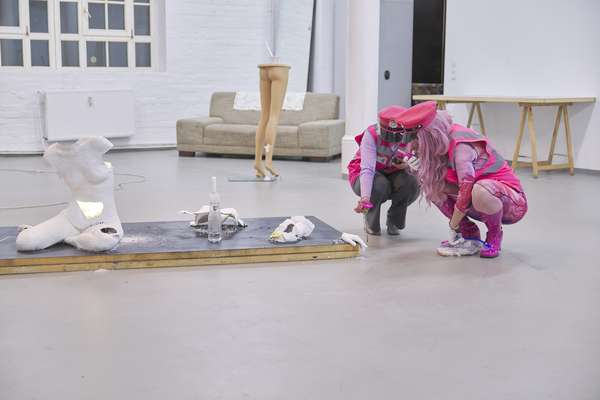
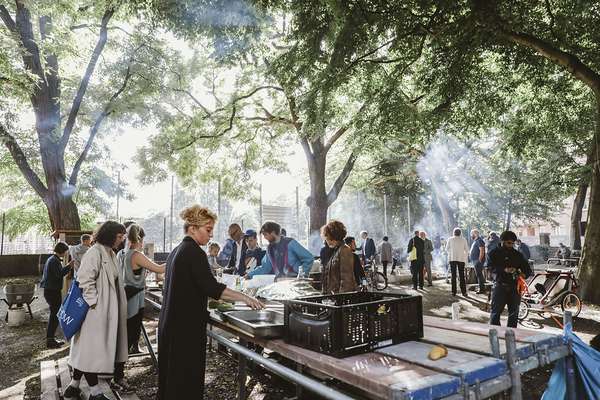
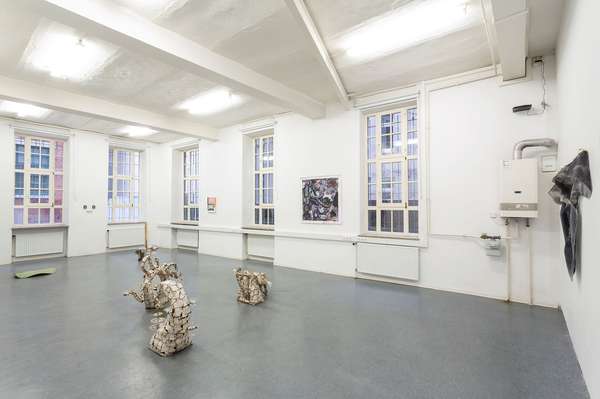
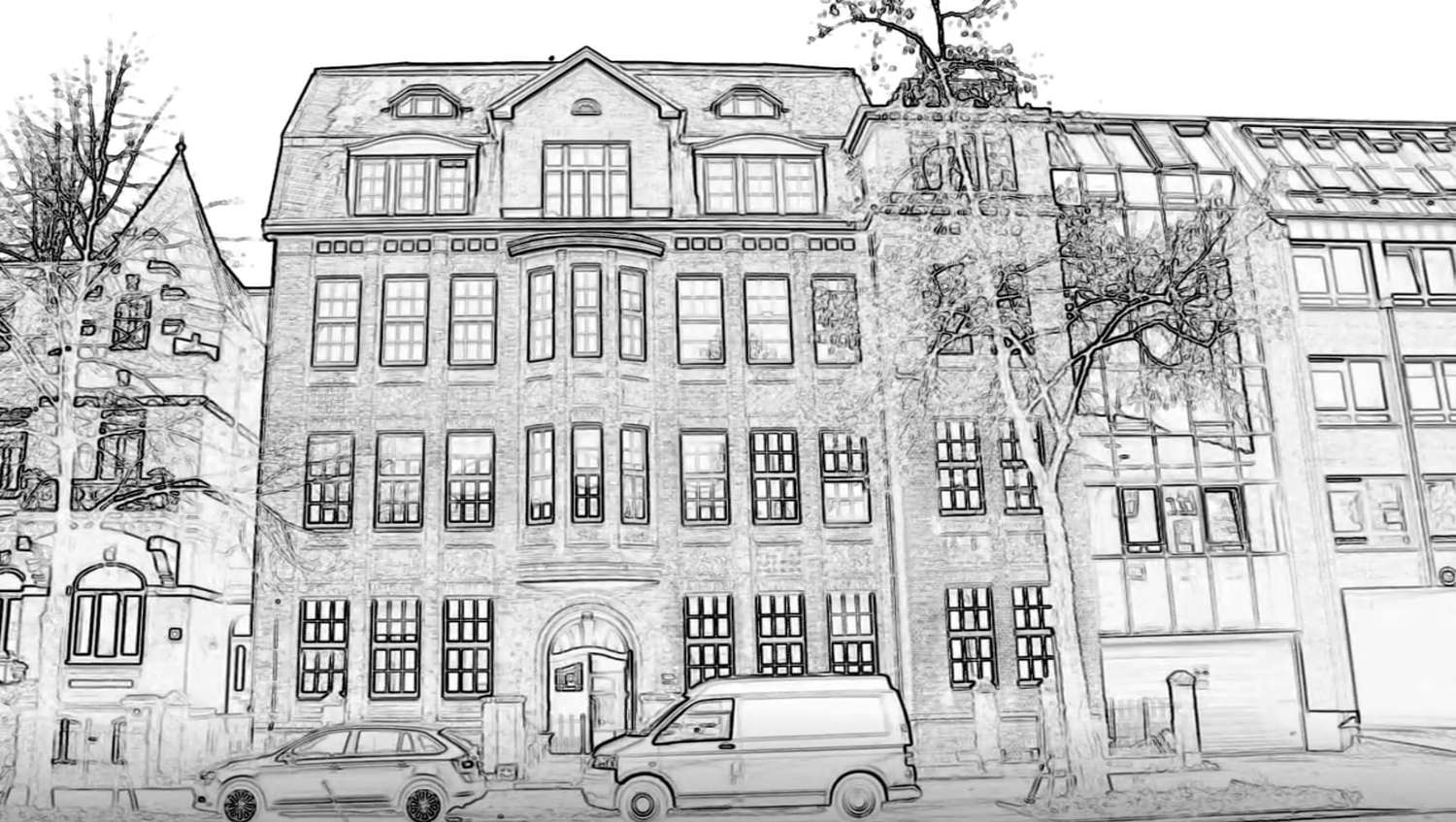
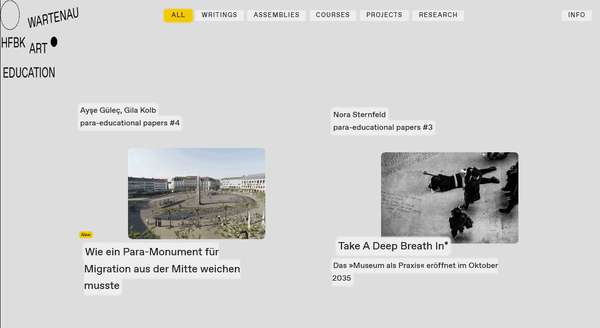
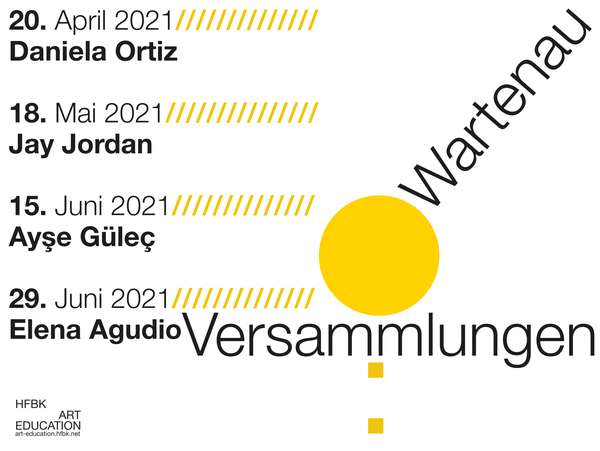
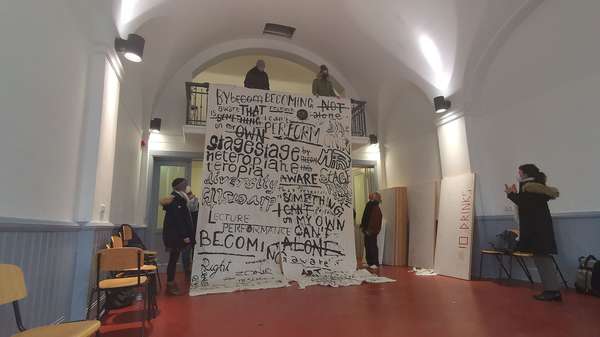
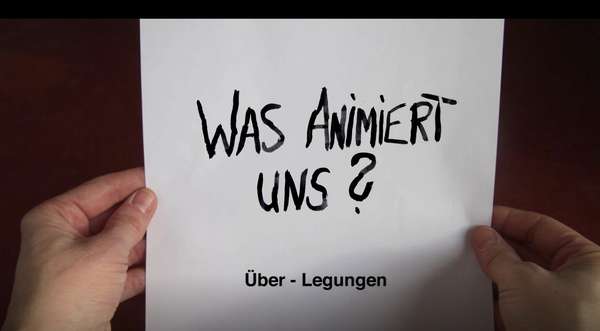
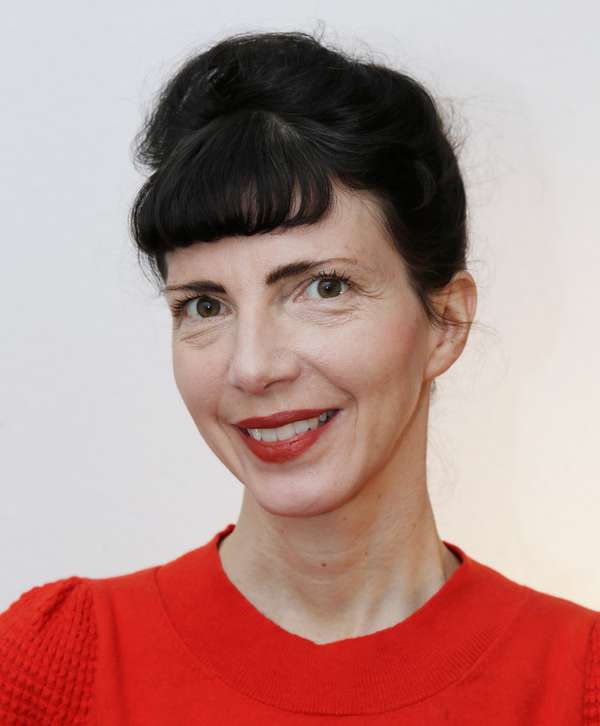
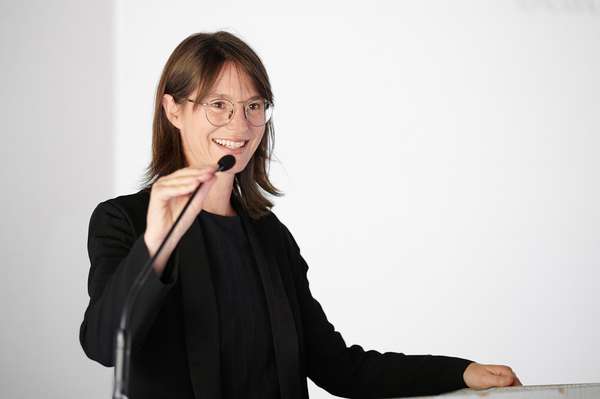
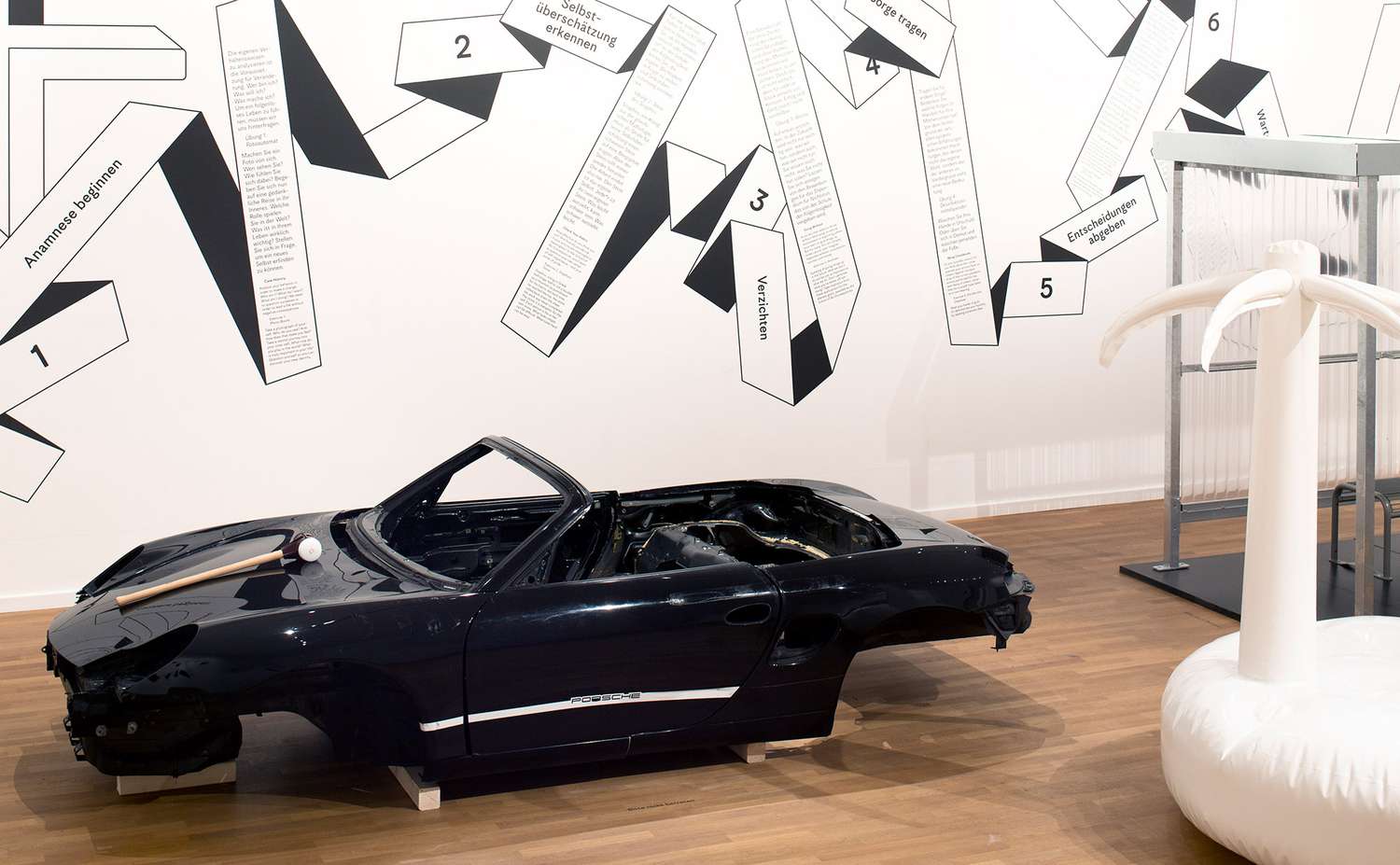
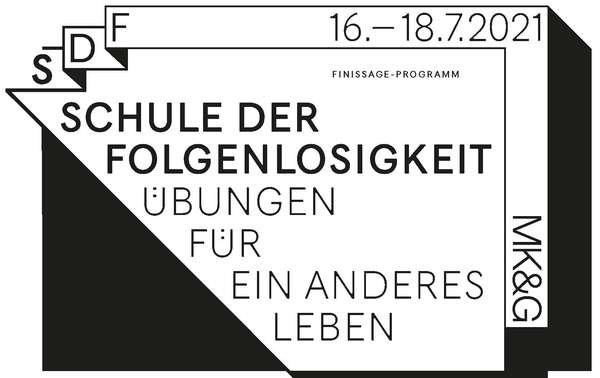
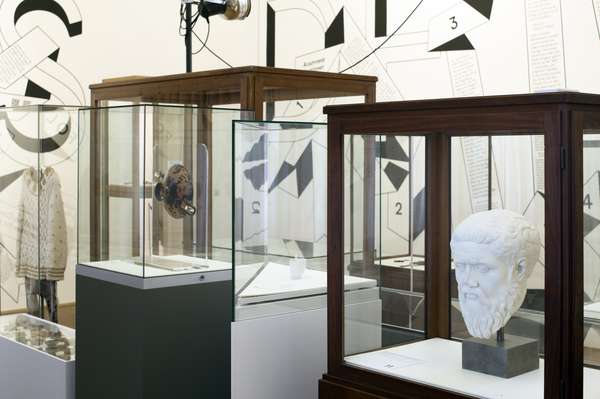
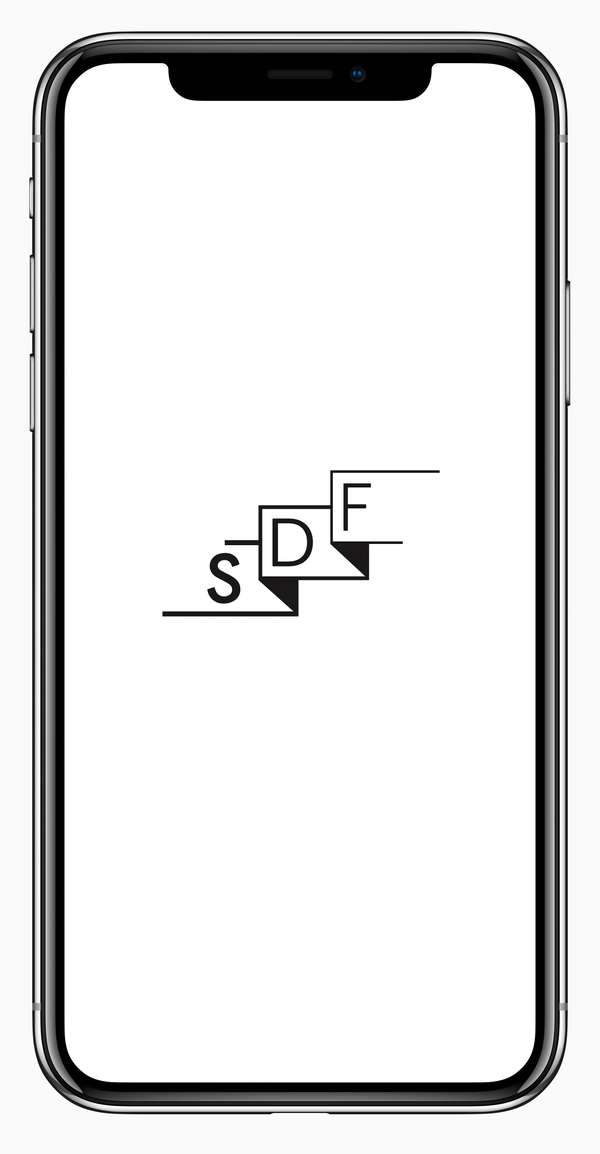
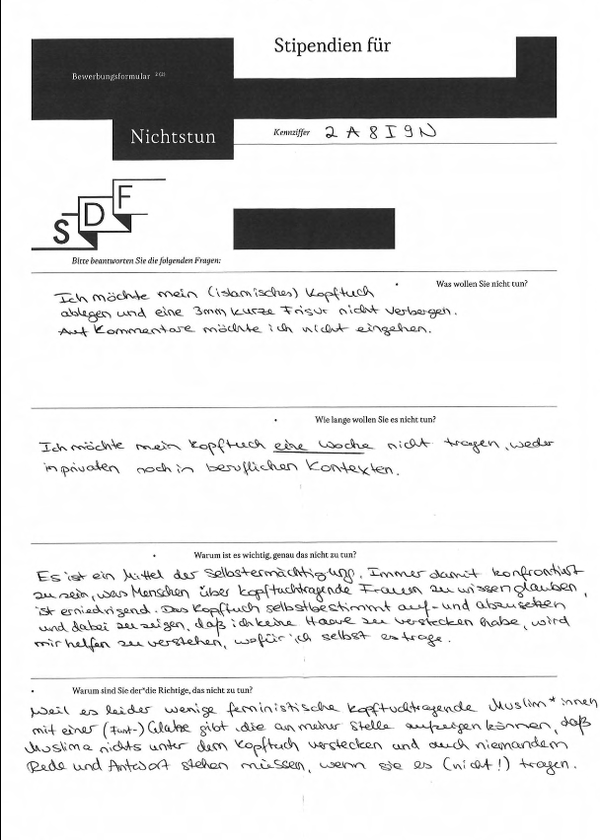
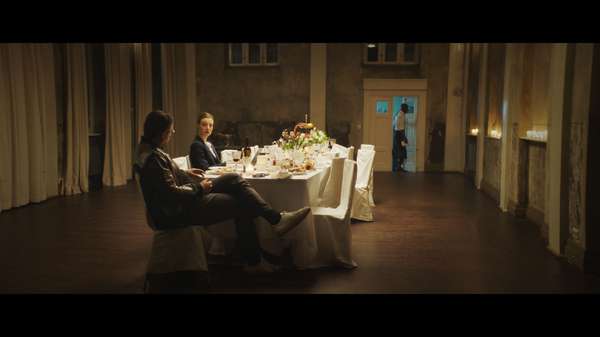
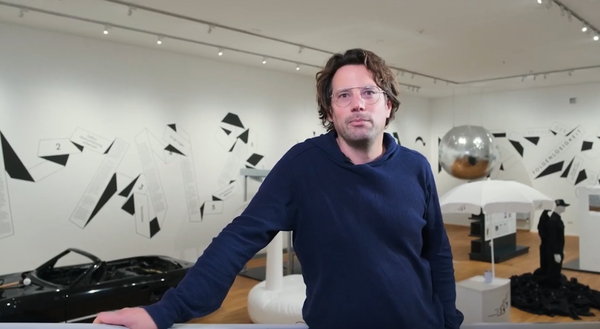
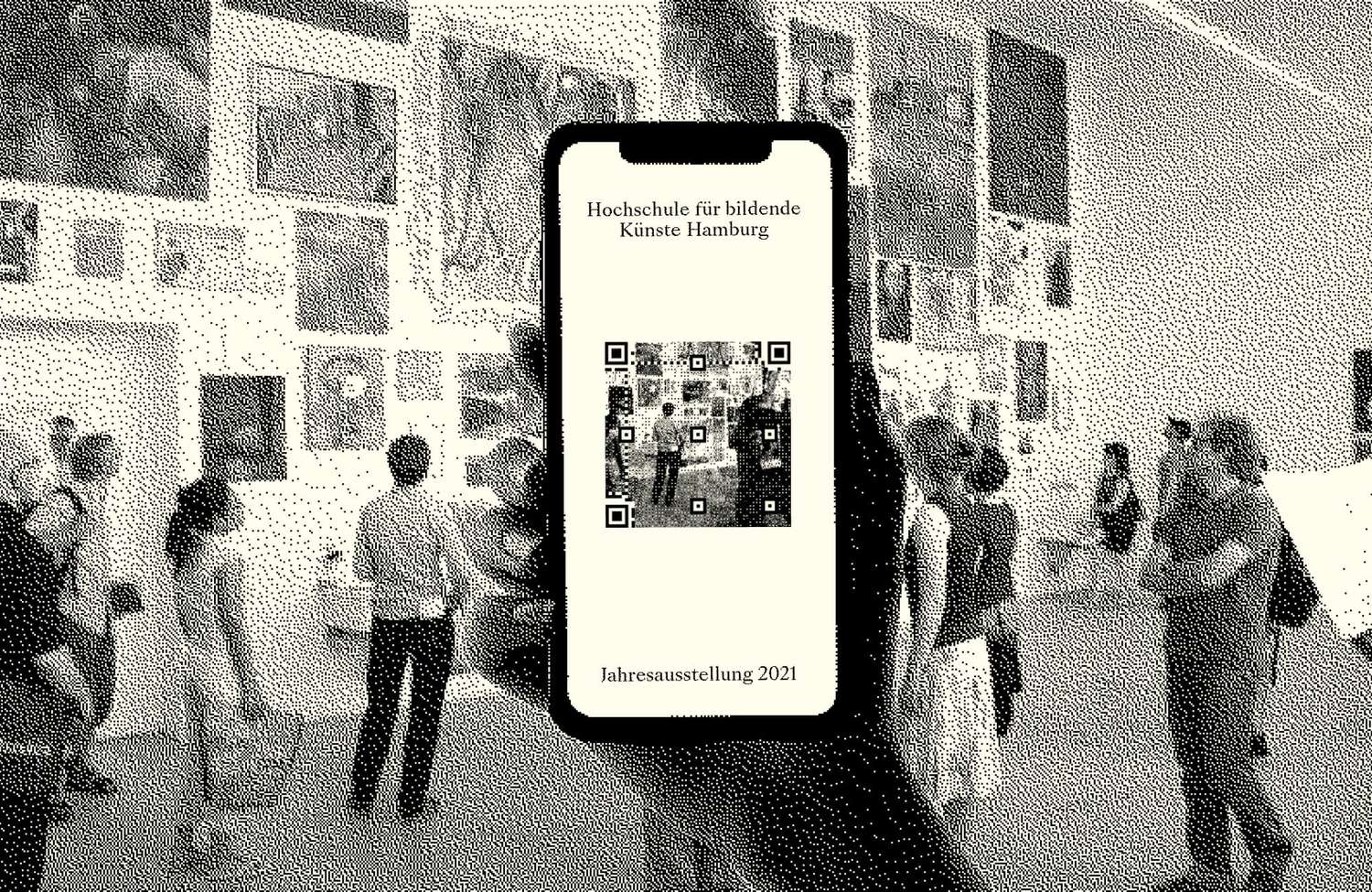
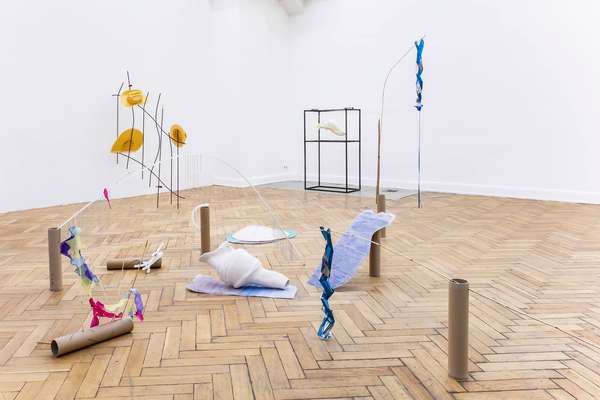
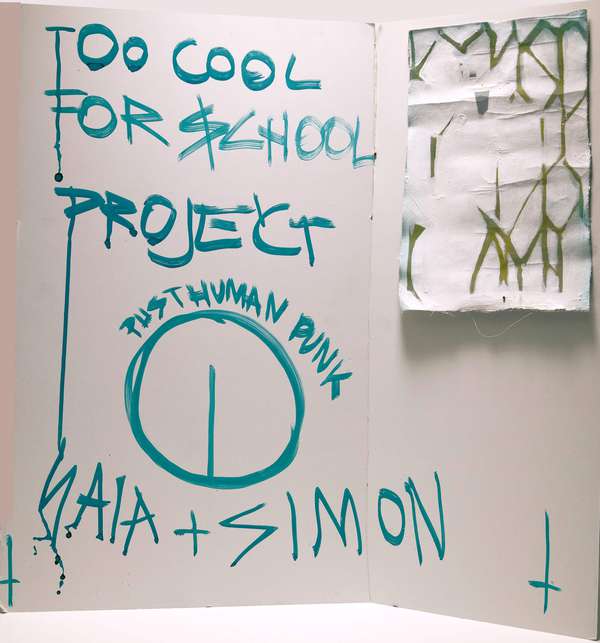
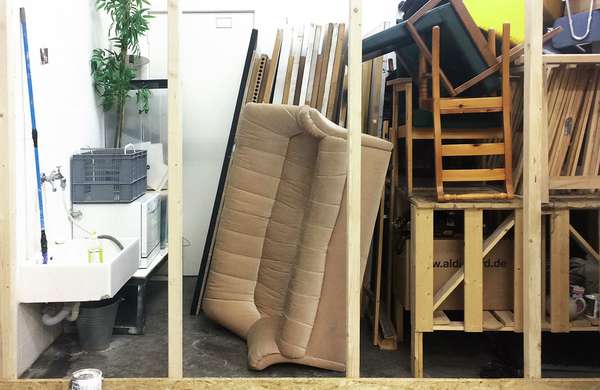

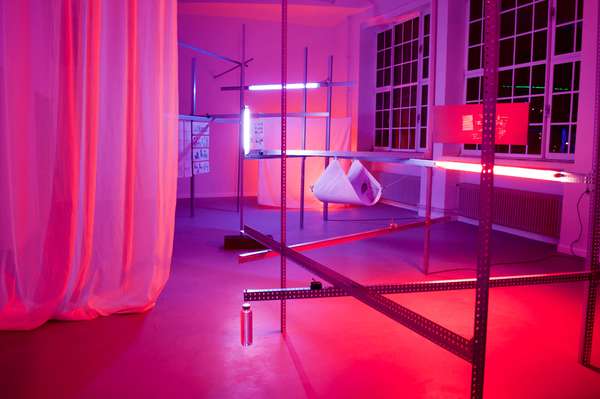
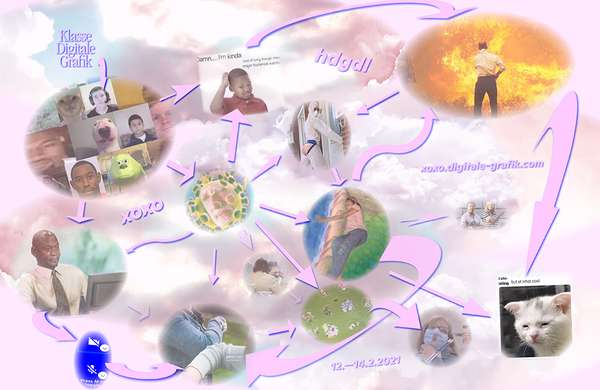
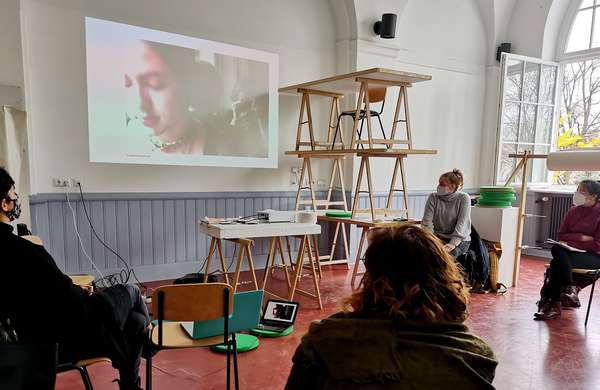
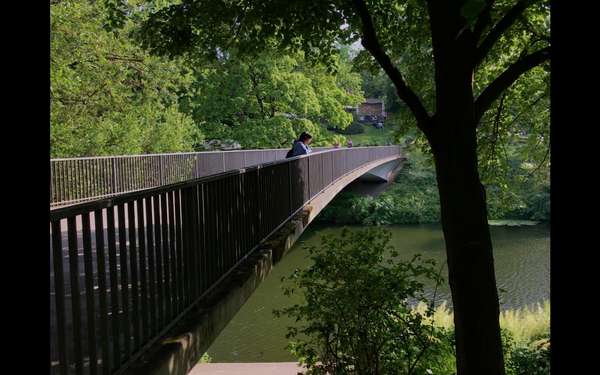
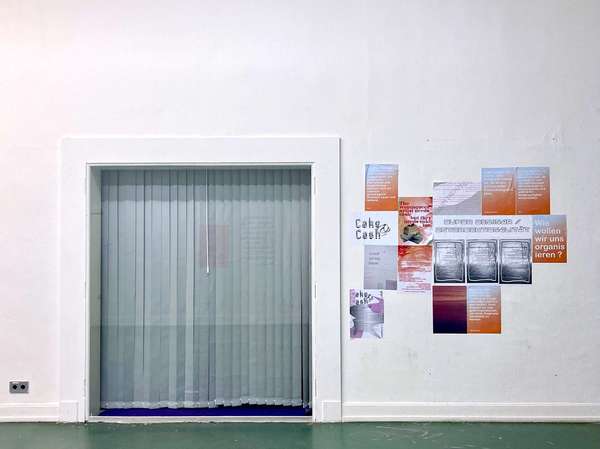
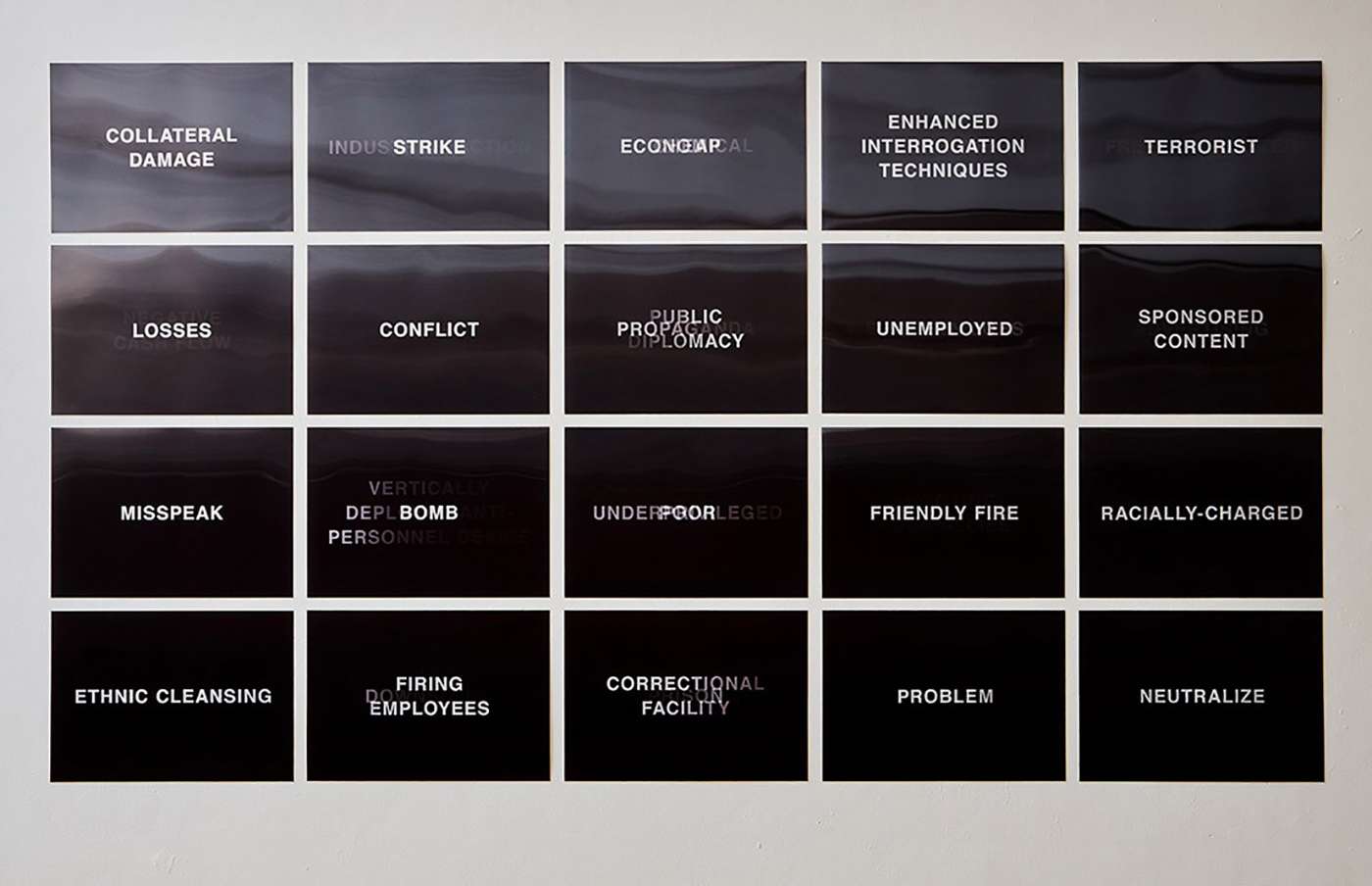
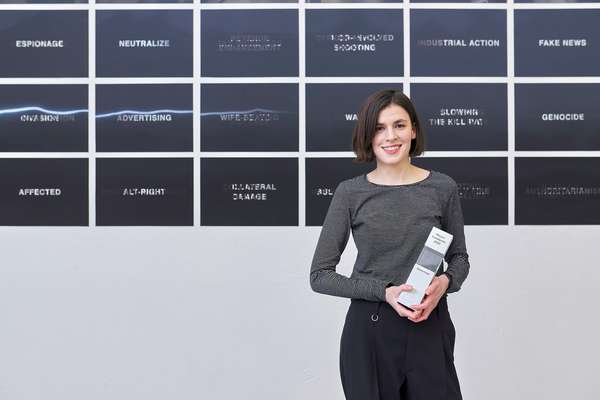
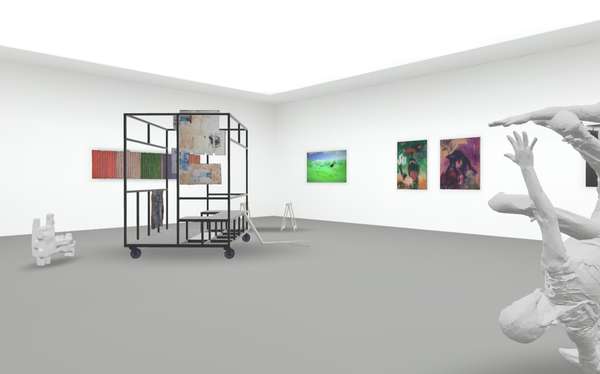
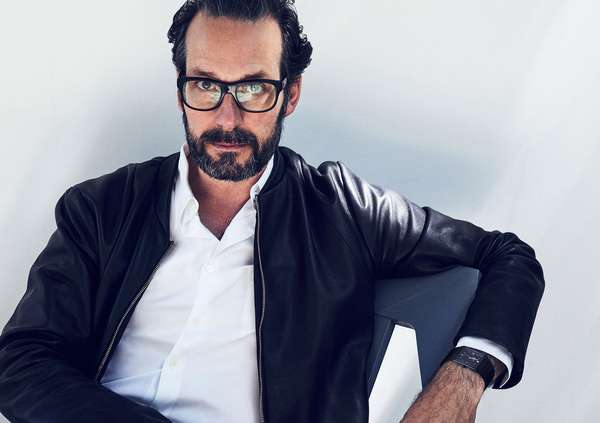
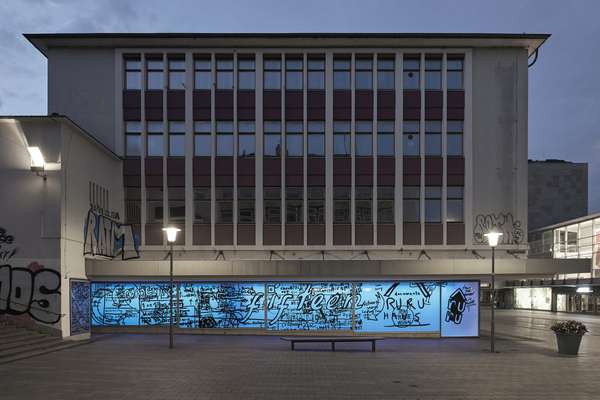
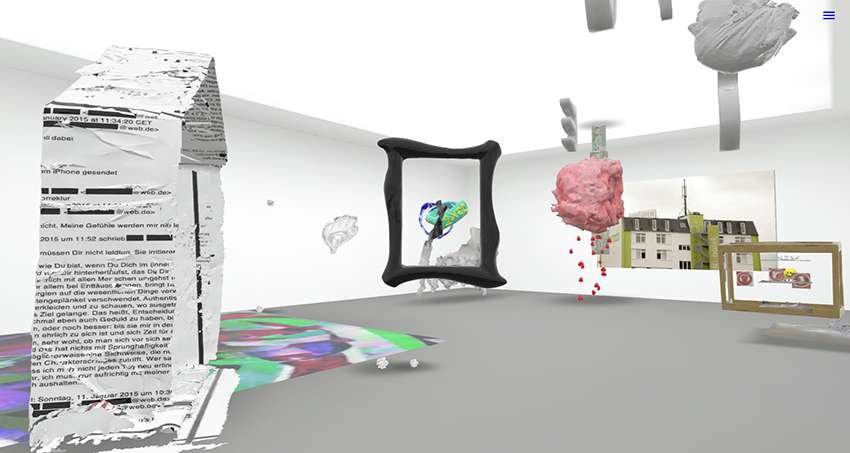
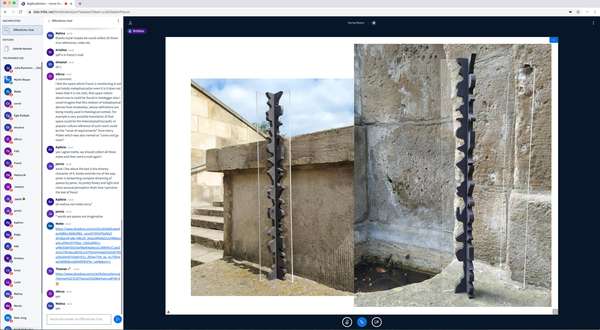
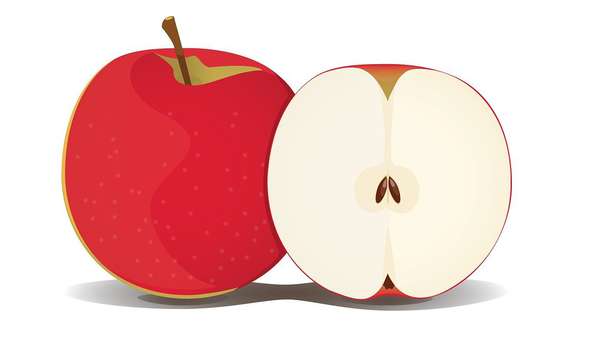
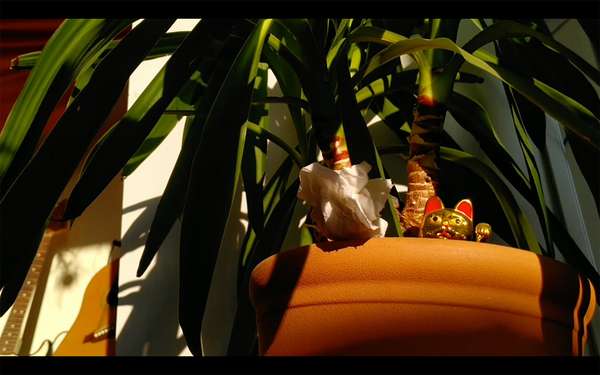
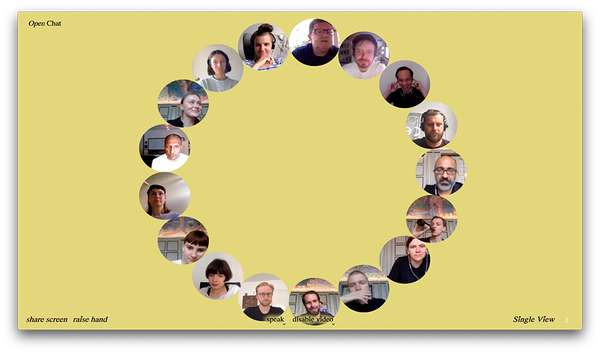
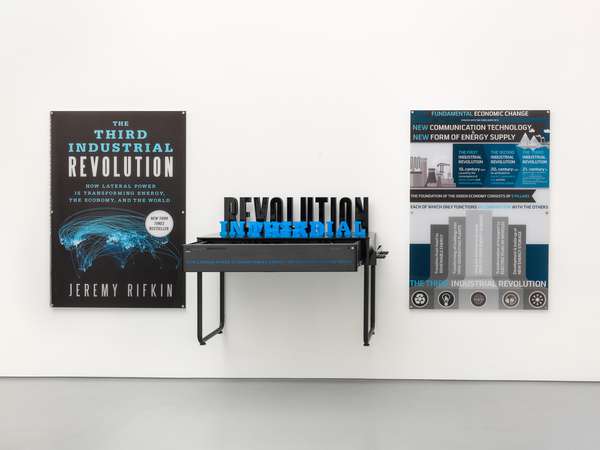
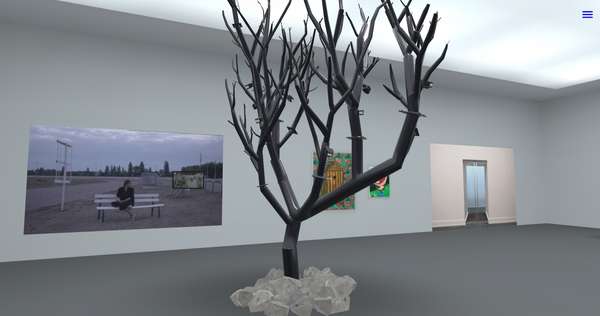
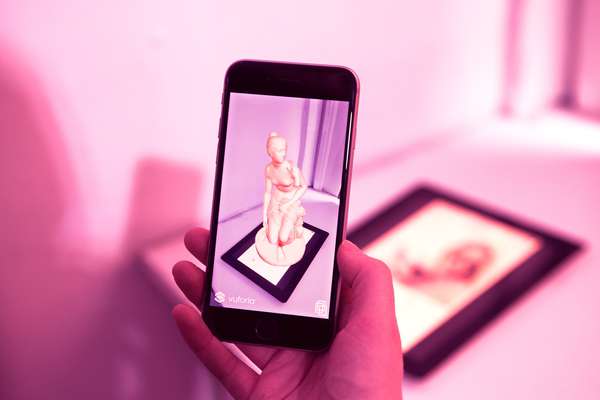
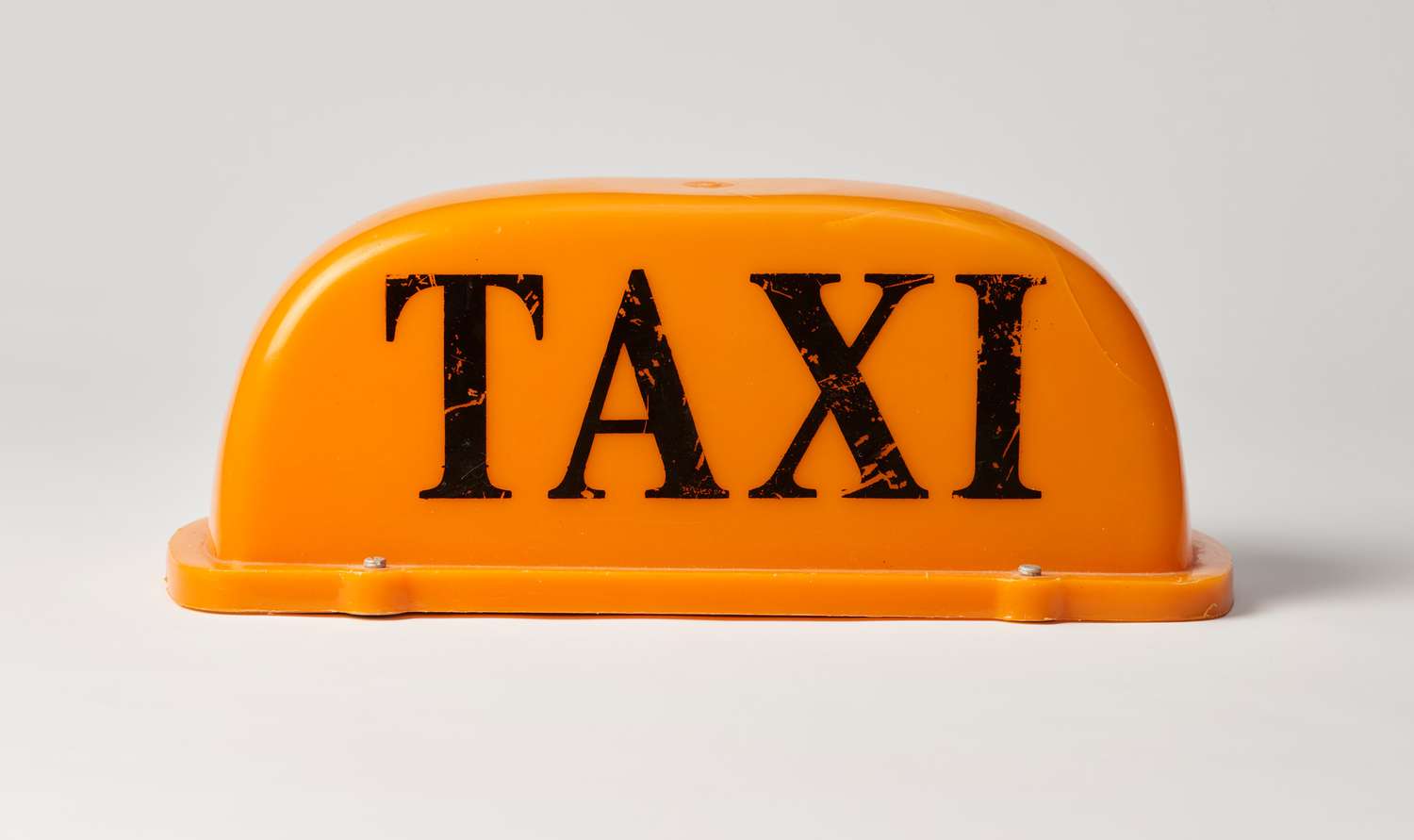
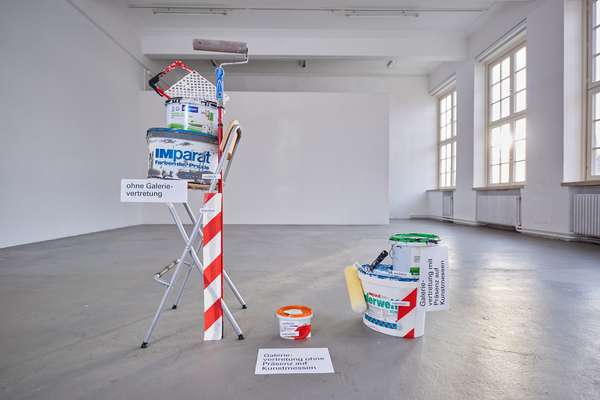
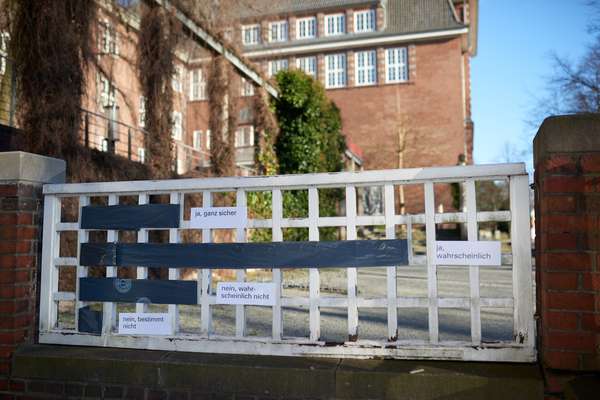
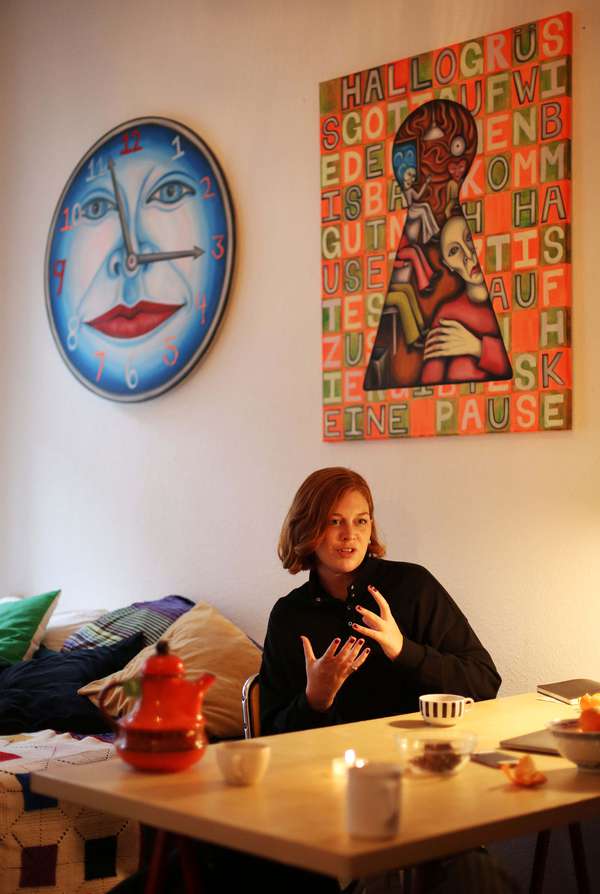
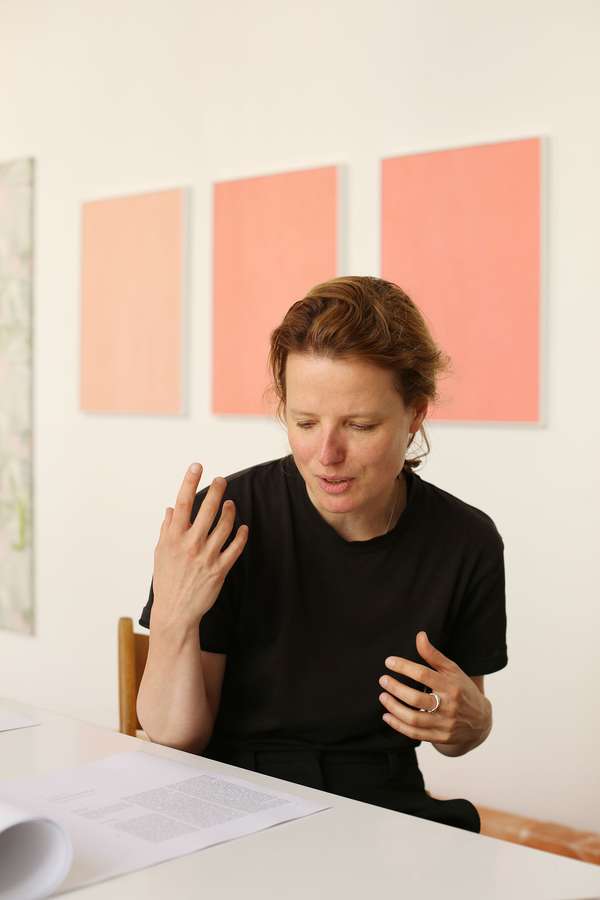
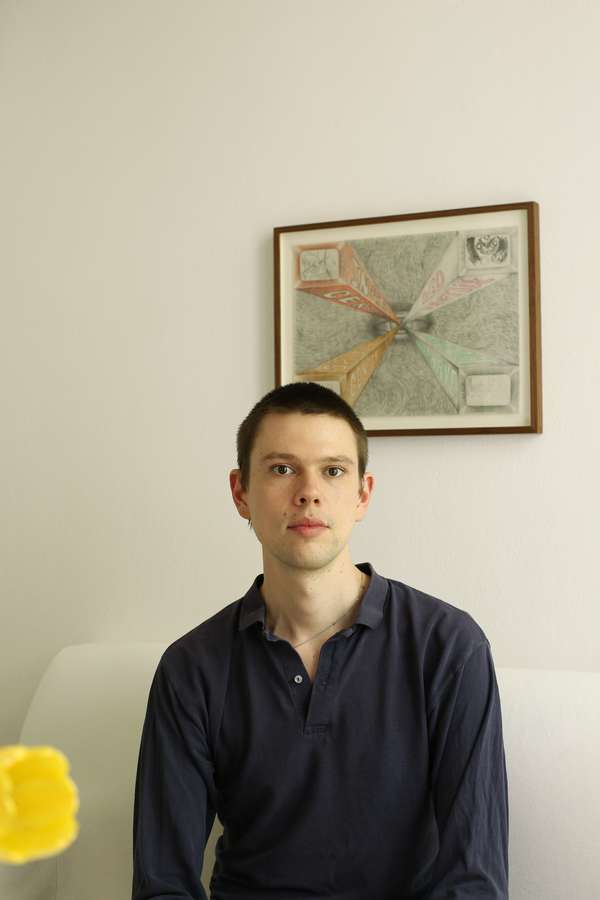
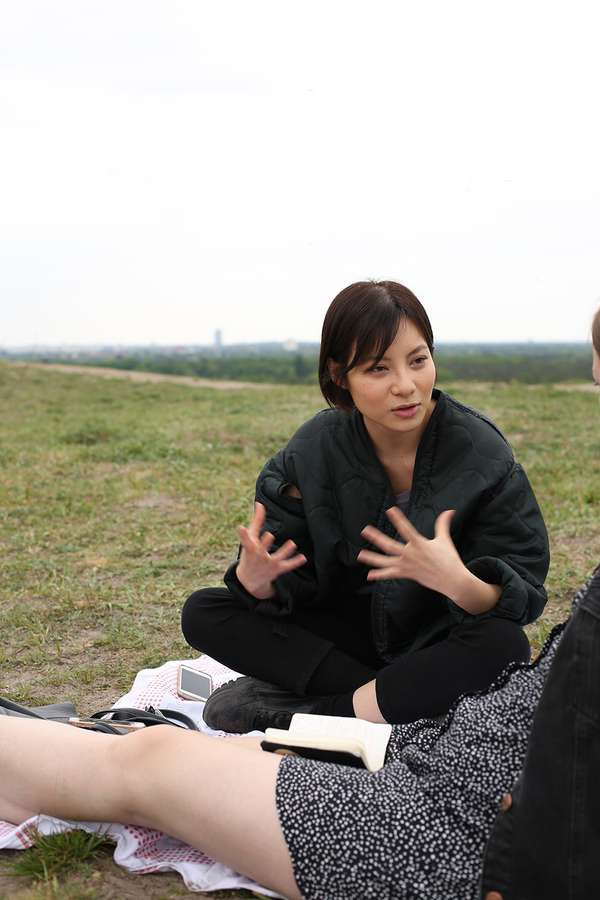
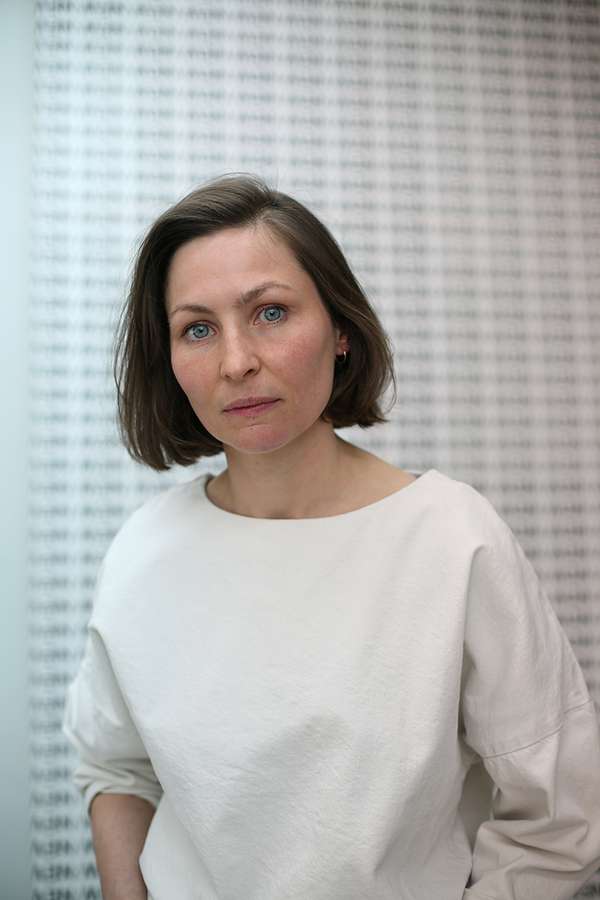
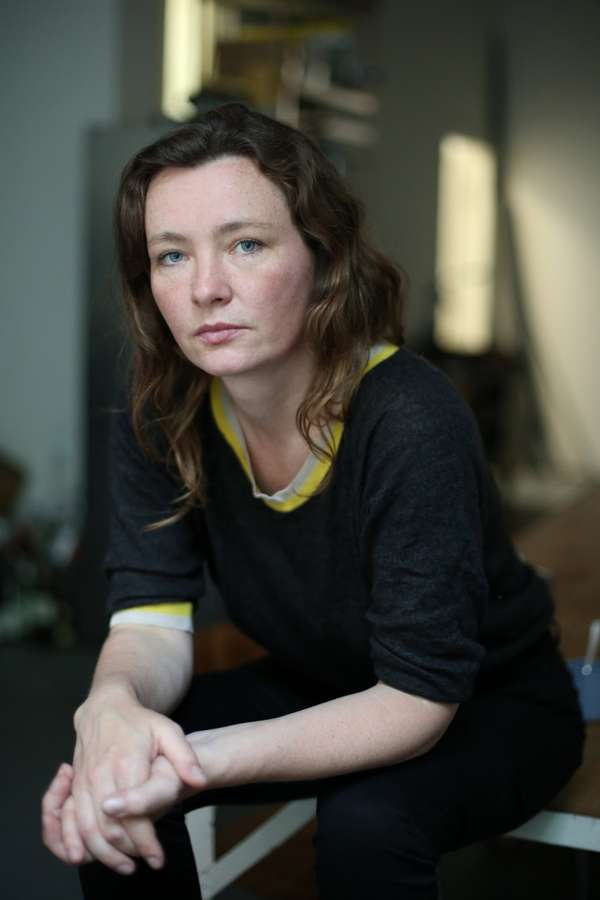
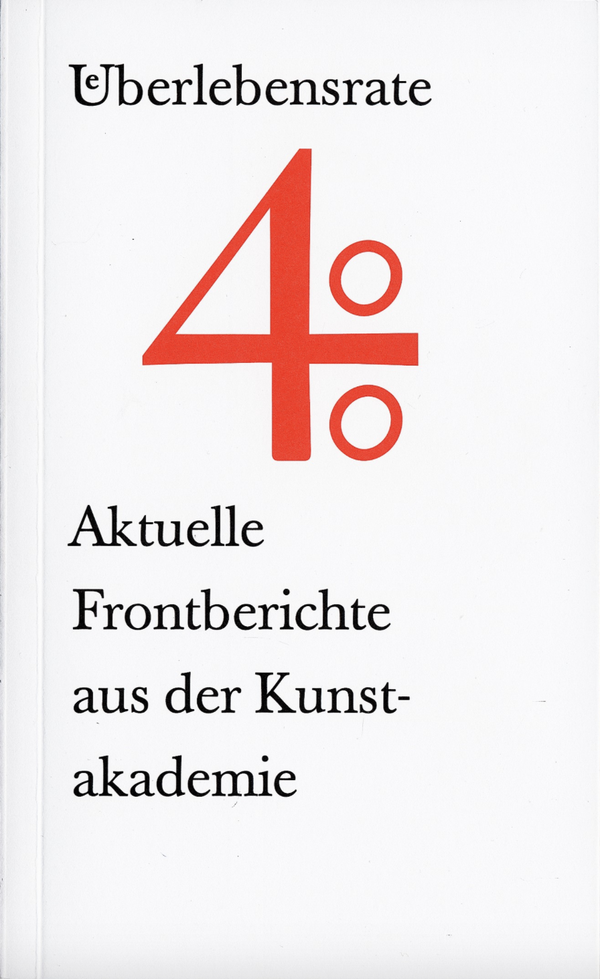
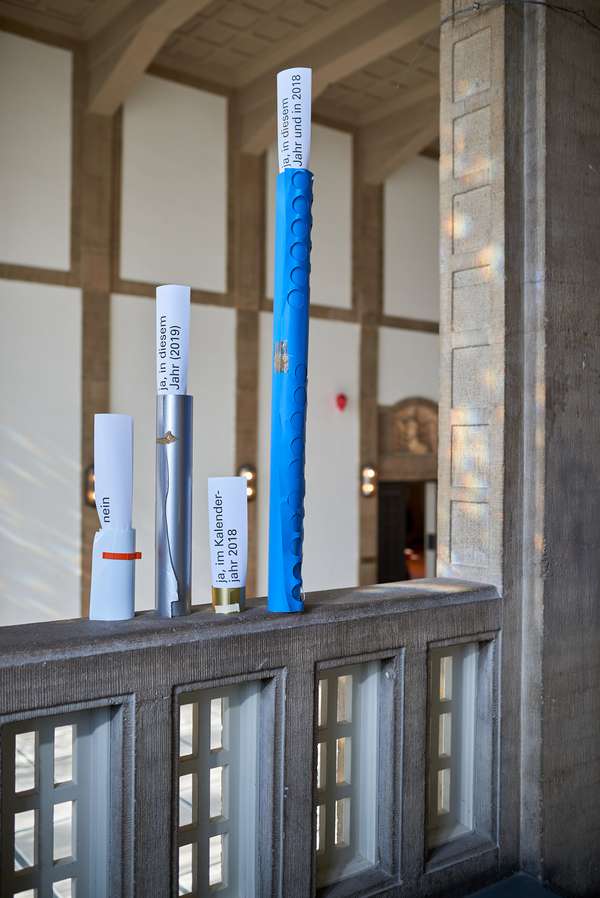
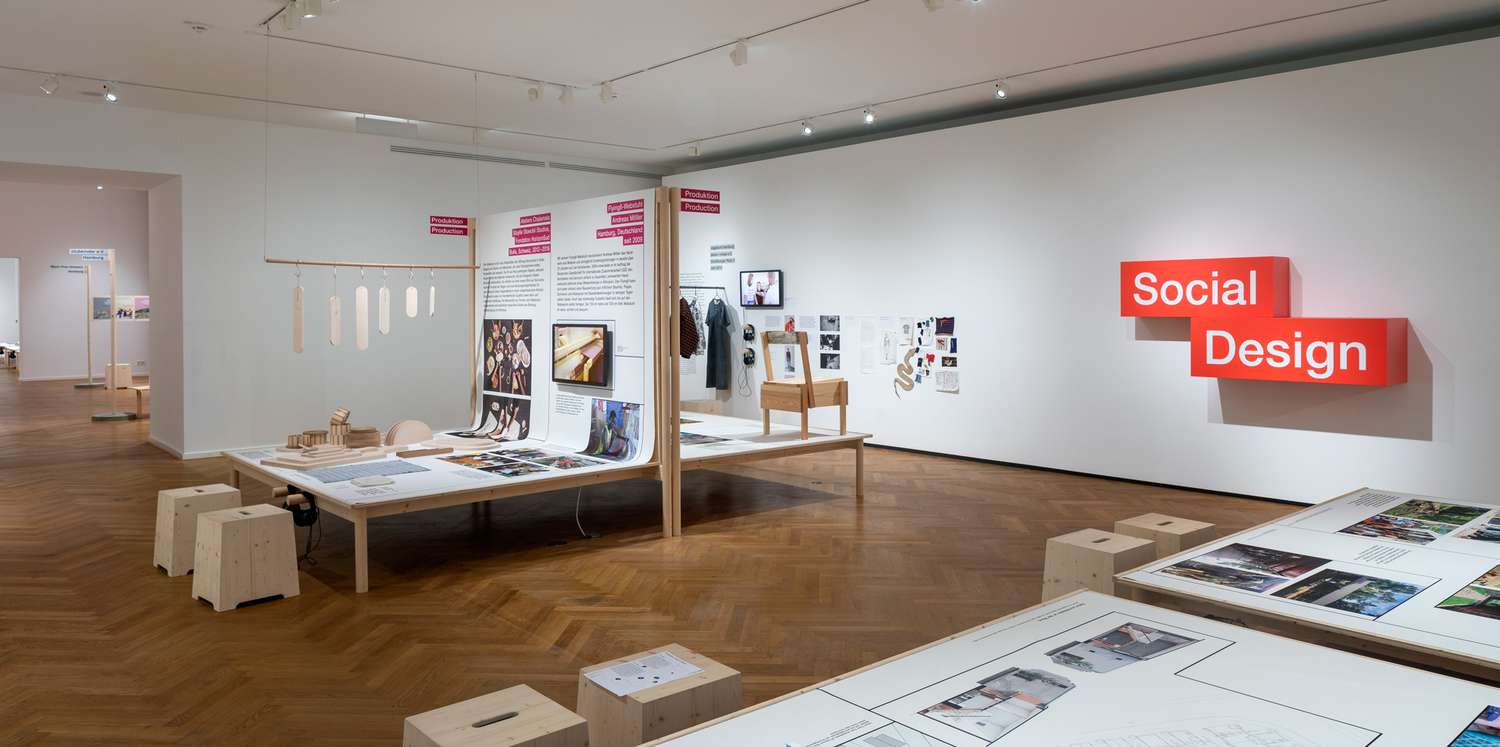
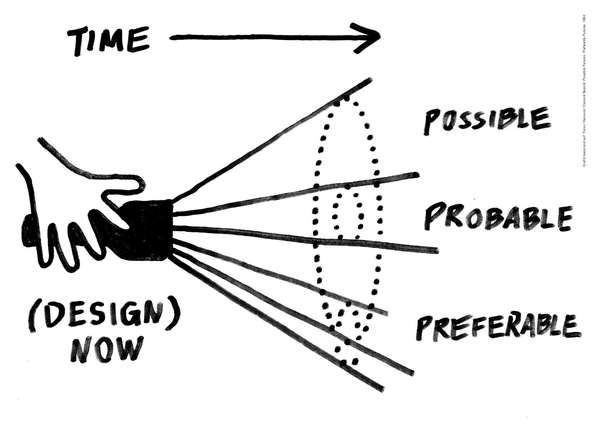
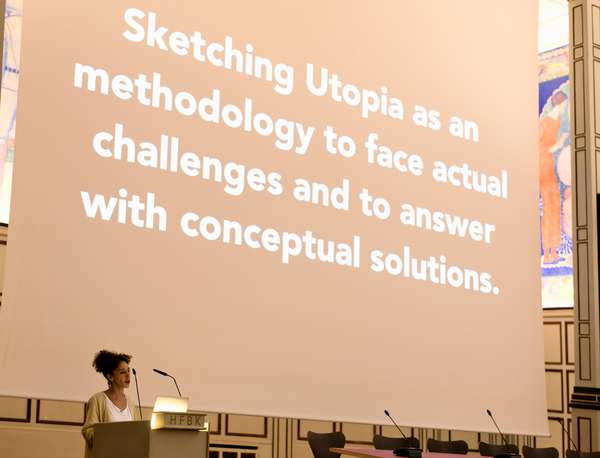
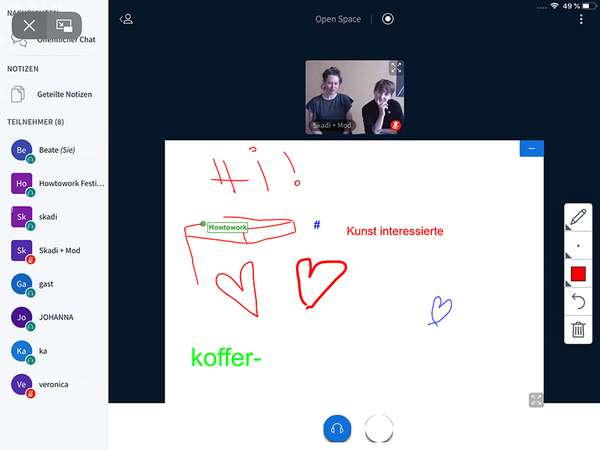
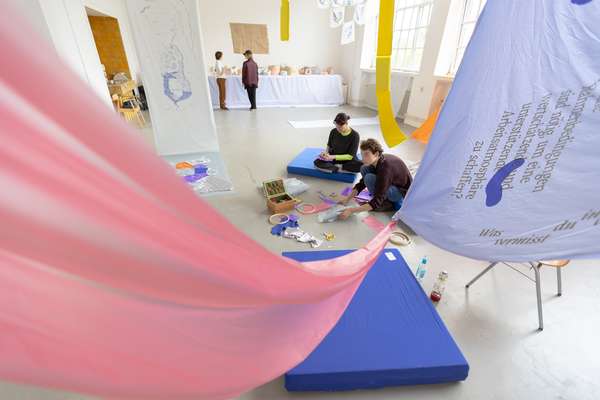
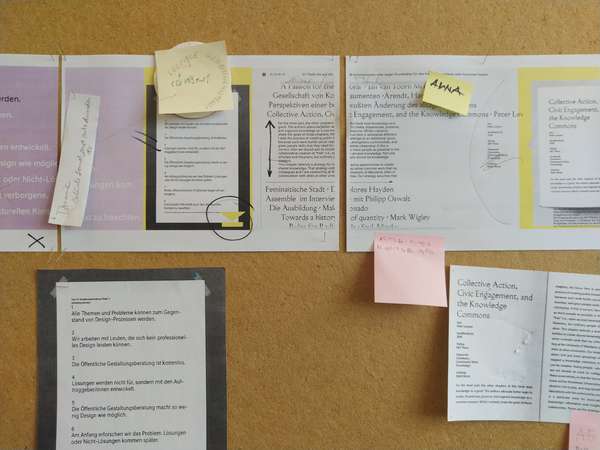
 Graduate Show 2025: Don't stop me now
Graduate Show 2025: Don't stop me now
 Long days, lots to do
Long days, lots to do
 Cine*Ami*es
Cine*Ami*es
 Redesign Democracy – competition for the ballot box of the democratic future
Redesign Democracy – competition for the ballot box of the democratic future
 Art in public space
Art in public space
 How to apply: study at HFBK Hamburg
How to apply: study at HFBK Hamburg
 Annual Exhibition 2025 at the HFBK Hamburg
Annual Exhibition 2025 at the HFBK Hamburg
 The Elephant in The Room – Sculpture today
The Elephant in The Room – Sculpture today
 Hiscox Art Prize 2024
Hiscox Art Prize 2024
 The New Woman
The New Woman
 Doing a PhD at the HFBK Hamburg
Doing a PhD at the HFBK Hamburg
 Graduate Show 2024 - Letting Go
Graduate Show 2024 - Letting Go
 Finkenwerder Art Prize 2024
Finkenwerder Art Prize 2024
 Archives of the Body - The Body in Archiving
Archives of the Body - The Body in Archiving
 New partnership with the School of Arts at the University of Haifa
New partnership with the School of Arts at the University of Haifa
 Annual Exhibition 2024 at the HFBK Hamburg
Annual Exhibition 2024 at the HFBK Hamburg
 (Ex)Changes of / in Art
(Ex)Changes of / in Art
 Extended Libraries
Extended Libraries
 And Still I Rise
And Still I Rise
 Let's talk about language
Let's talk about language
 Graduate Show 2023: Unfinished Business
Graduate Show 2023: Unfinished Business
 Let`s work together
Let`s work together
 Annual Exhibition 2023 at HFBK Hamburg
Annual Exhibition 2023 at HFBK Hamburg
 Symposium: Controversy over documenta fifteen
Symposium: Controversy over documenta fifteen
 Festival and Symposium: Non-Knowledge, Laughter and the Moving Image
Festival and Symposium: Non-Knowledge, Laughter and the Moving Image
 Solo exhibition by Konstantin Grcic
Solo exhibition by Konstantin Grcic
 Art and war
Art and war
 Graduate Show 2022: We’ve Only Just Begun
Graduate Show 2022: We’ve Only Just Begun
 June is full of art and theory
June is full of art and theory
 Finkenwerder Art Prize 2022
Finkenwerder Art Prize 2022
 Nachhaltigkeit im Kontext von Kunst und Kunsthochschule
Nachhaltigkeit im Kontext von Kunst und Kunsthochschule
 Raum für die Kunst
Raum für die Kunst
 Annual Exhibition 2022 at the HFBK
Annual Exhibition 2022 at the HFBK
 Conference: Counter-Monuments and Para-Monuments.
Conference: Counter-Monuments and Para-Monuments.
 Diversity
Diversity
 Live und in Farbe: die ASA Open Studios im Juni 2021
Live und in Farbe: die ASA Open Studios im Juni 2021
 Unlearning: Wartenau Assemblies
Unlearning: Wartenau Assemblies
 School of No Consequences
School of No Consequences
 Annual Exhibition 2021 at the HFBK
Annual Exhibition 2021 at the HFBK
 Semestereröffnung und Hiscox-Preisverleihung 2020
Semestereröffnung und Hiscox-Preisverleihung 2020
 Teaching Art Online at the HFBK
Teaching Art Online at the HFBK
 HFBK Graduate Survey
HFBK Graduate Survey
 How political is Social Design?
How political is Social Design?